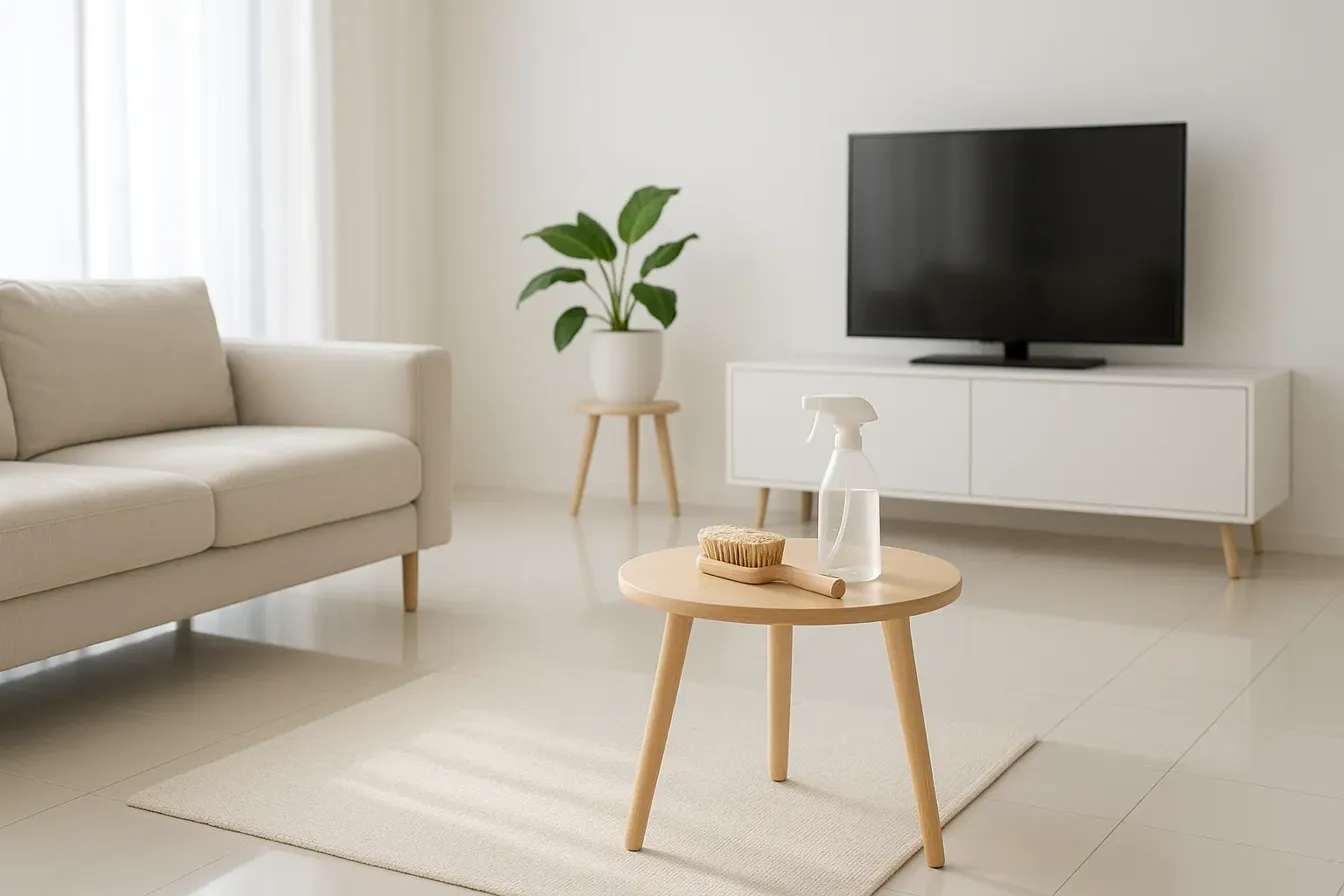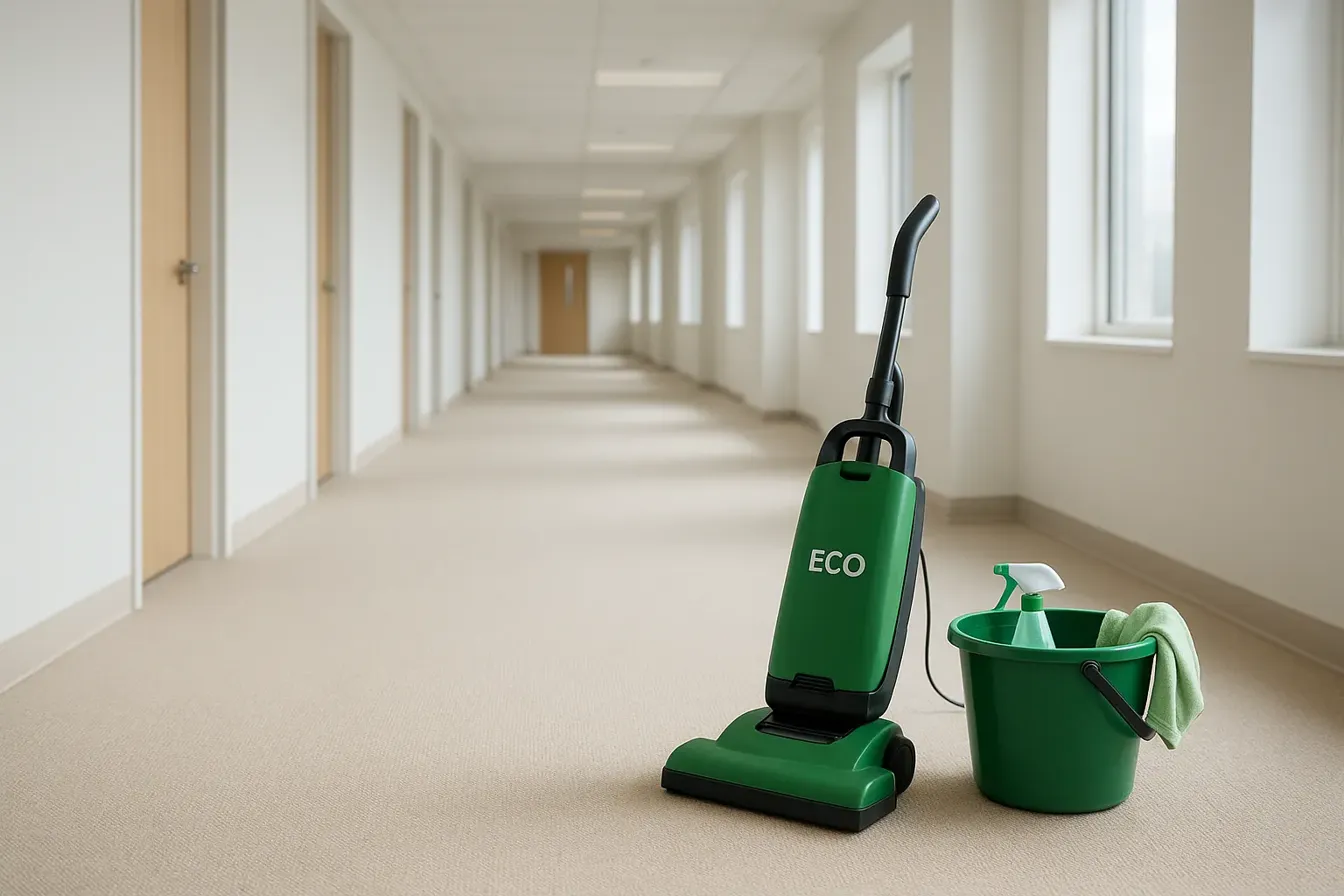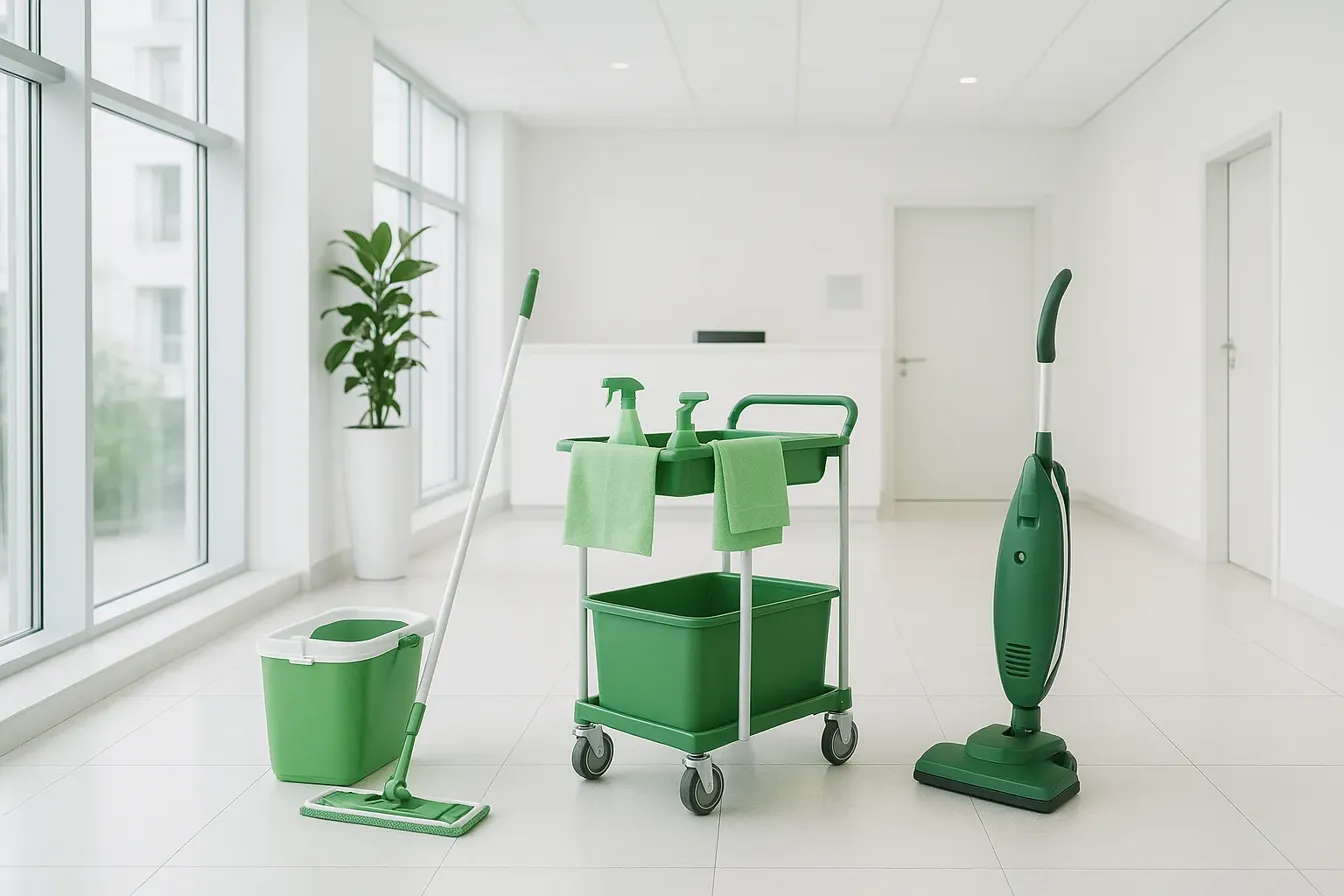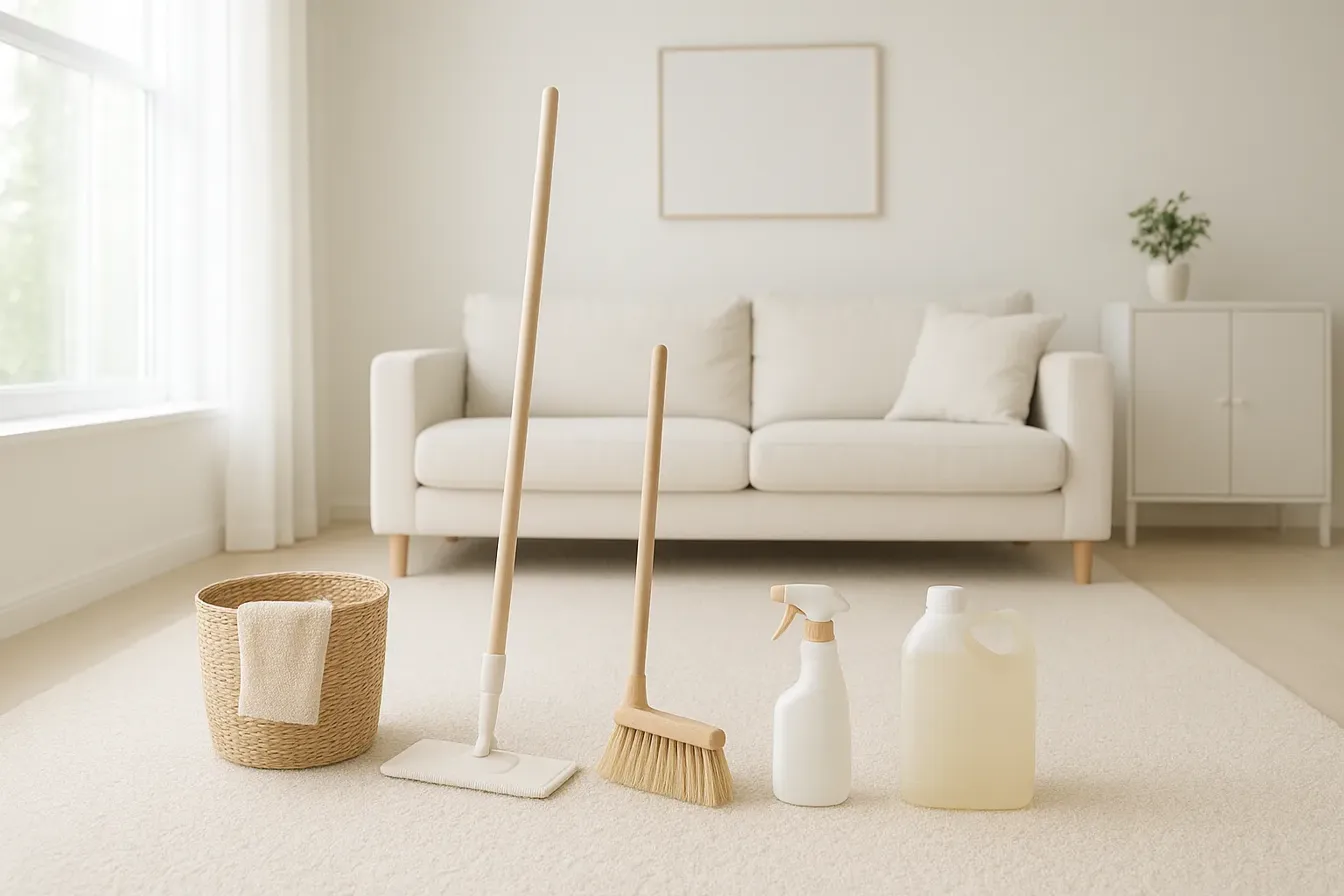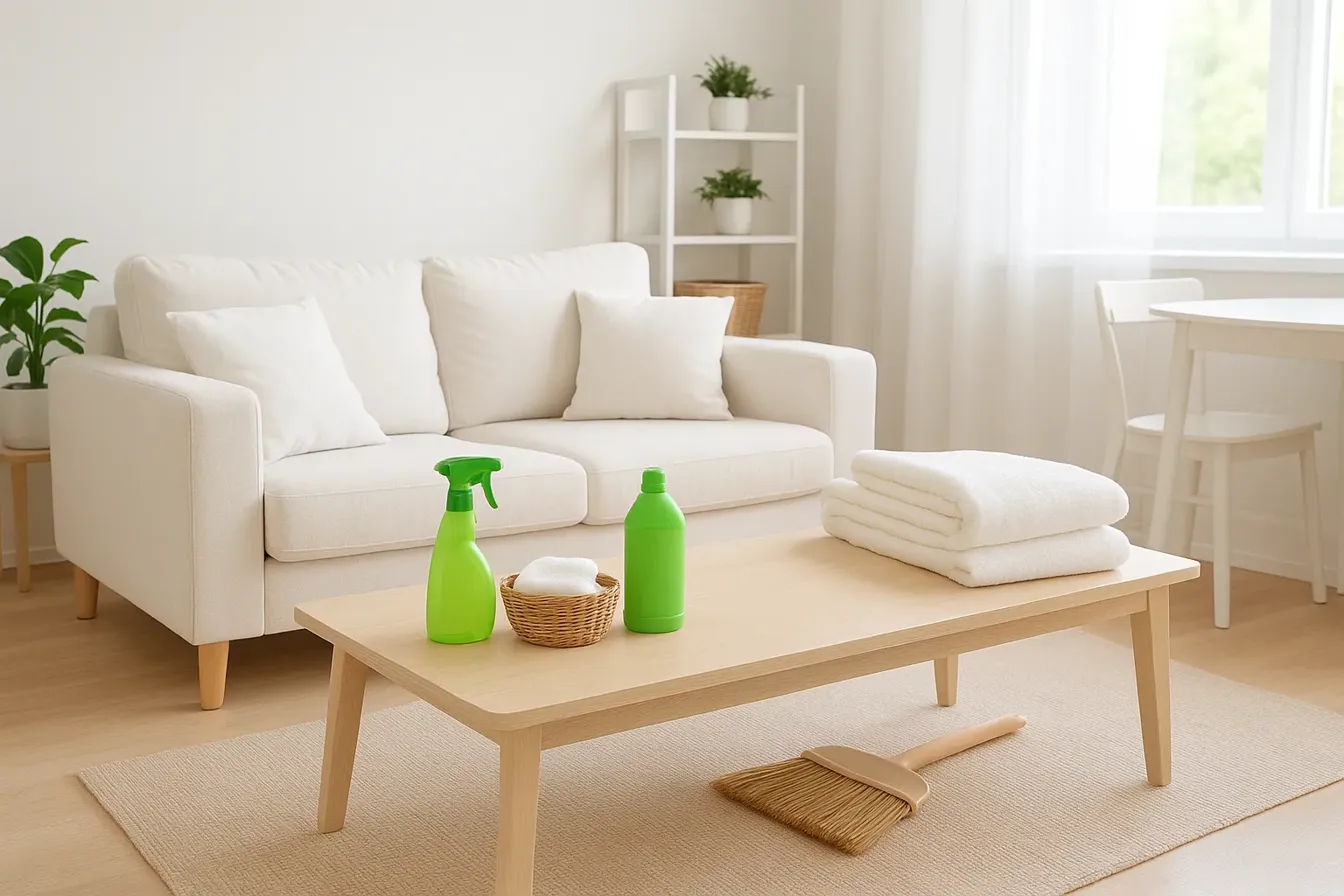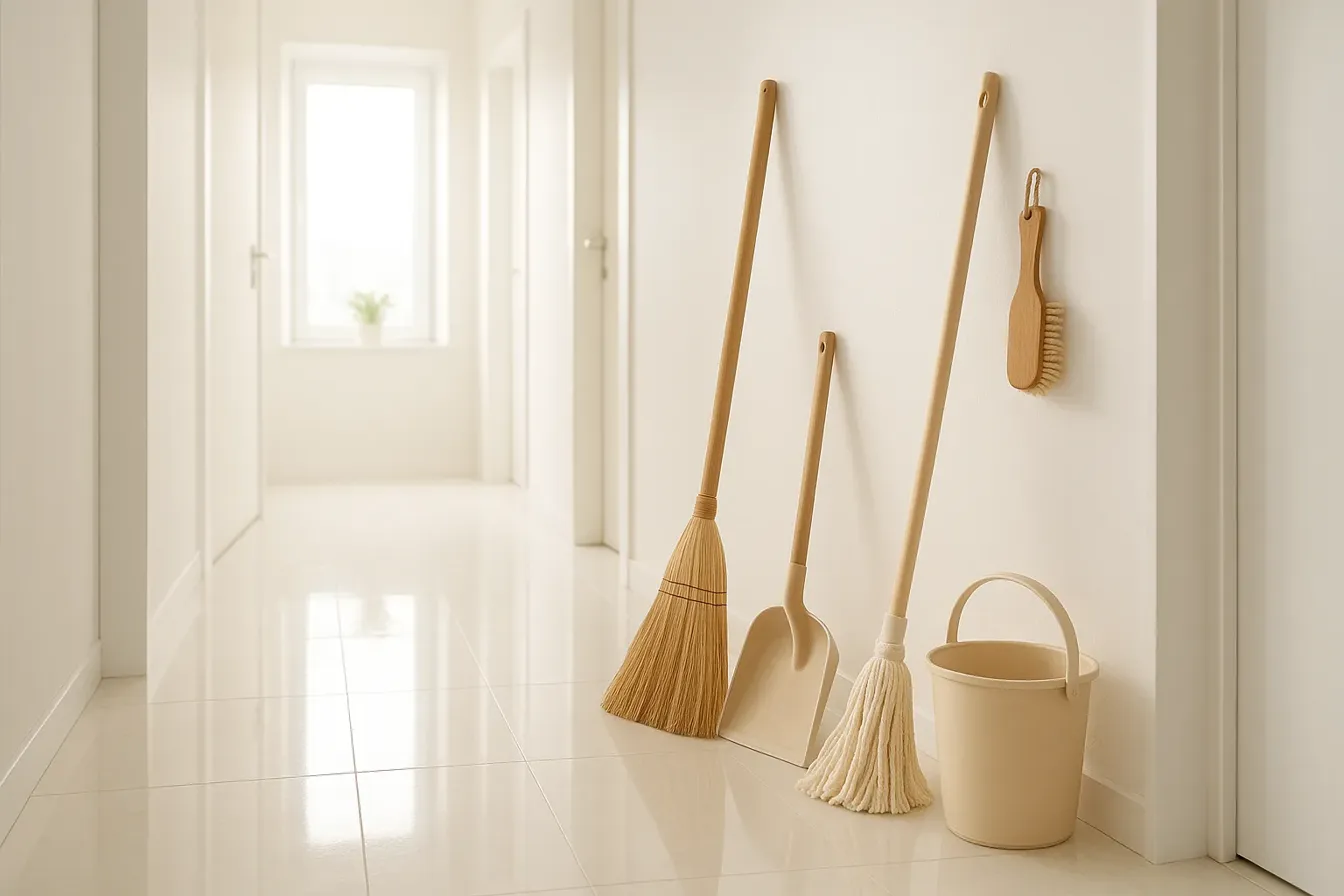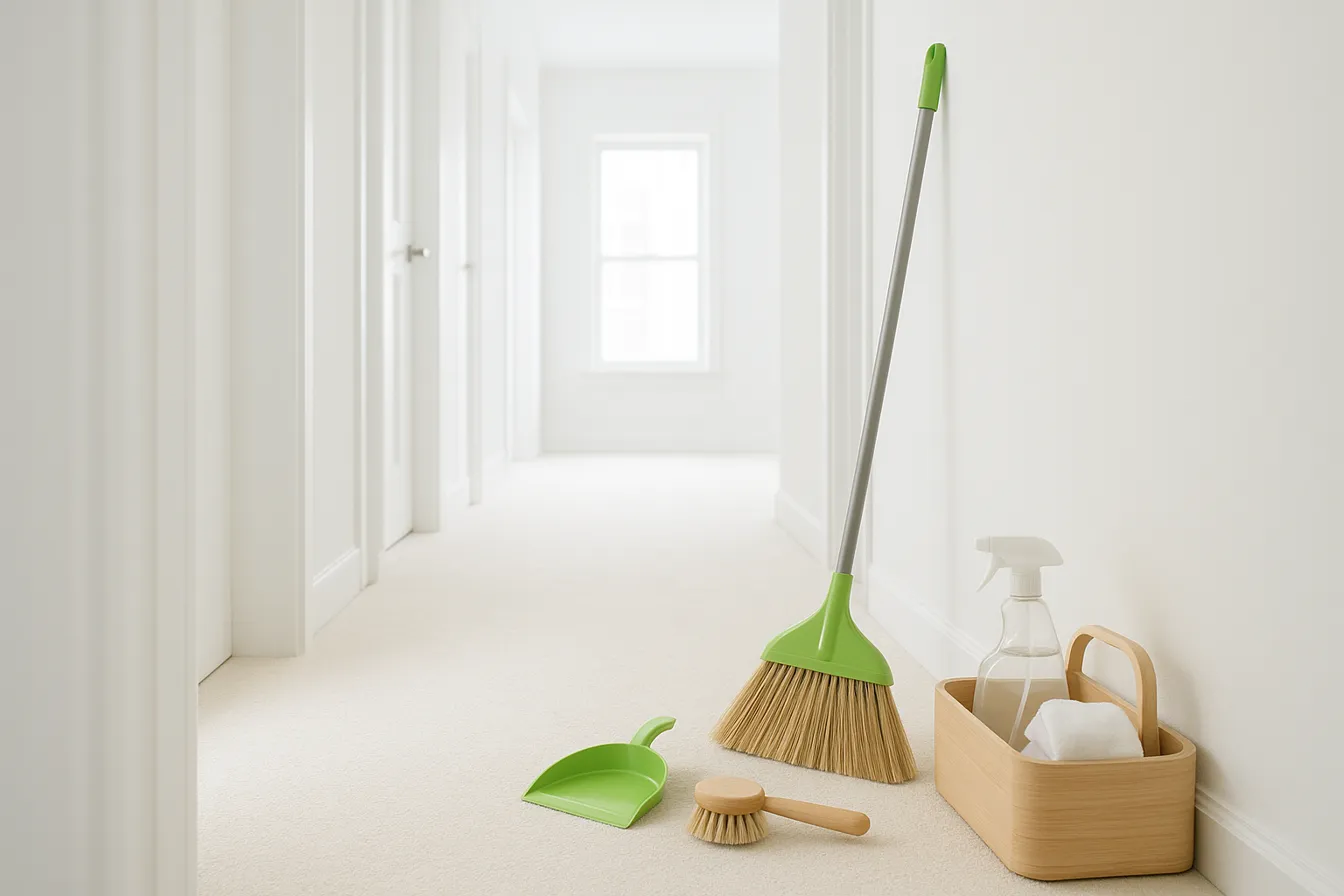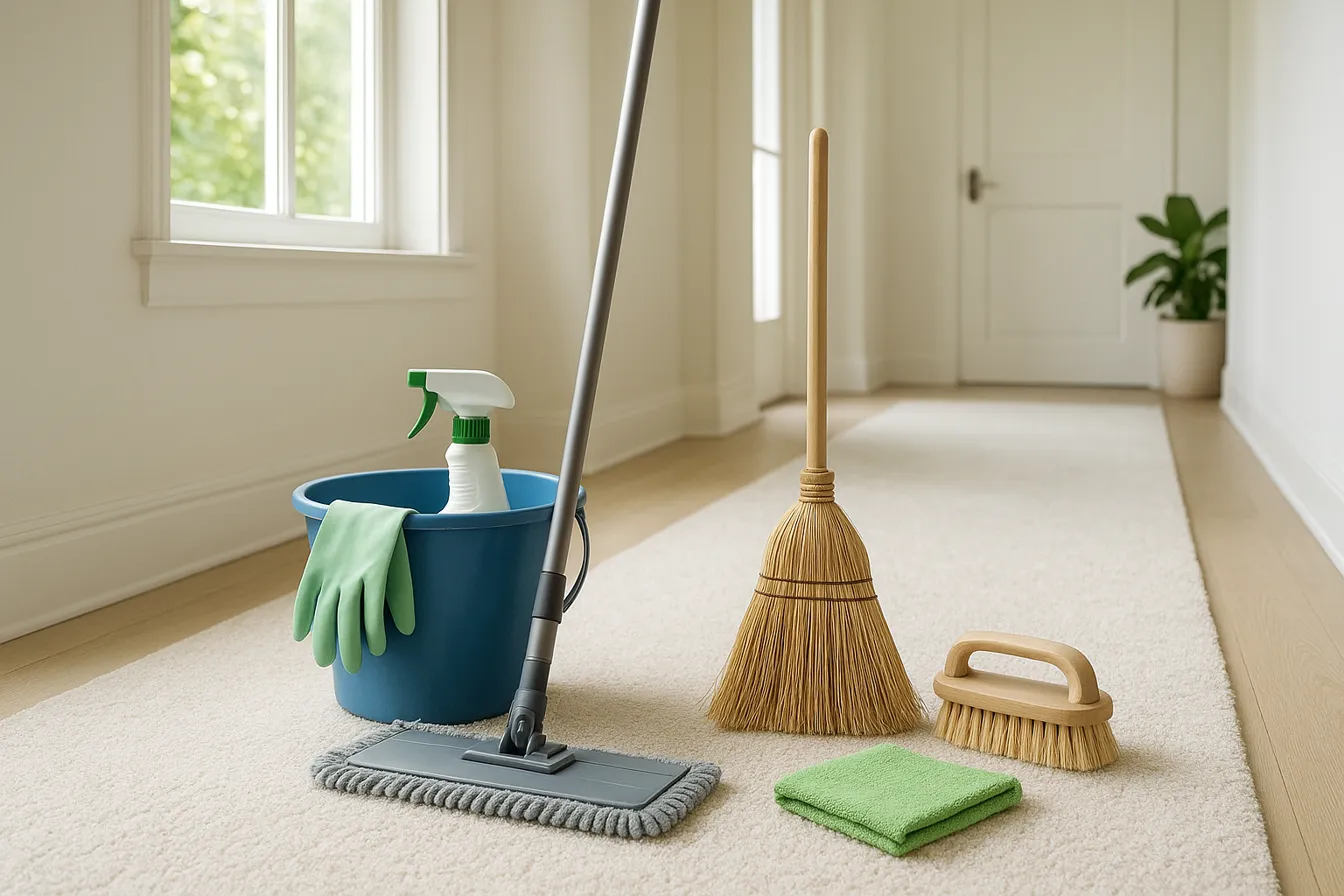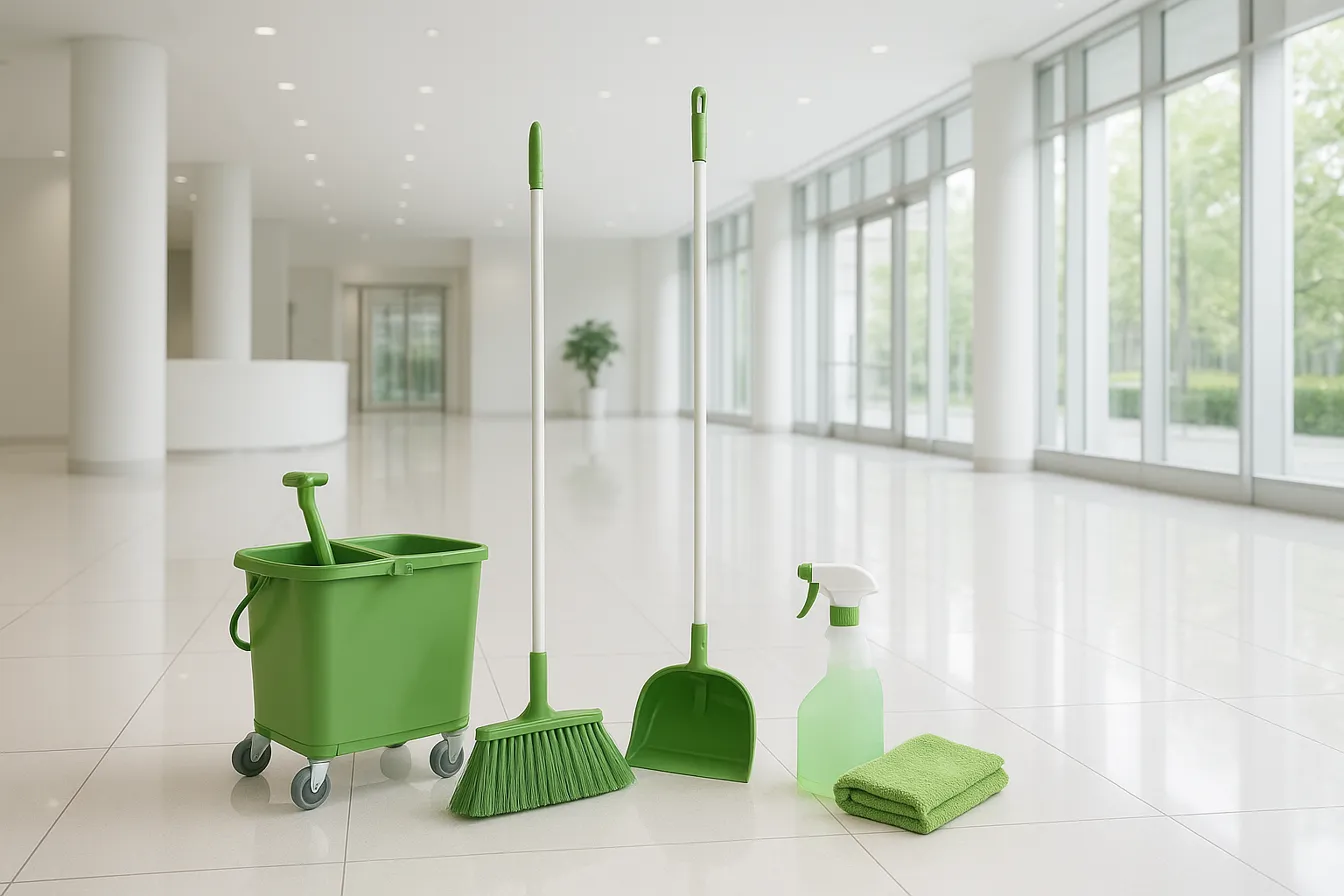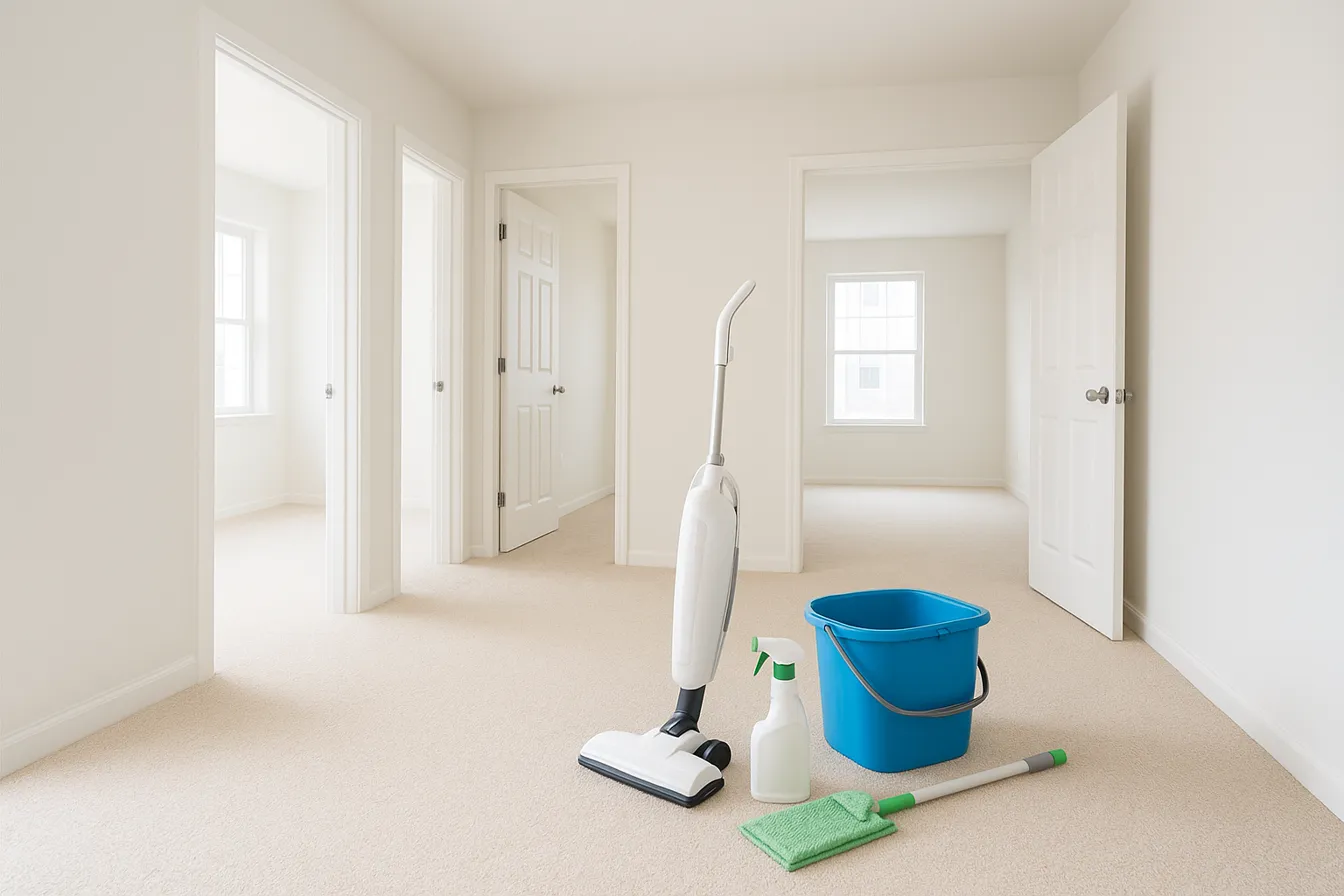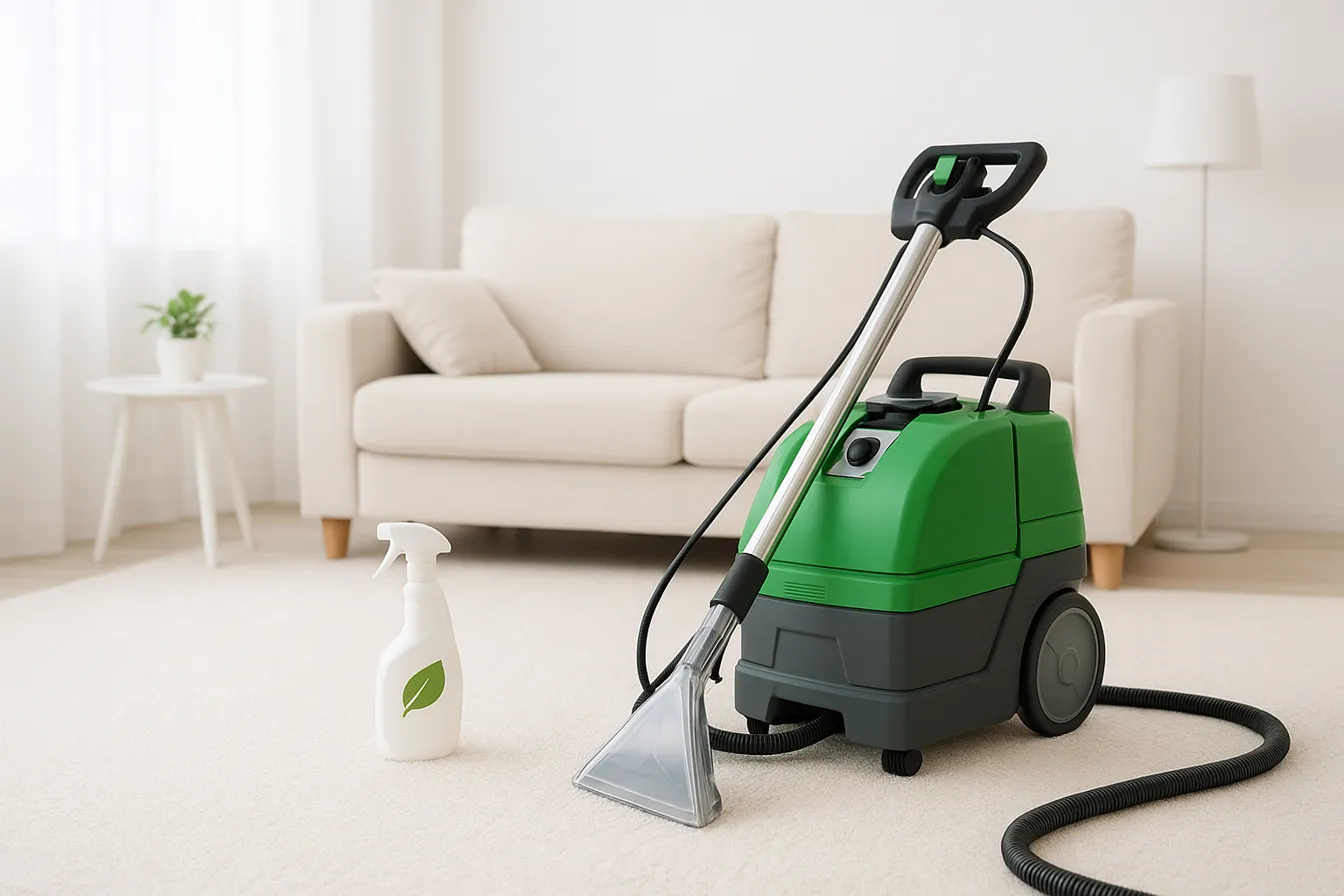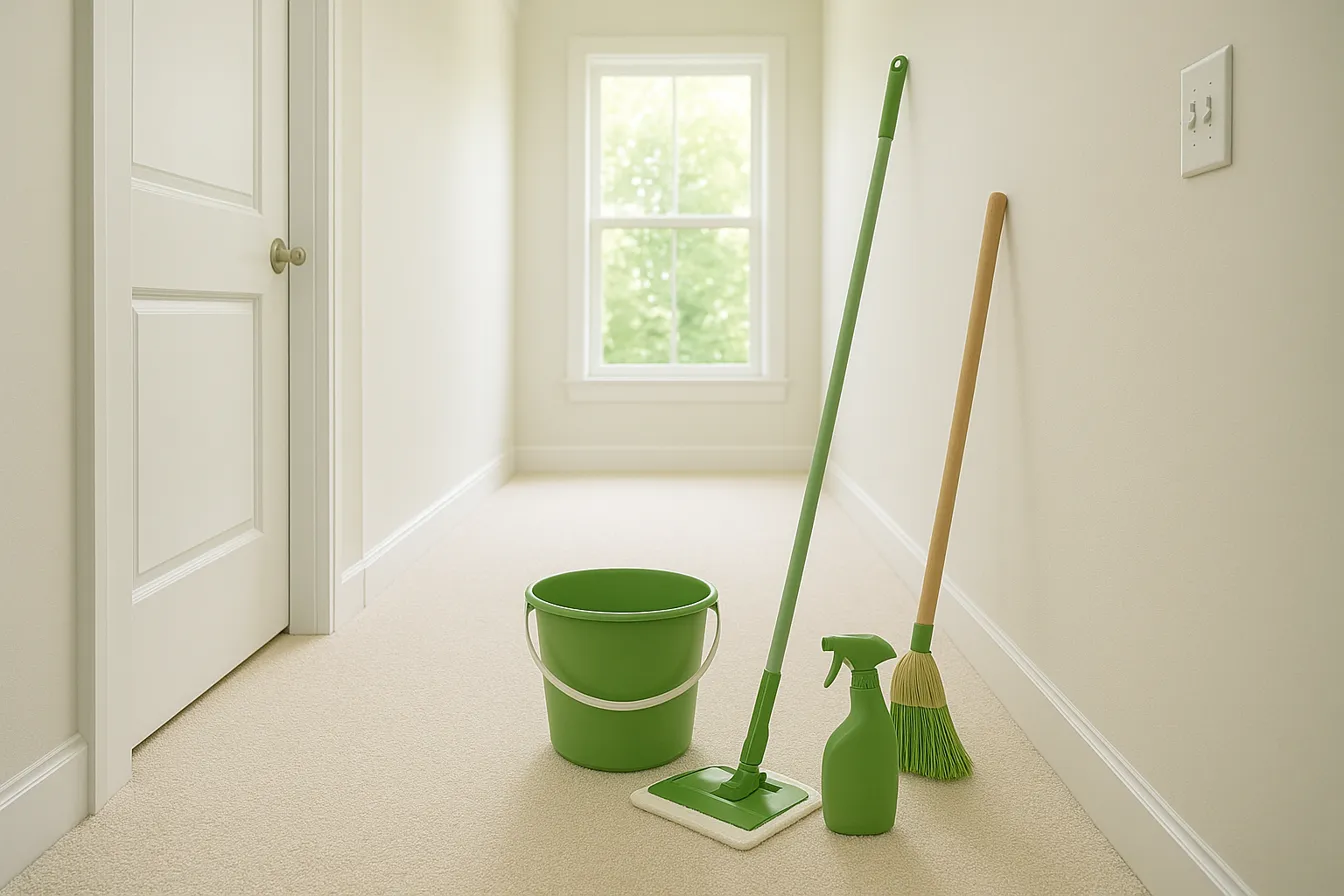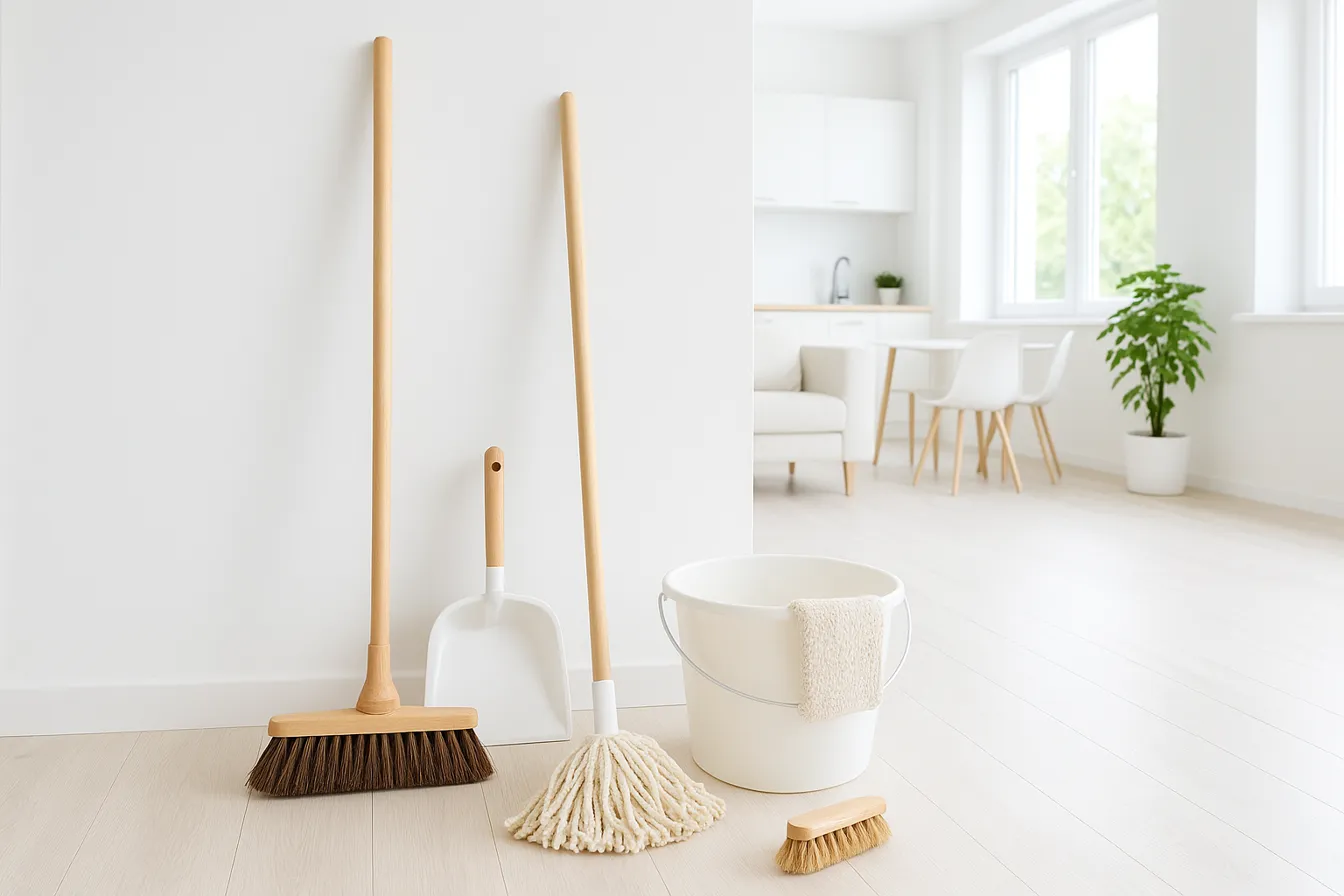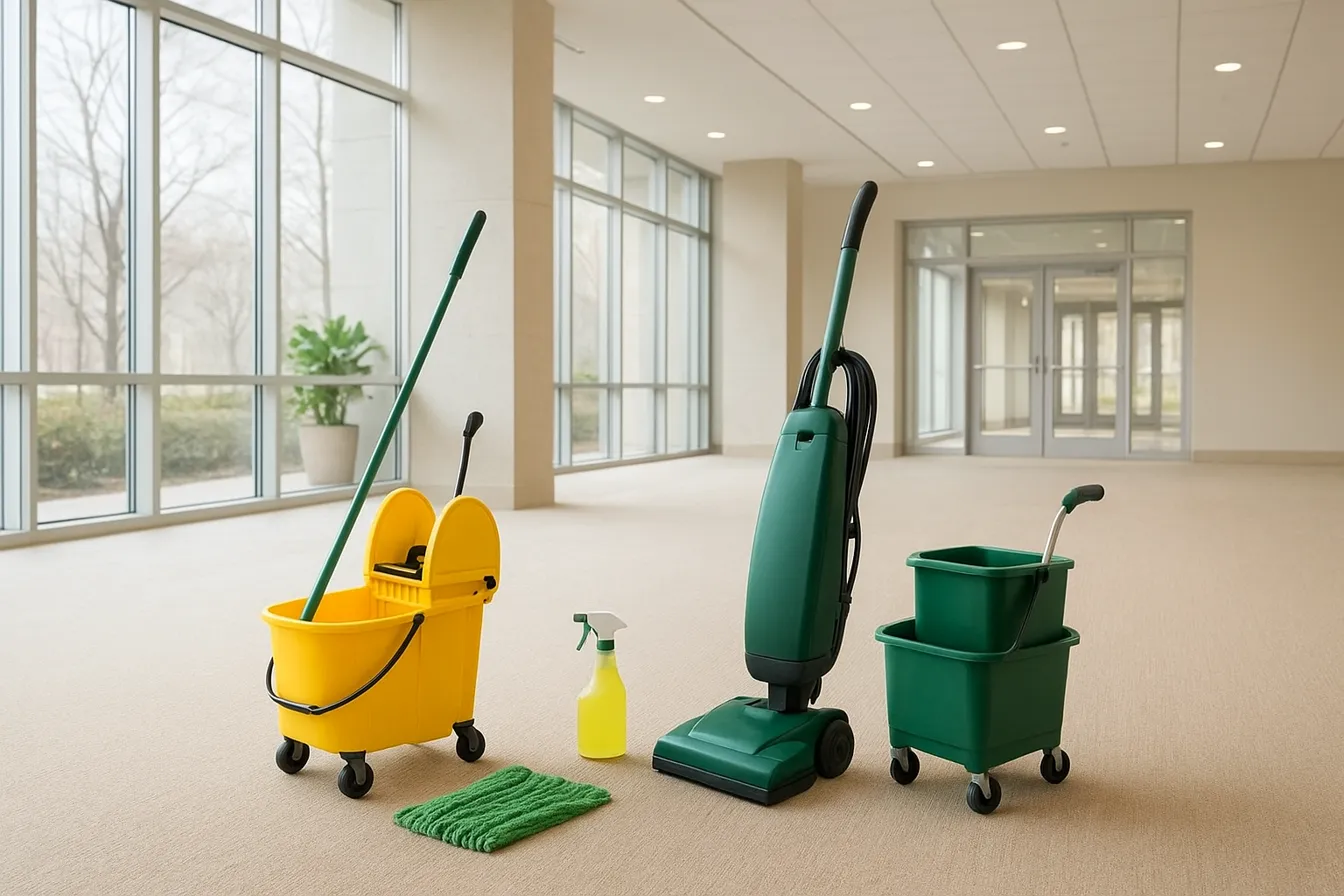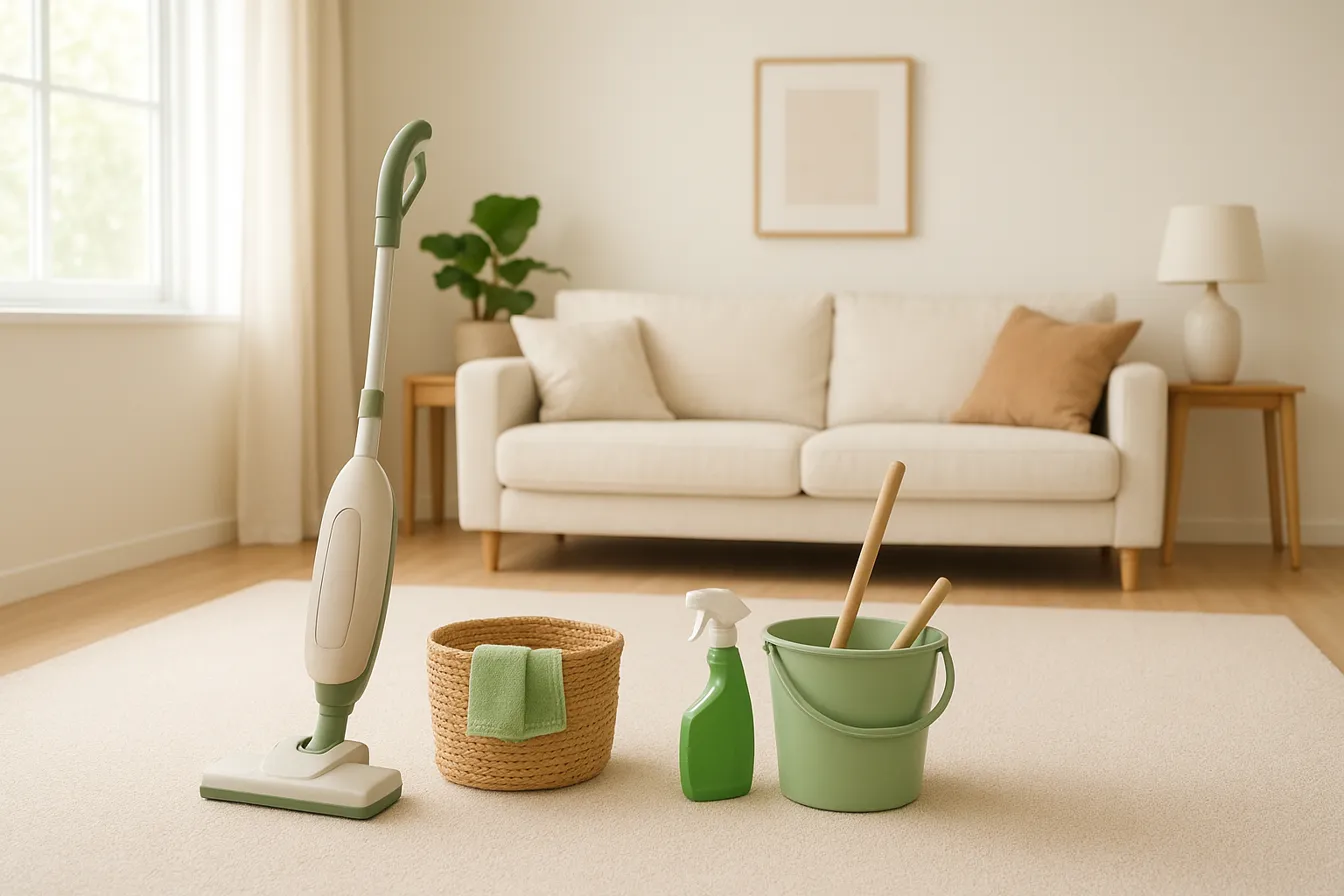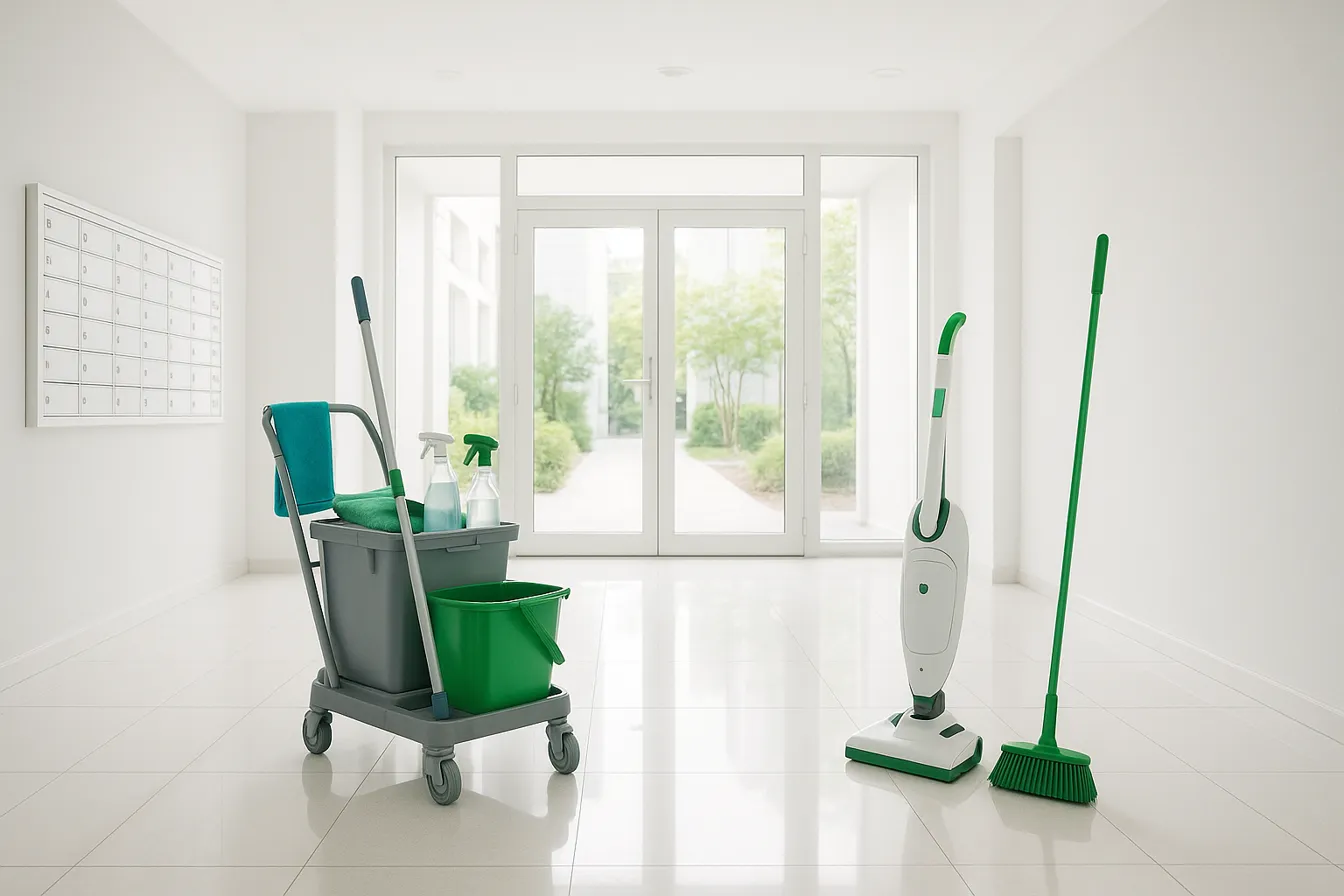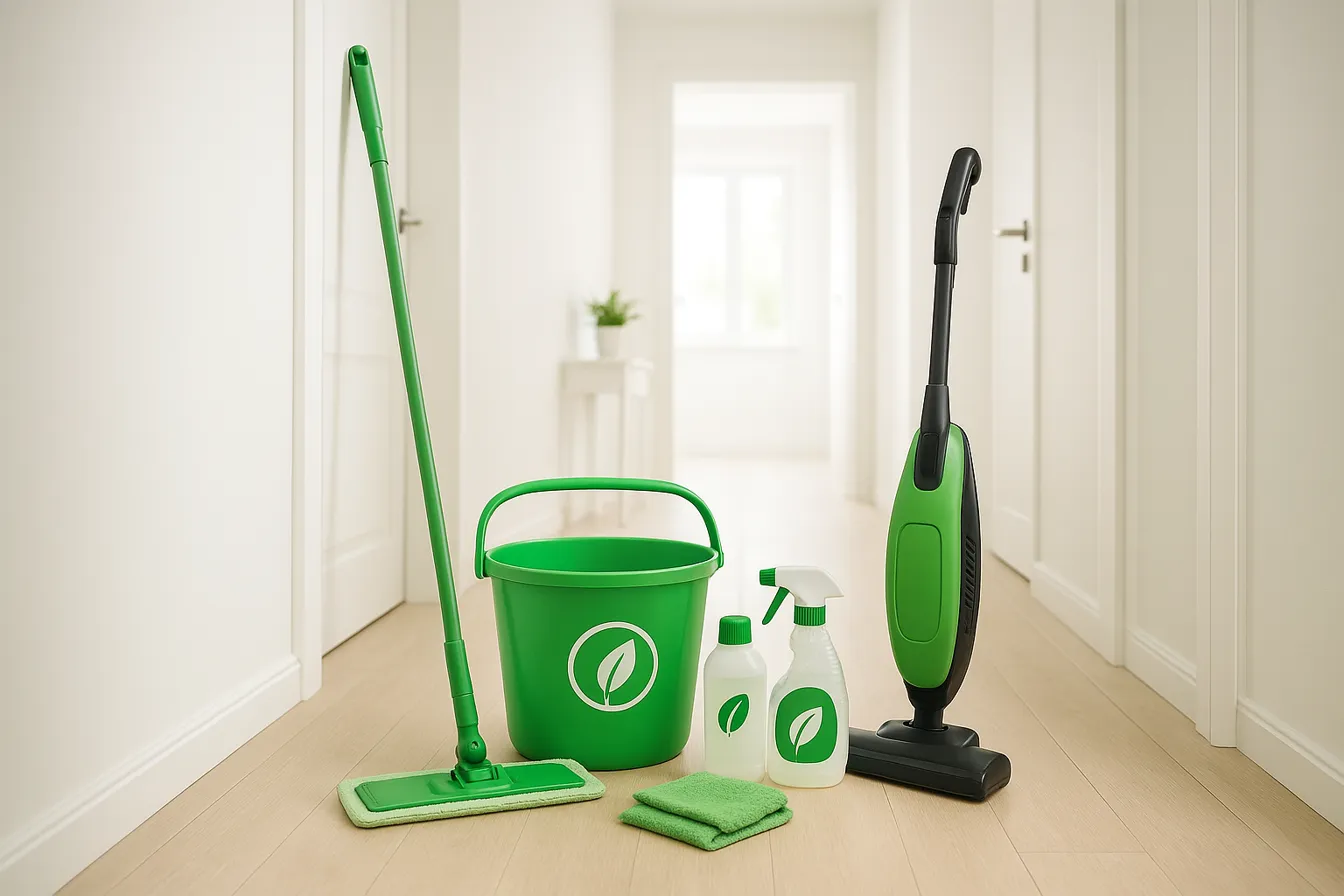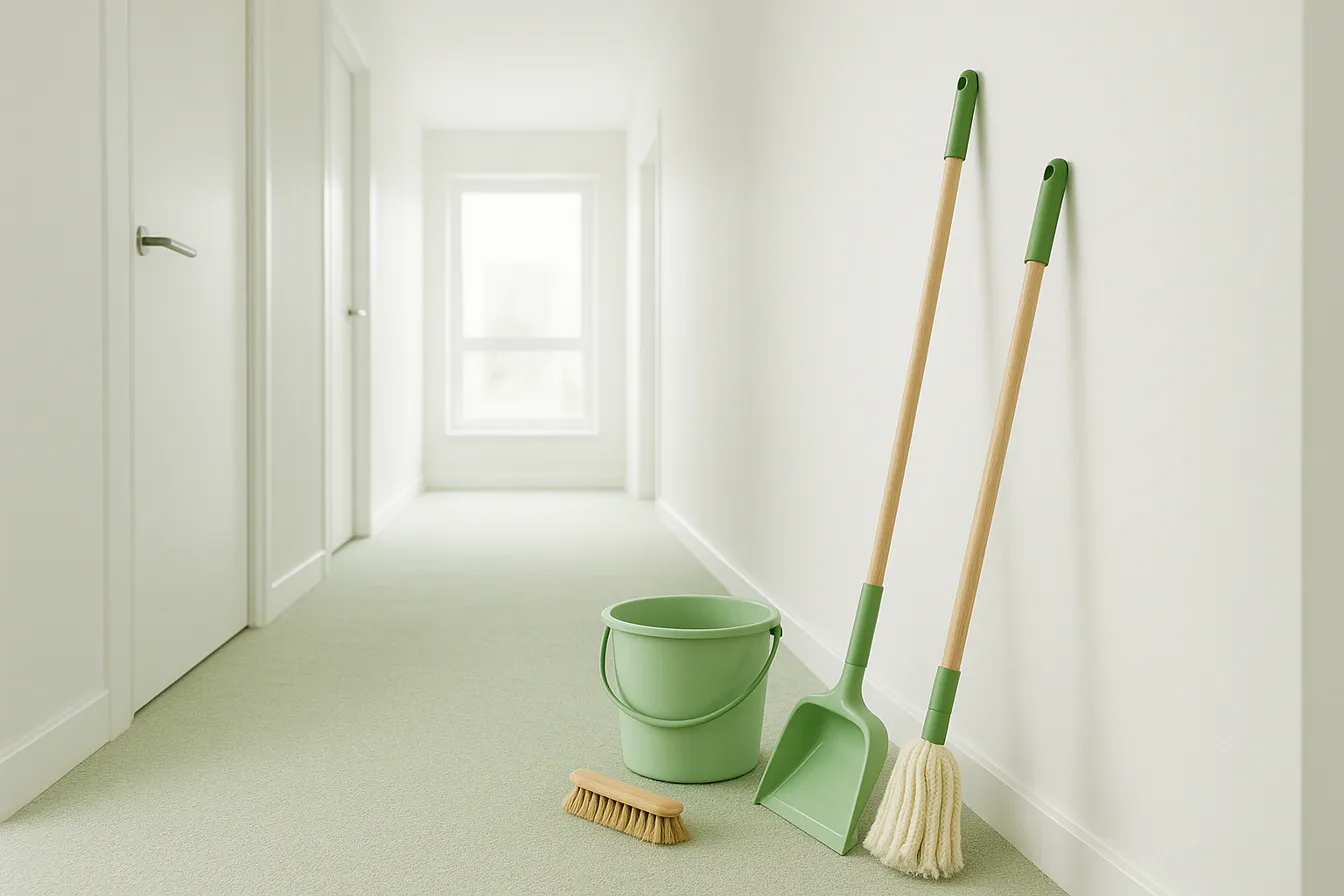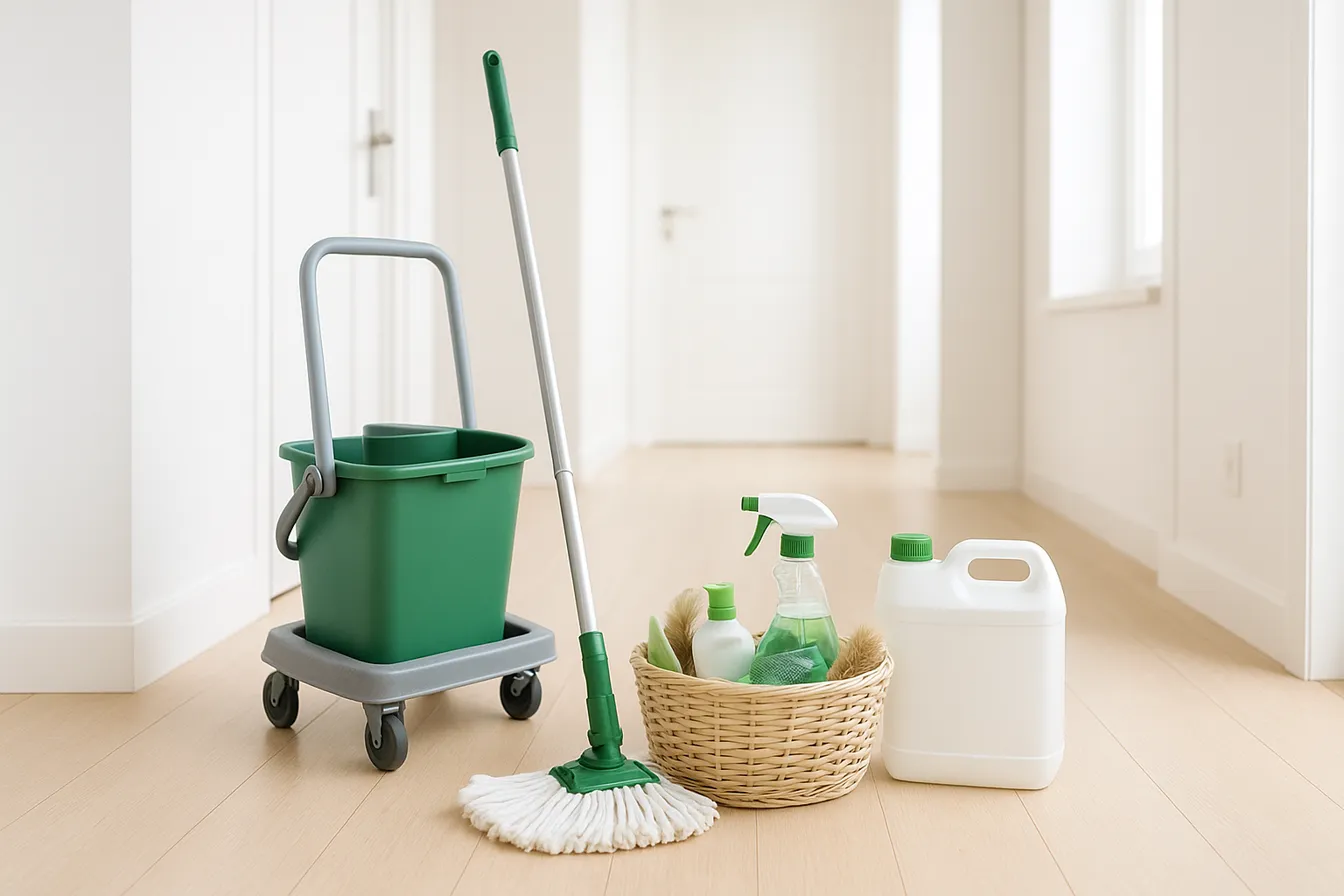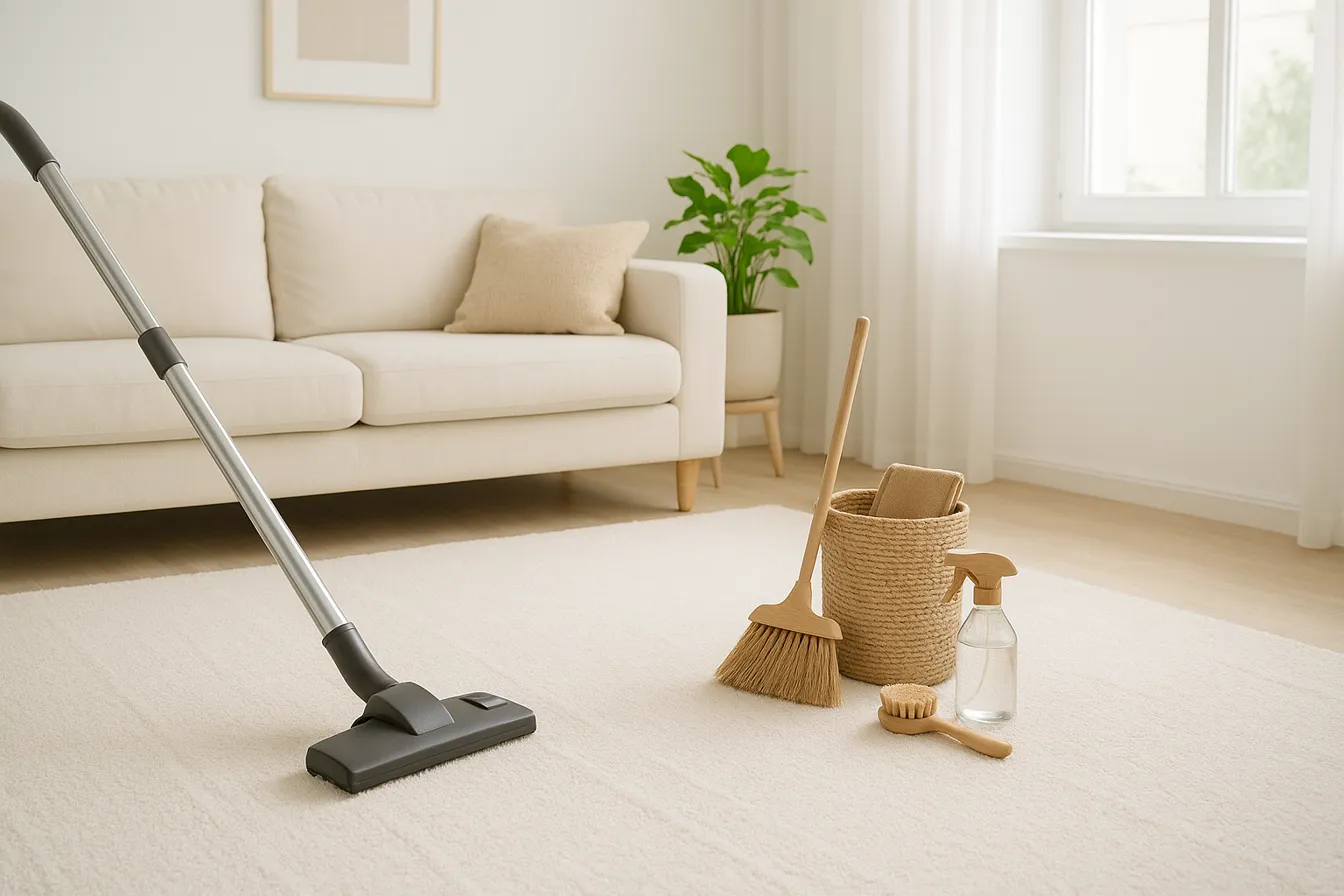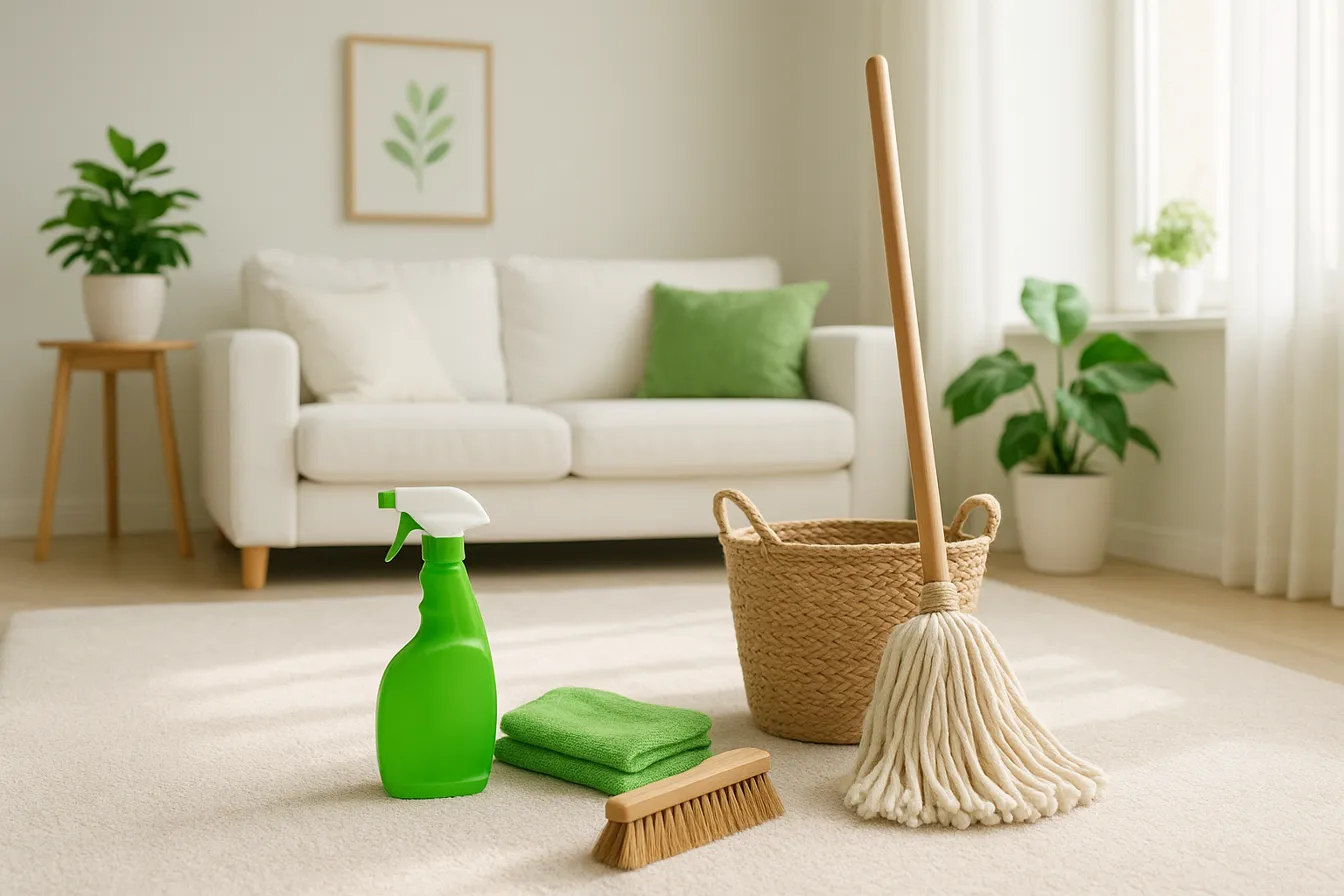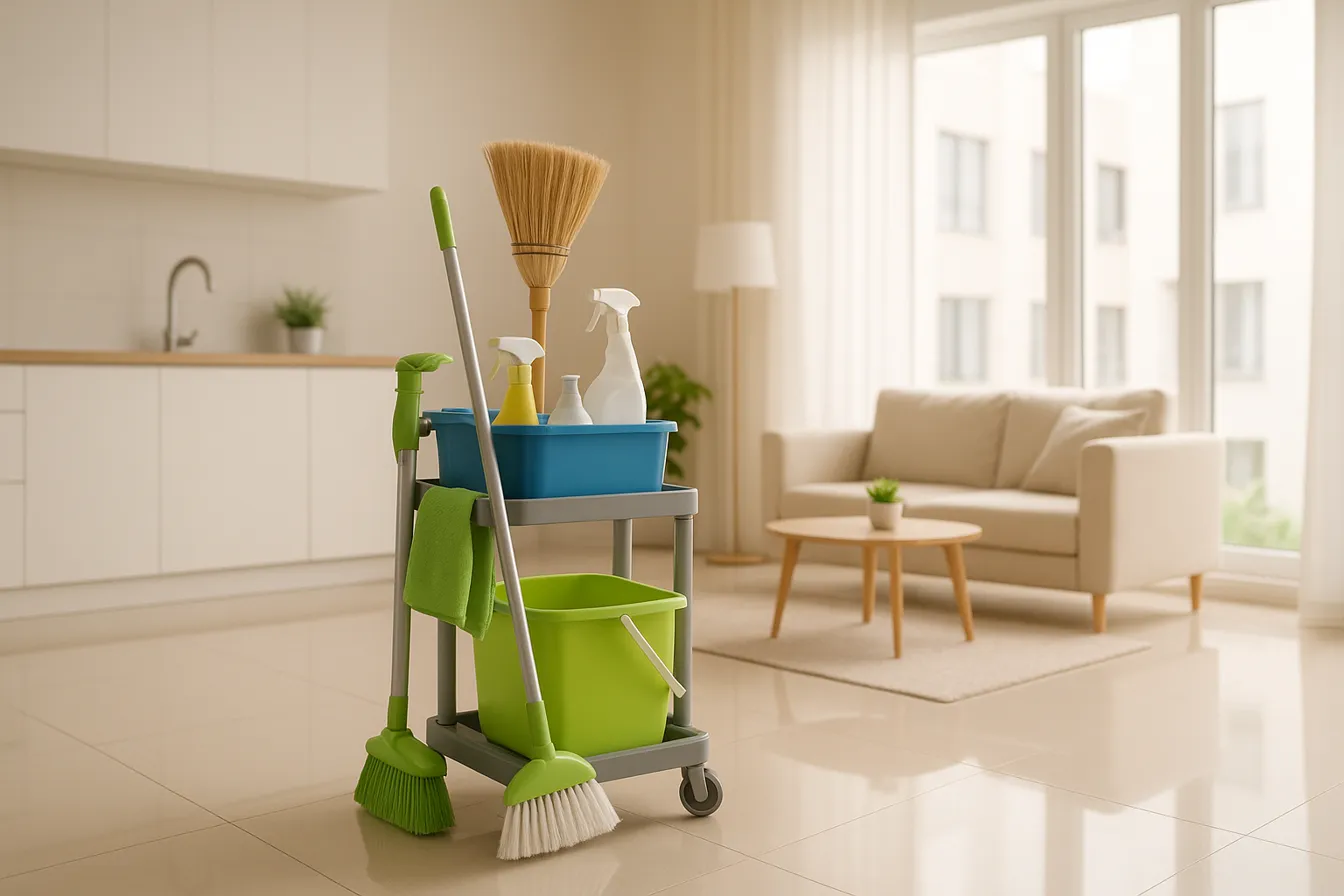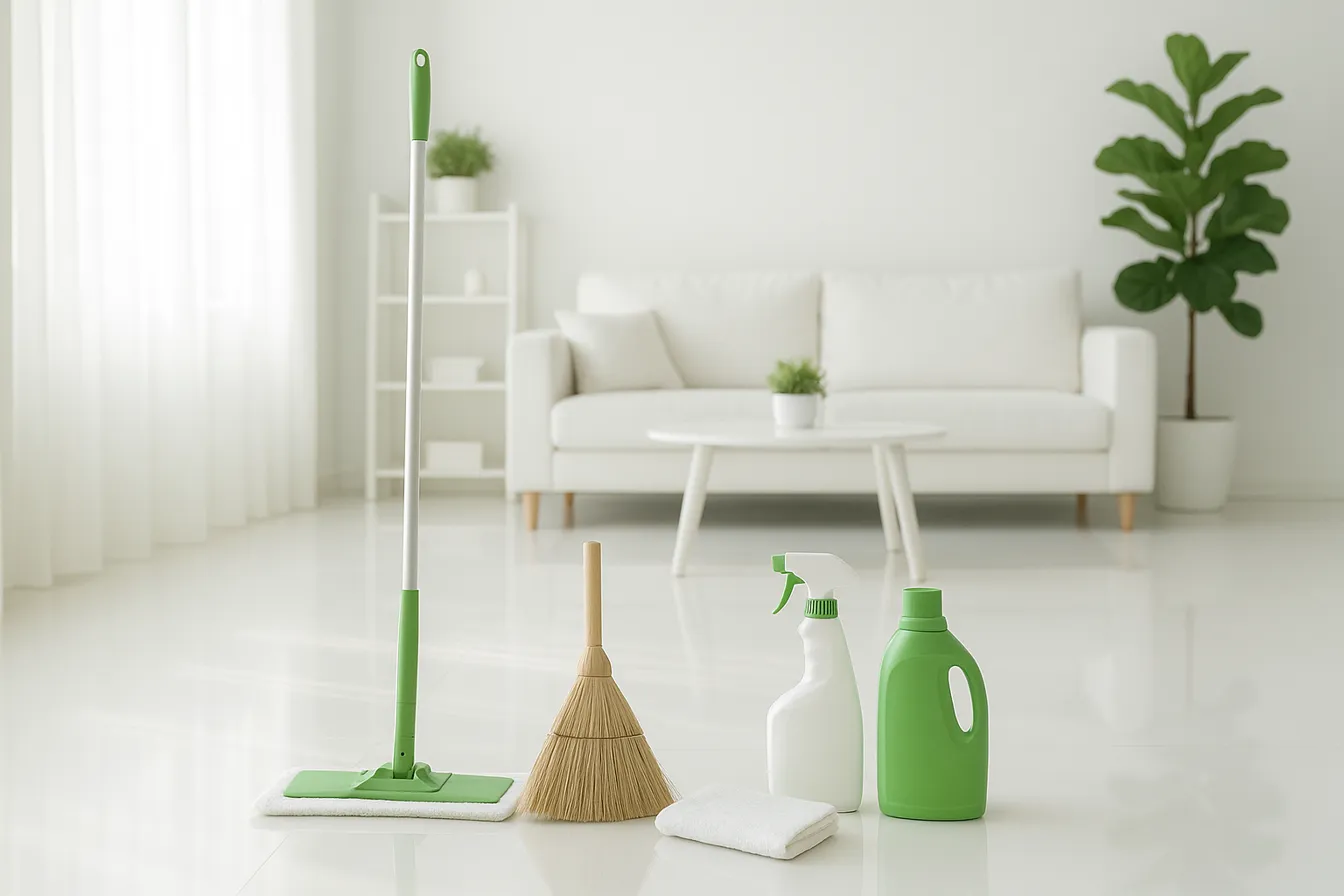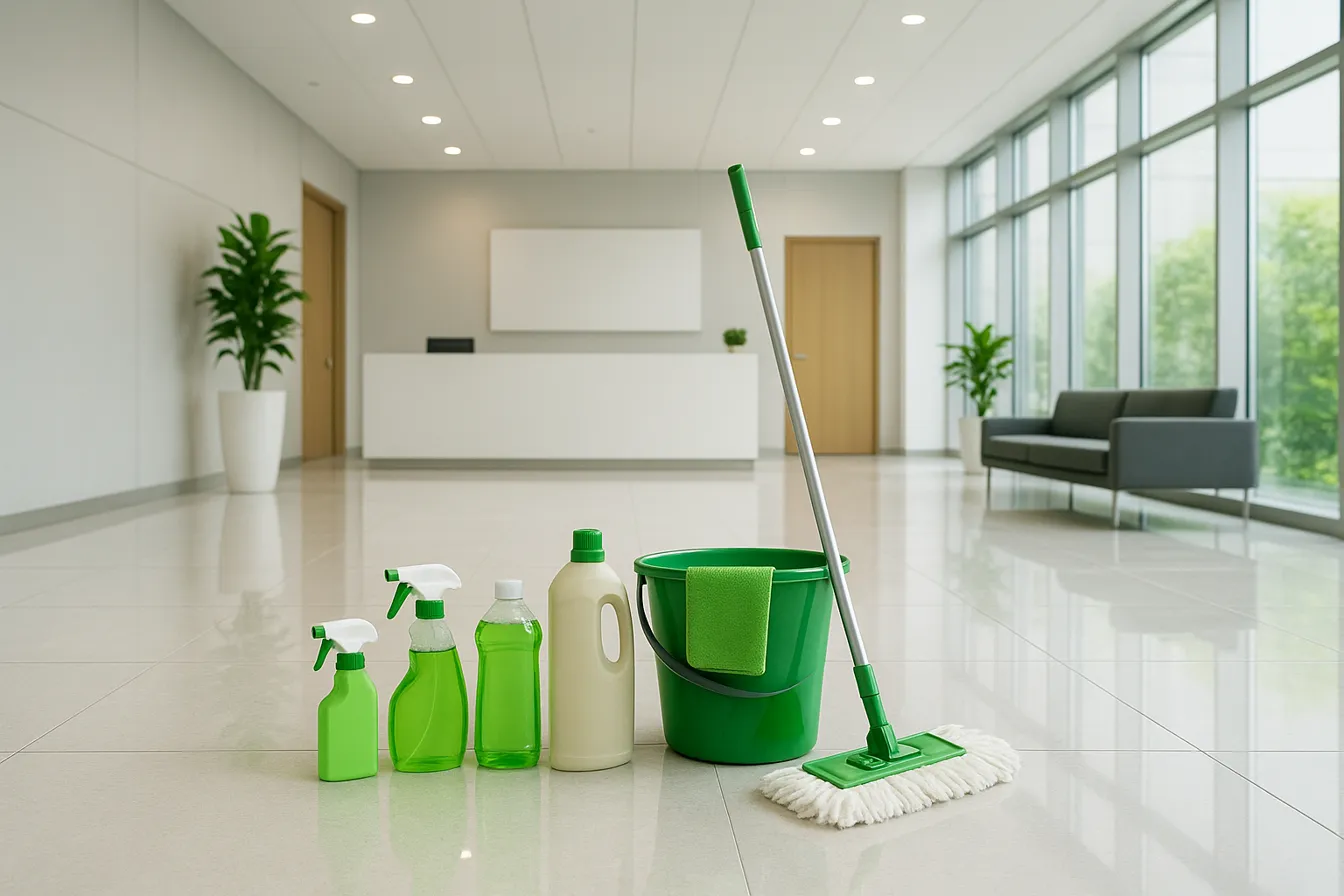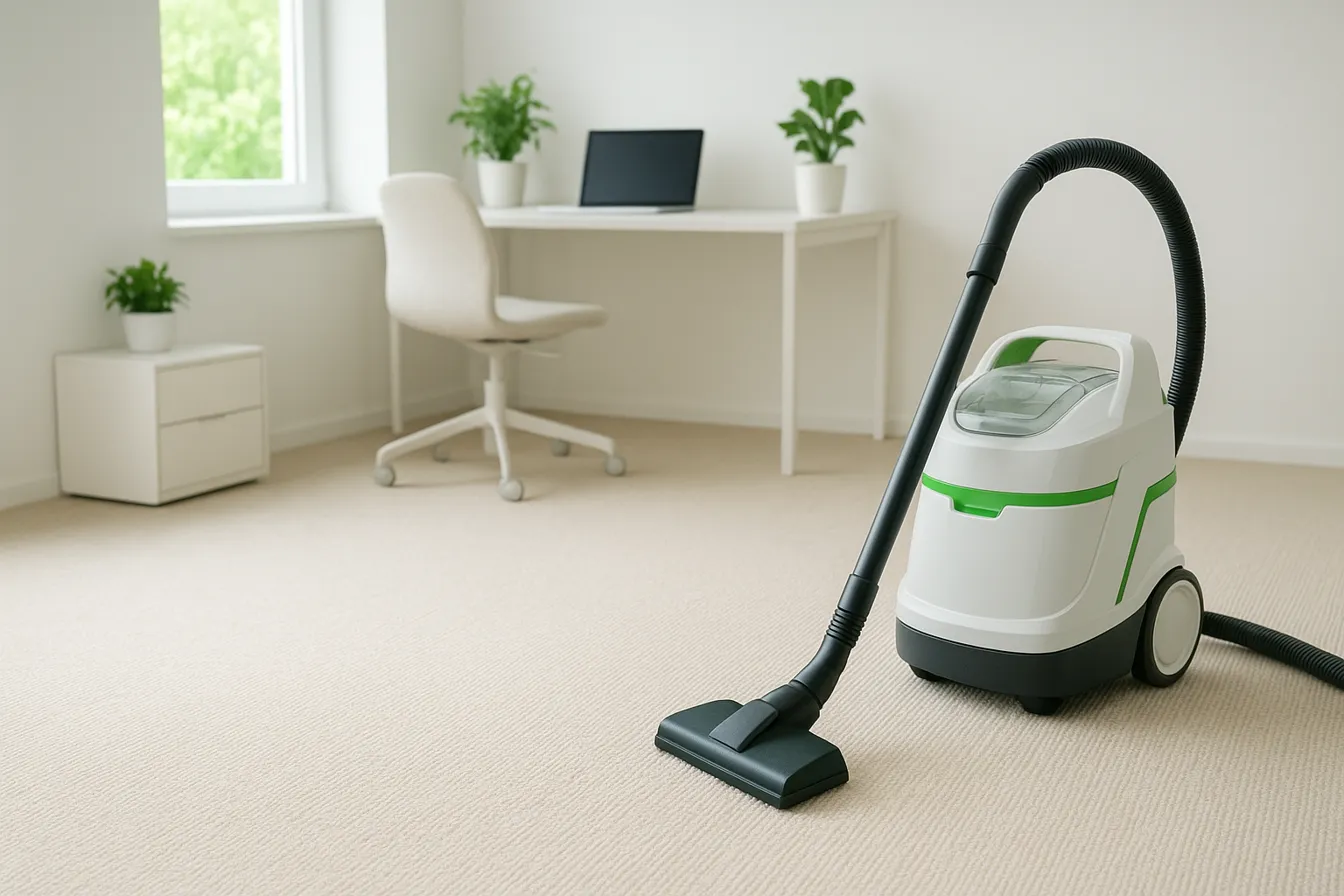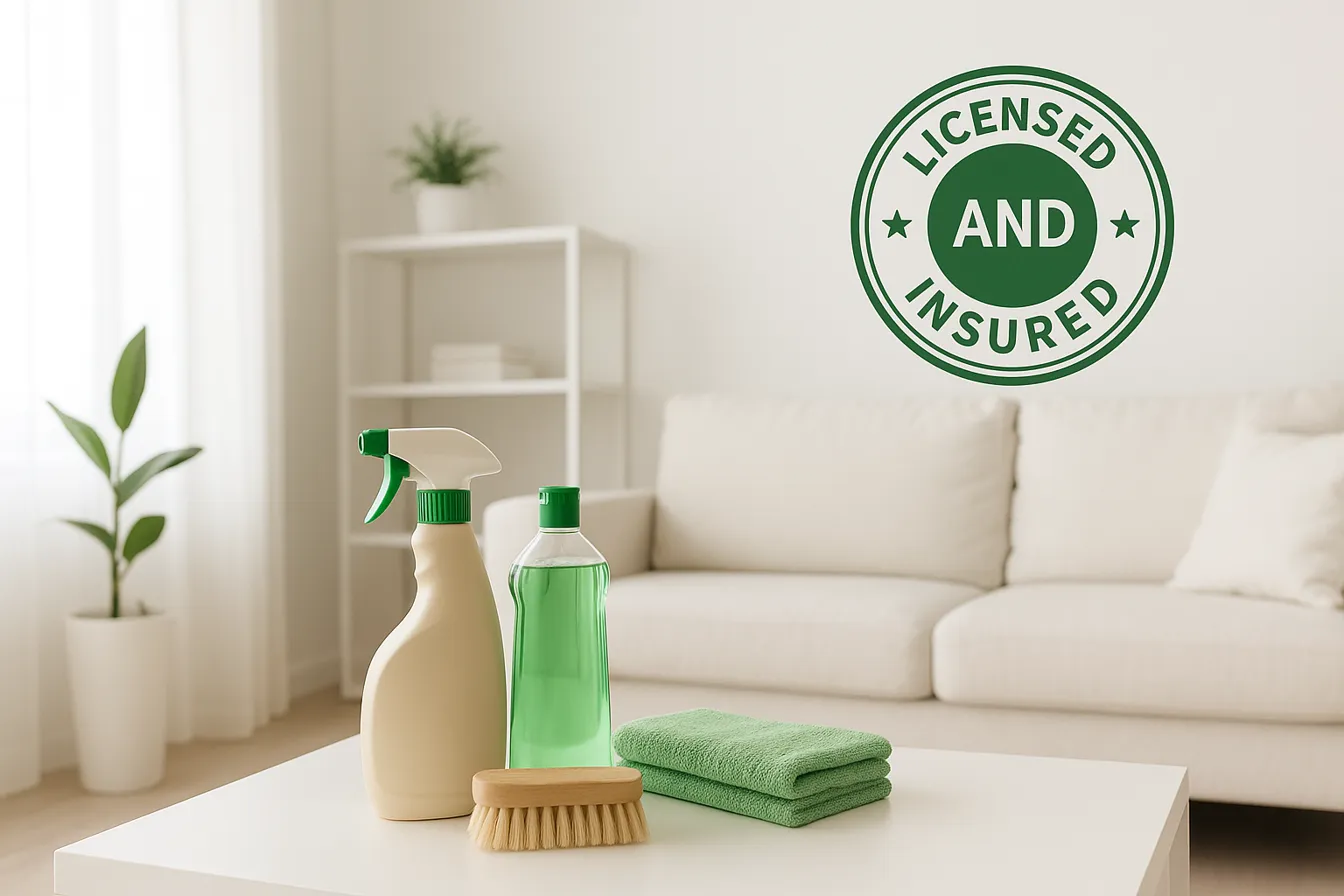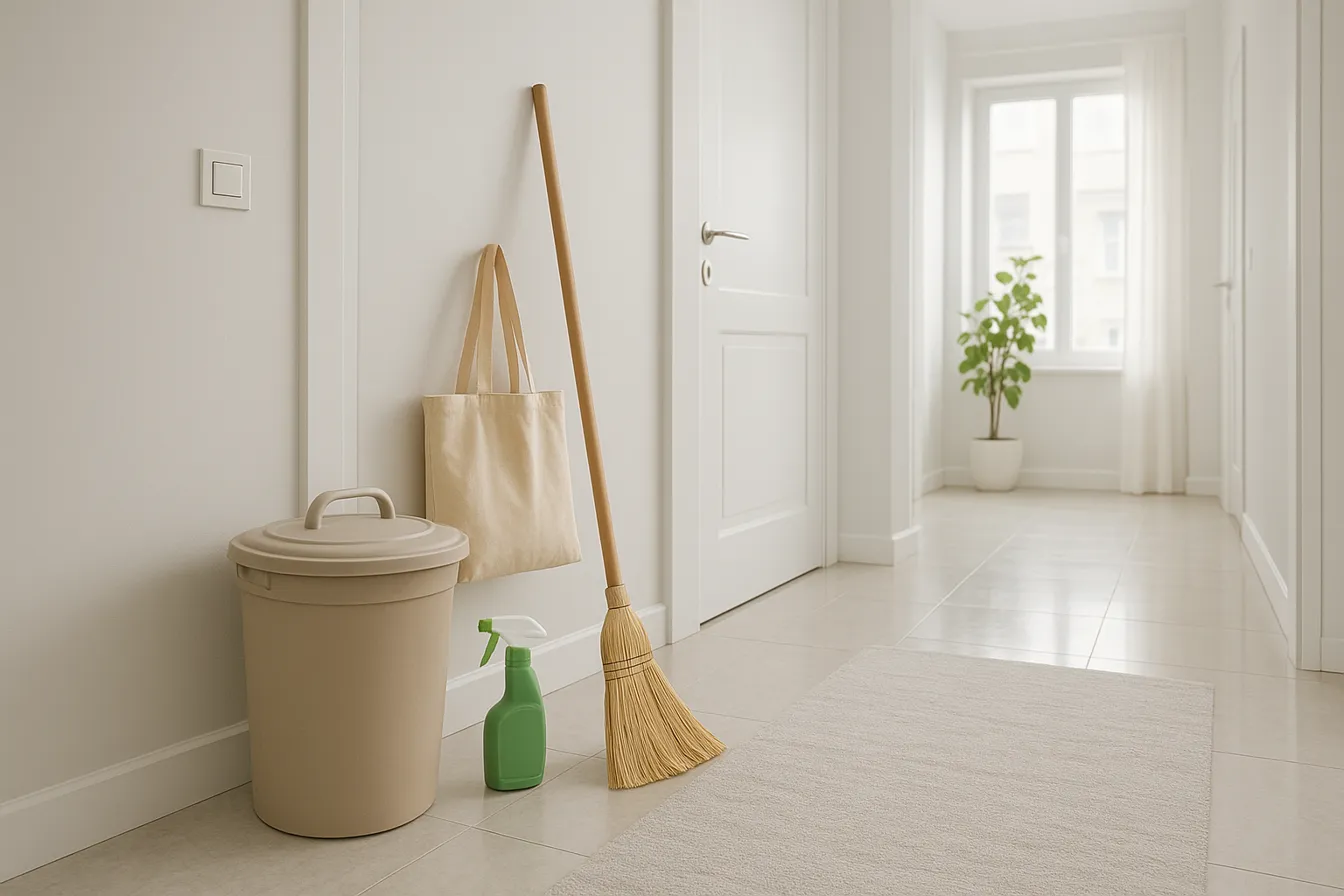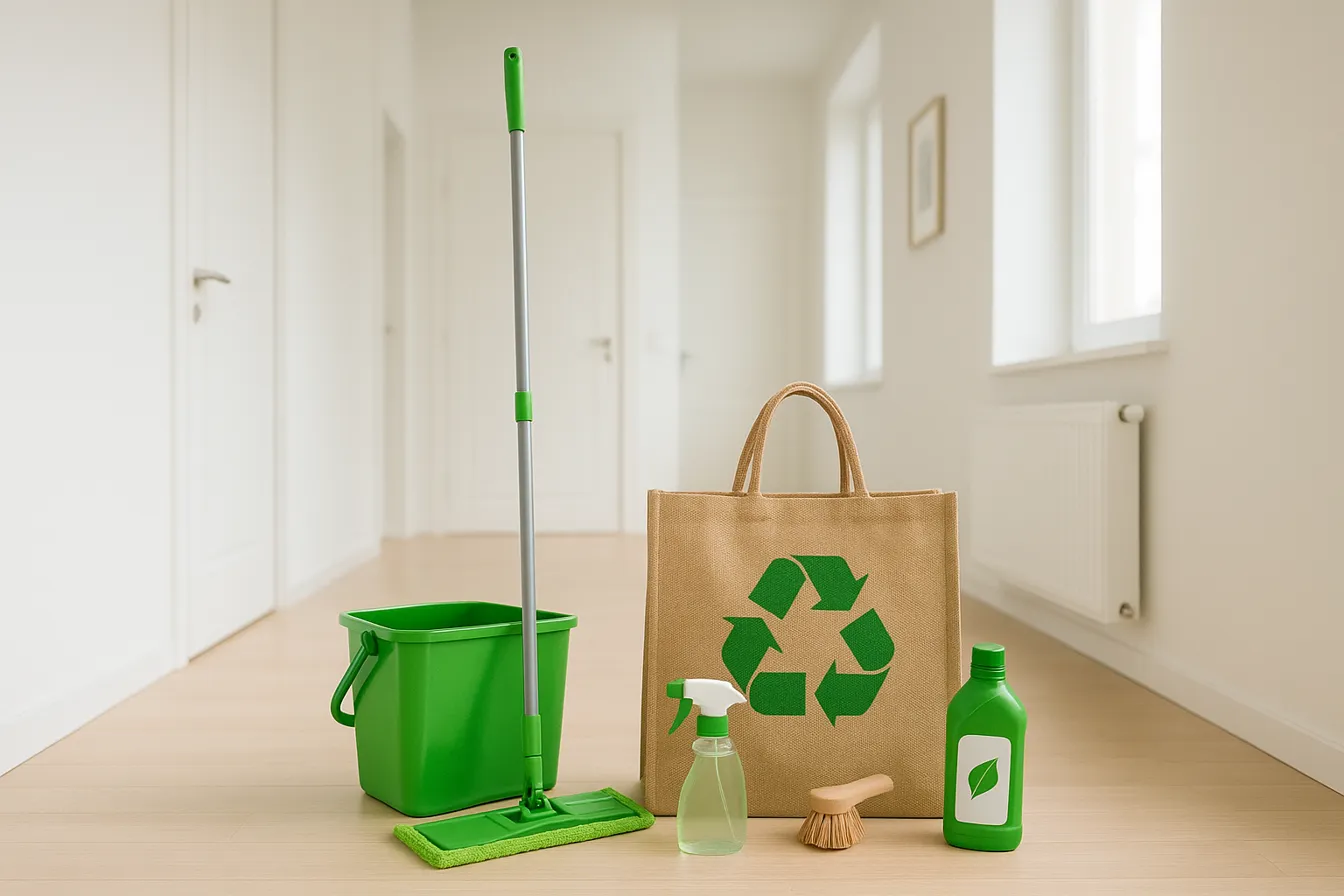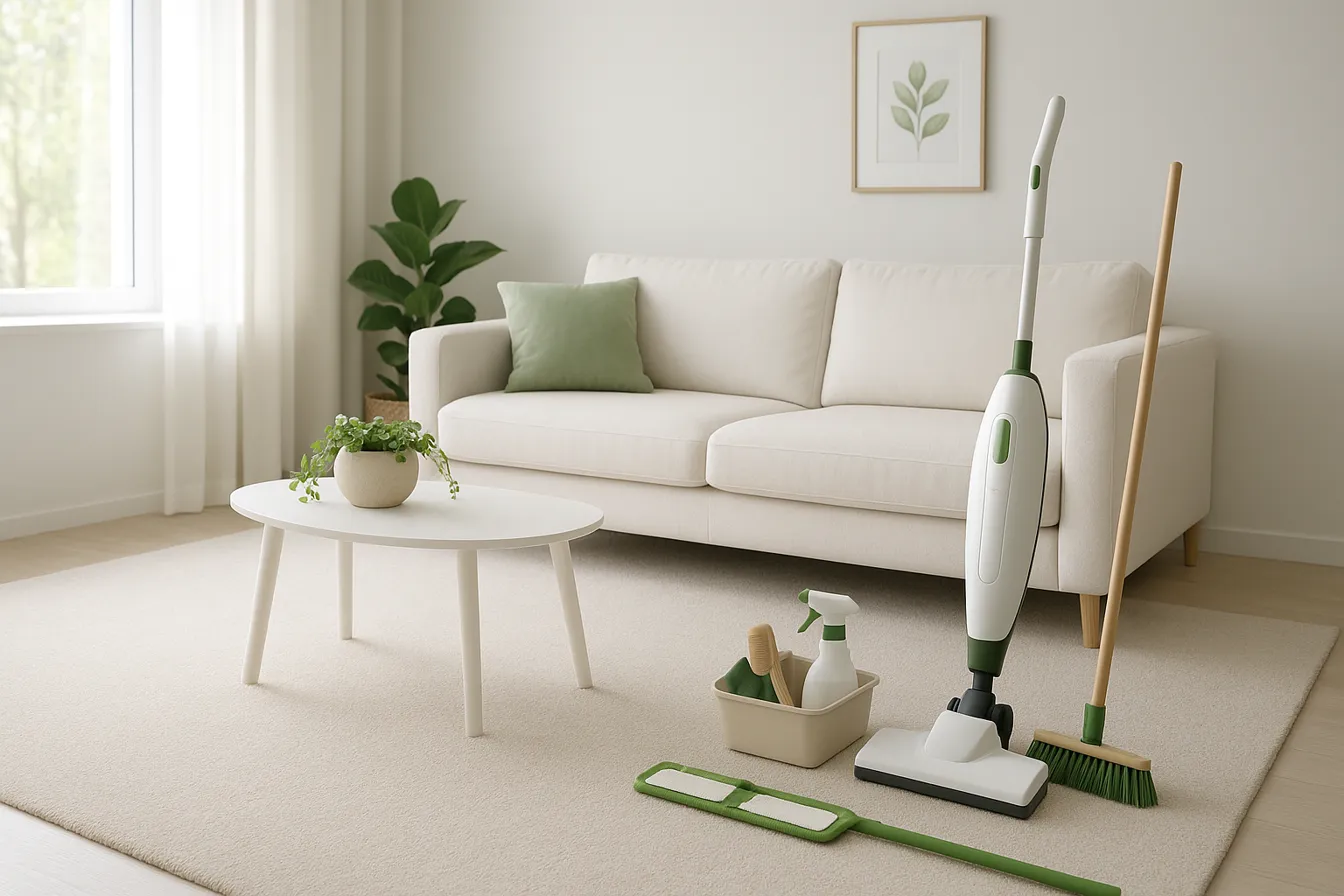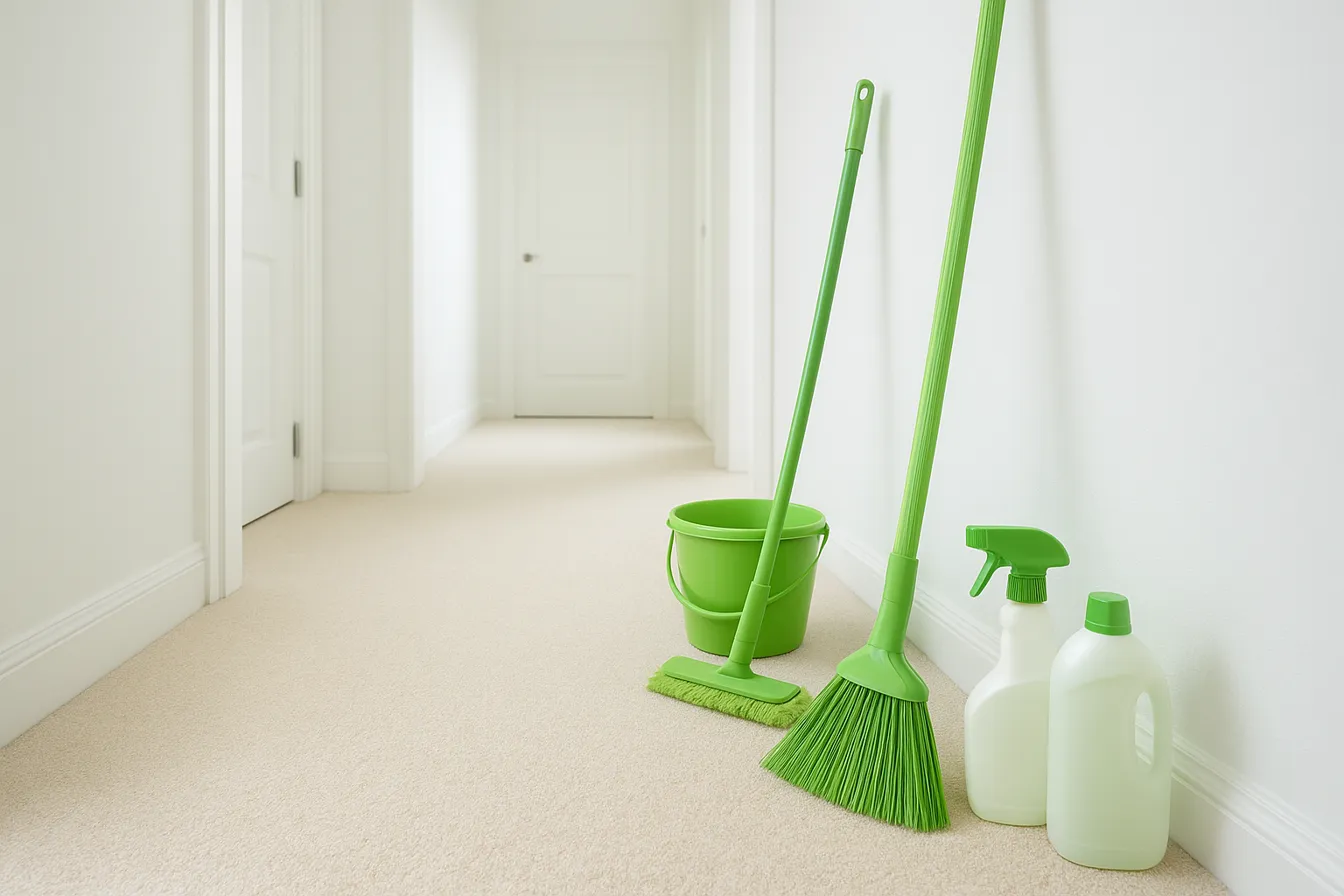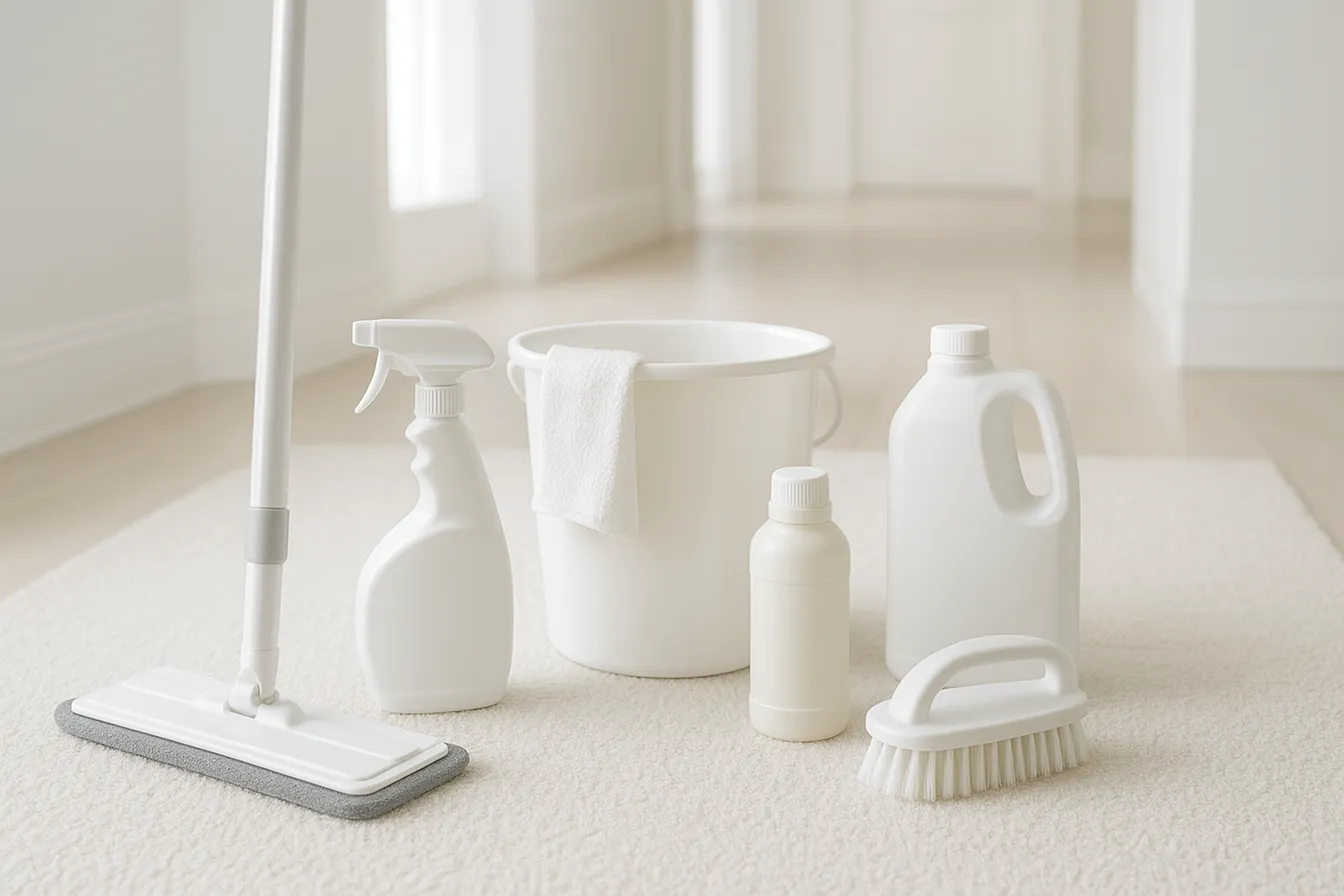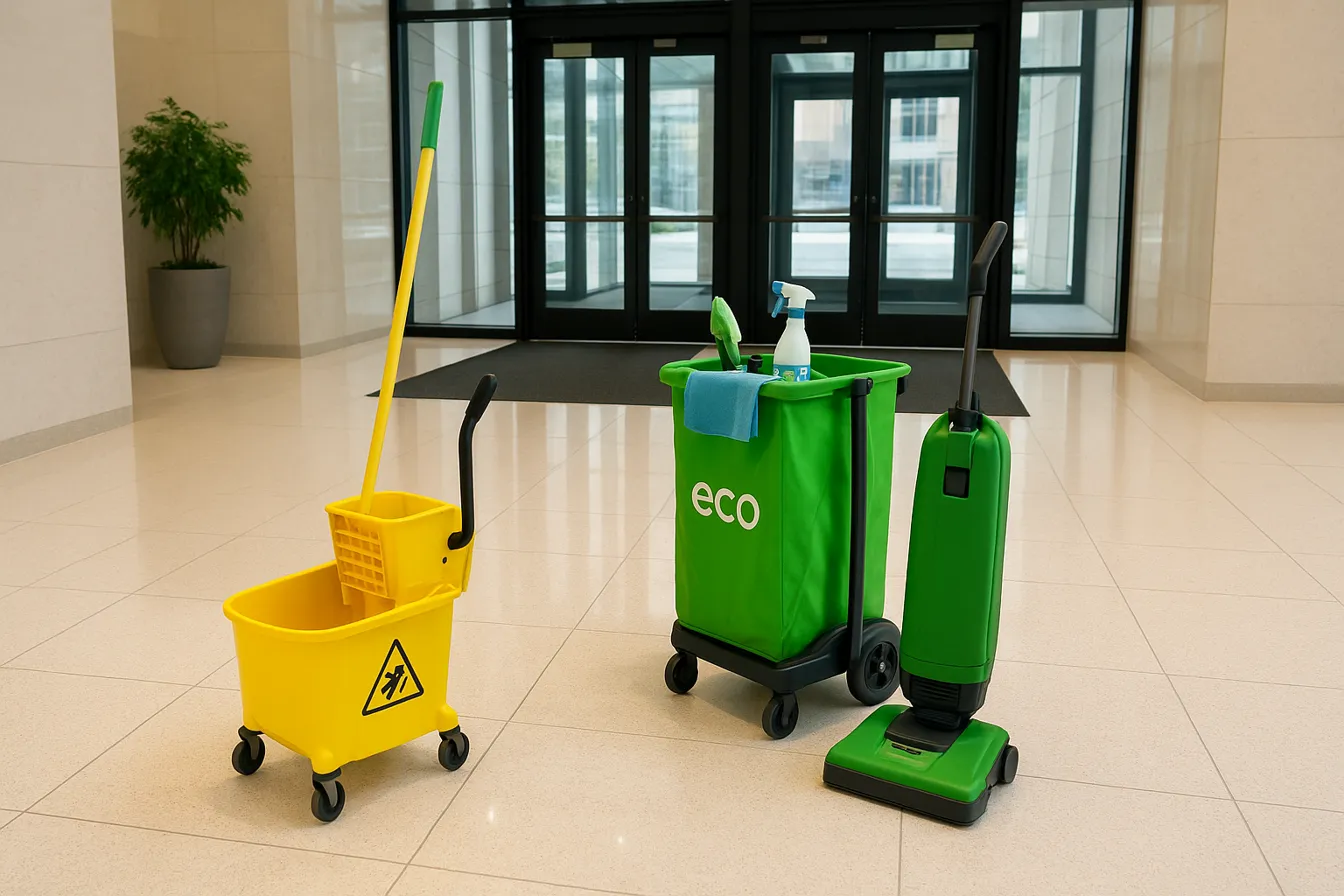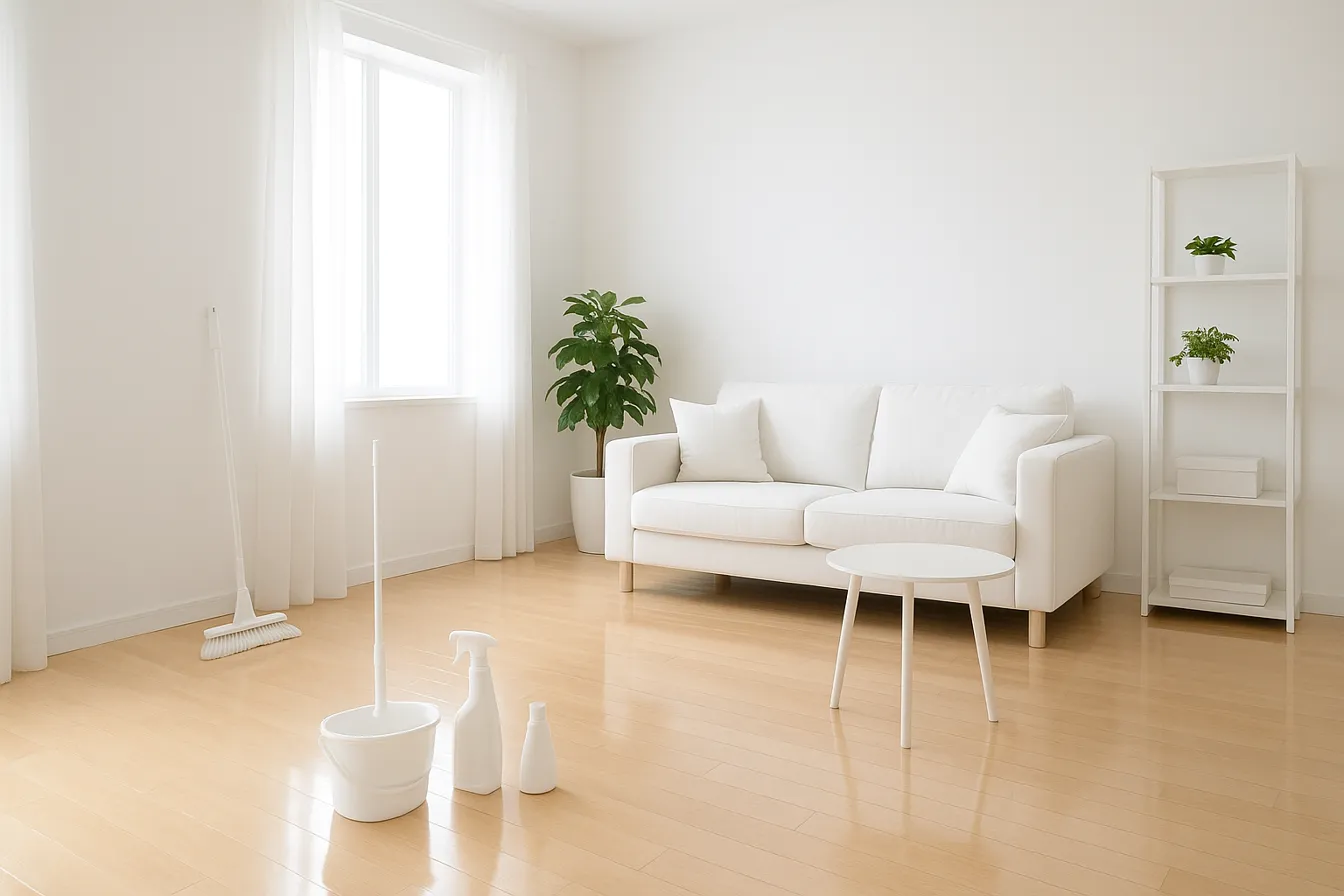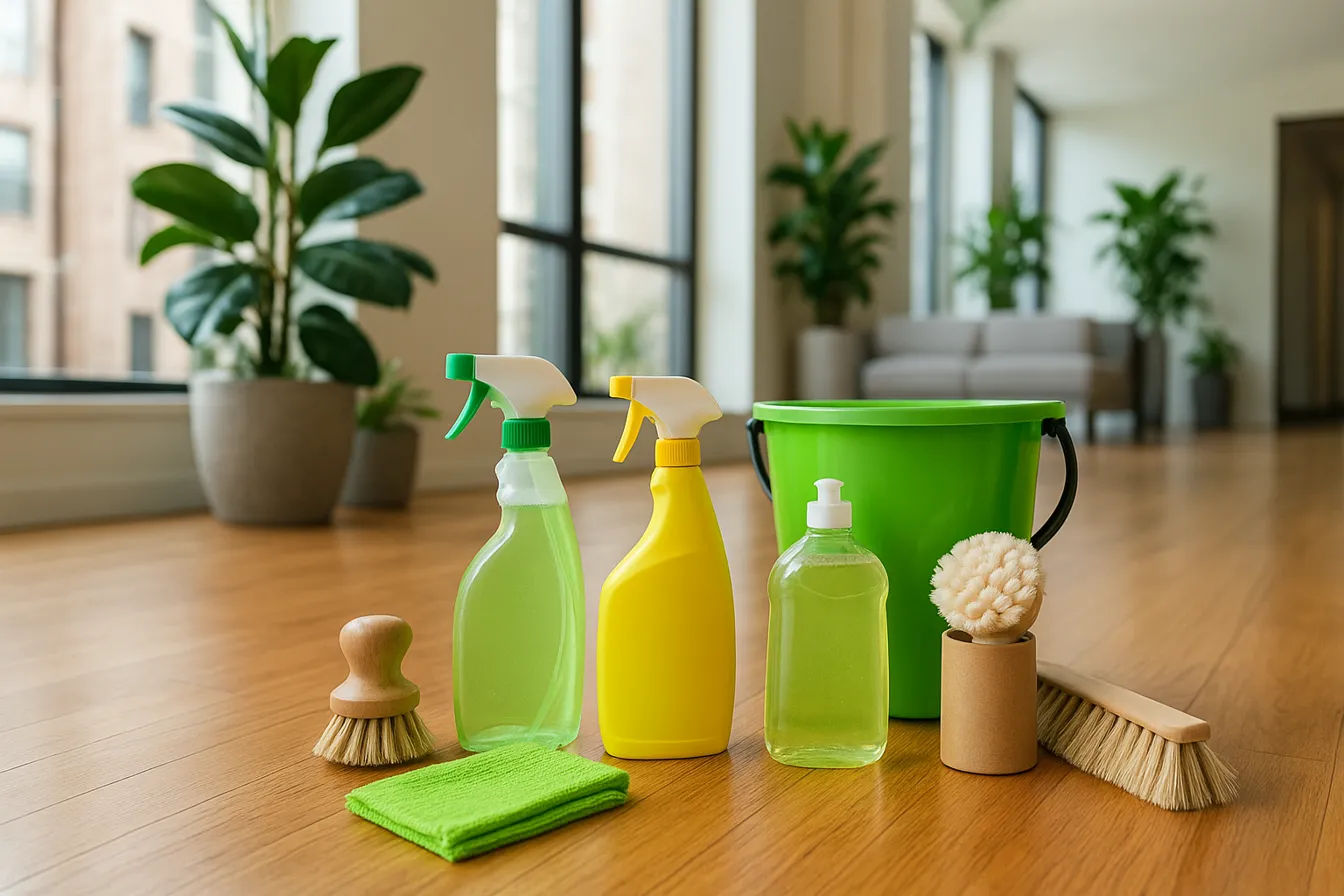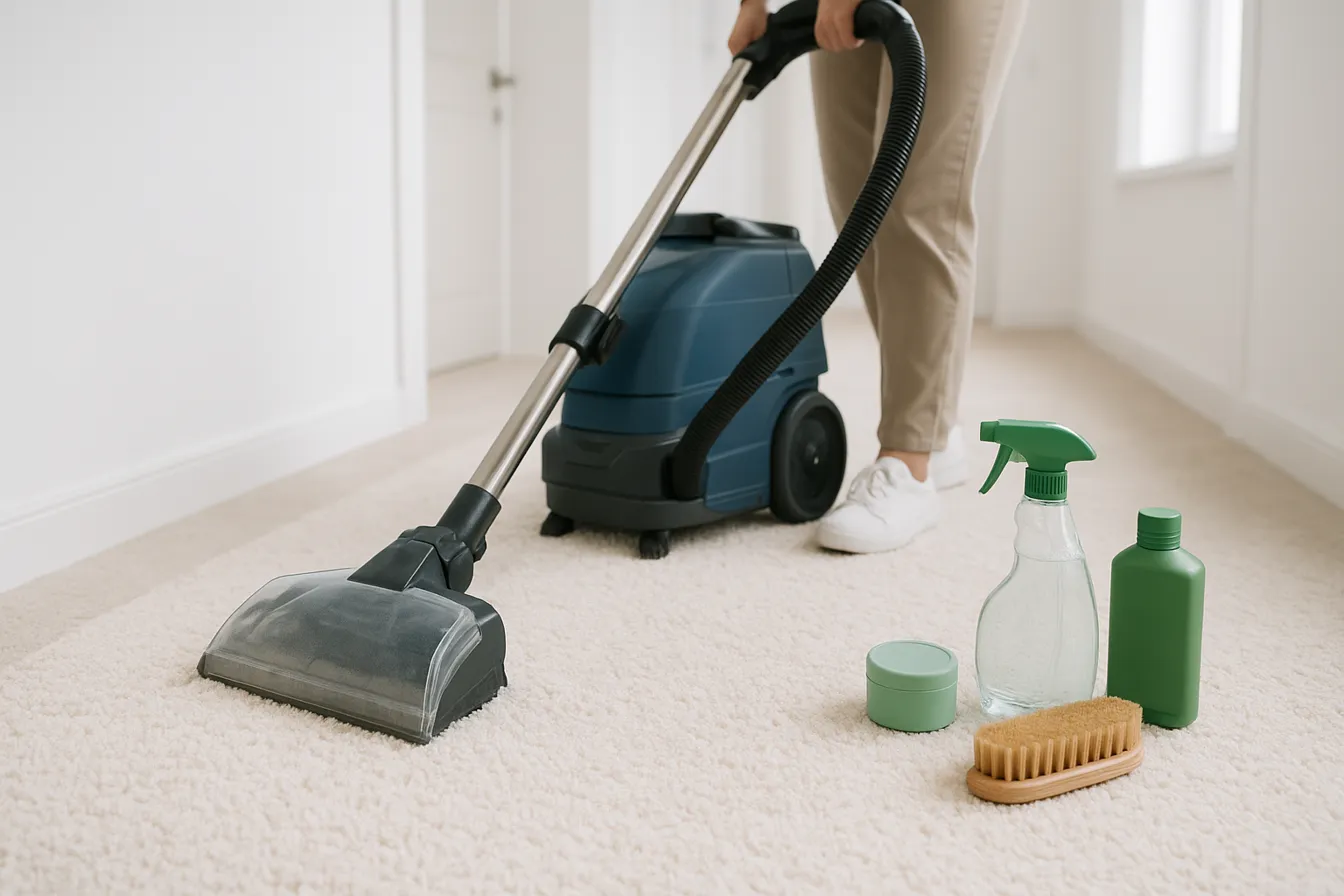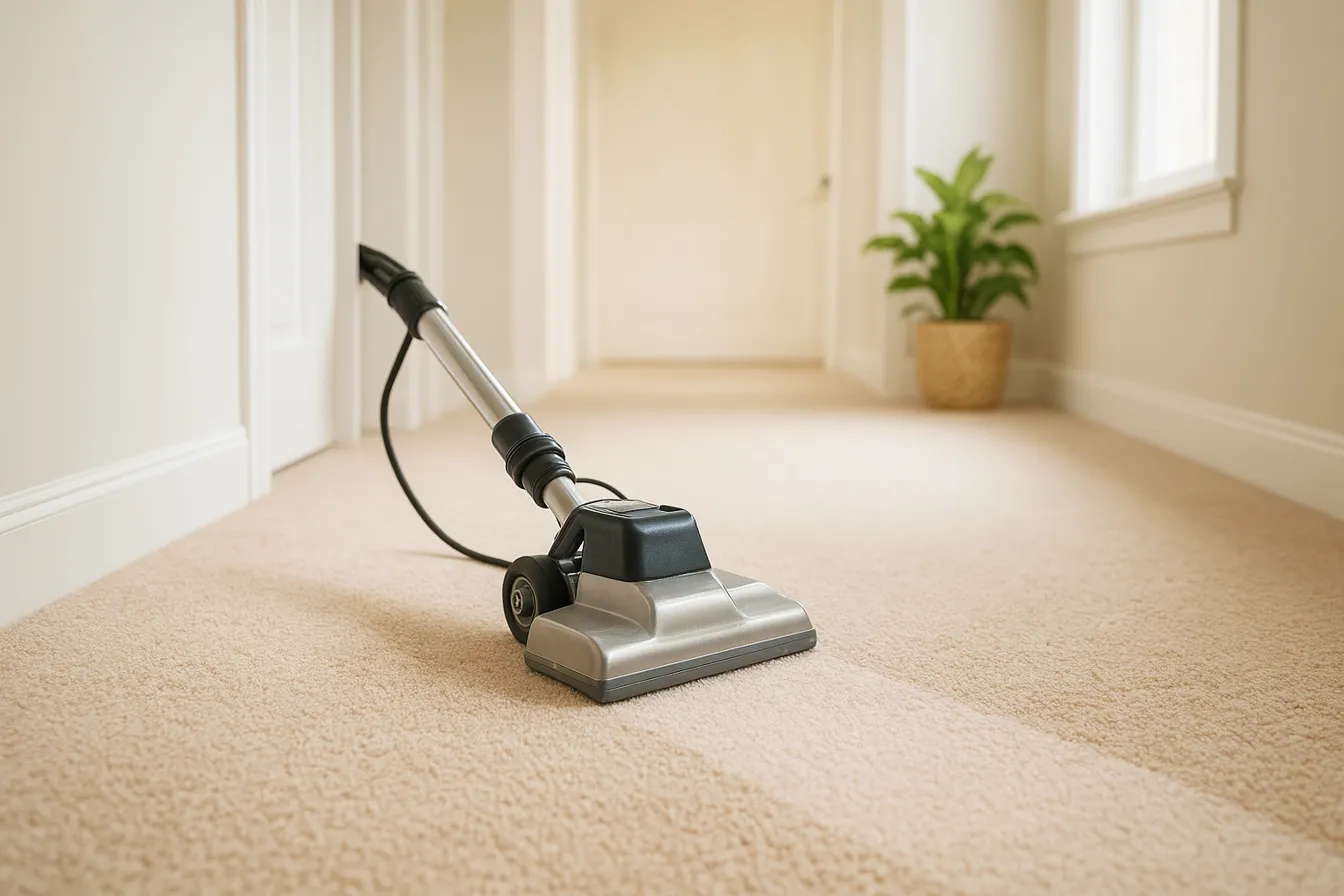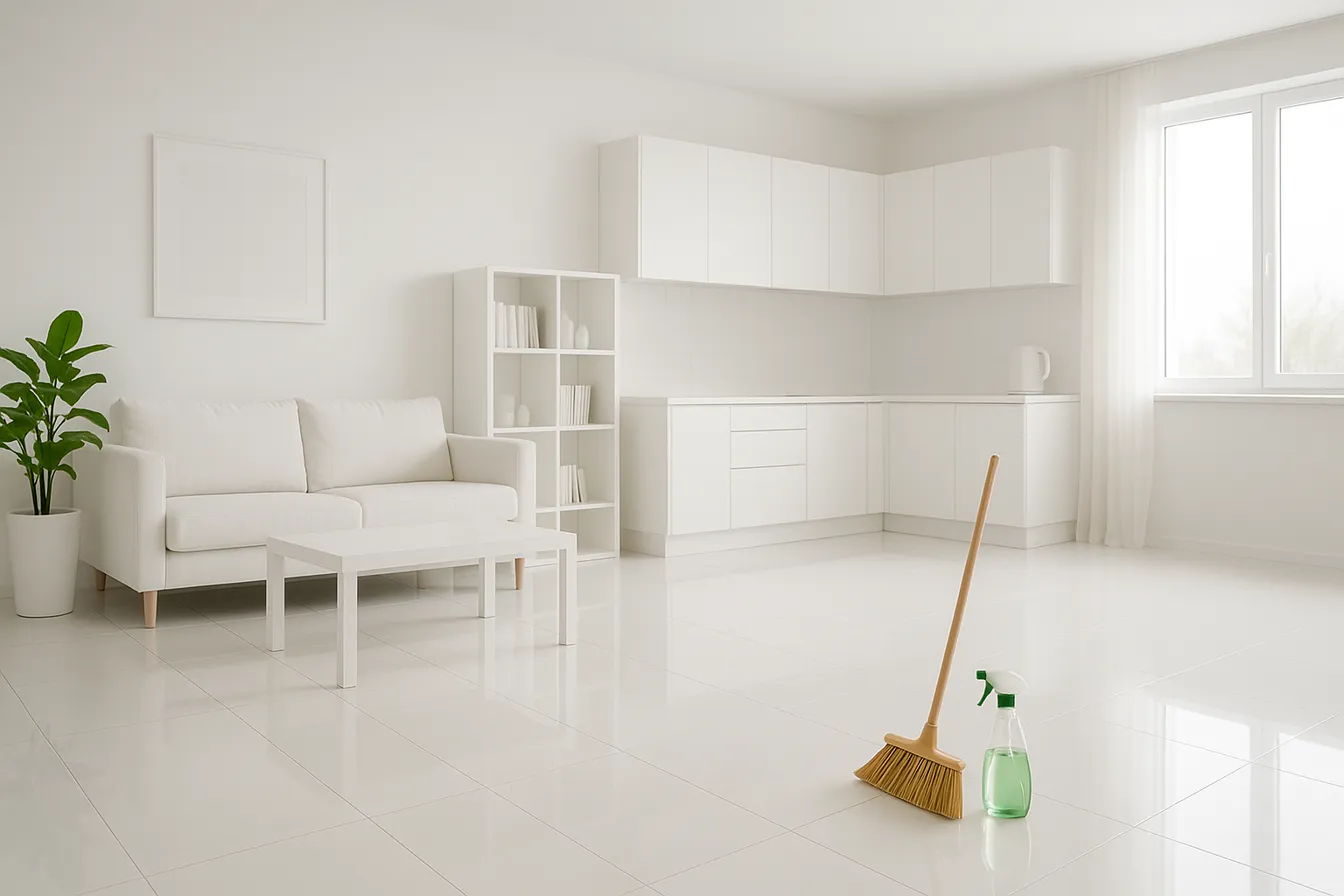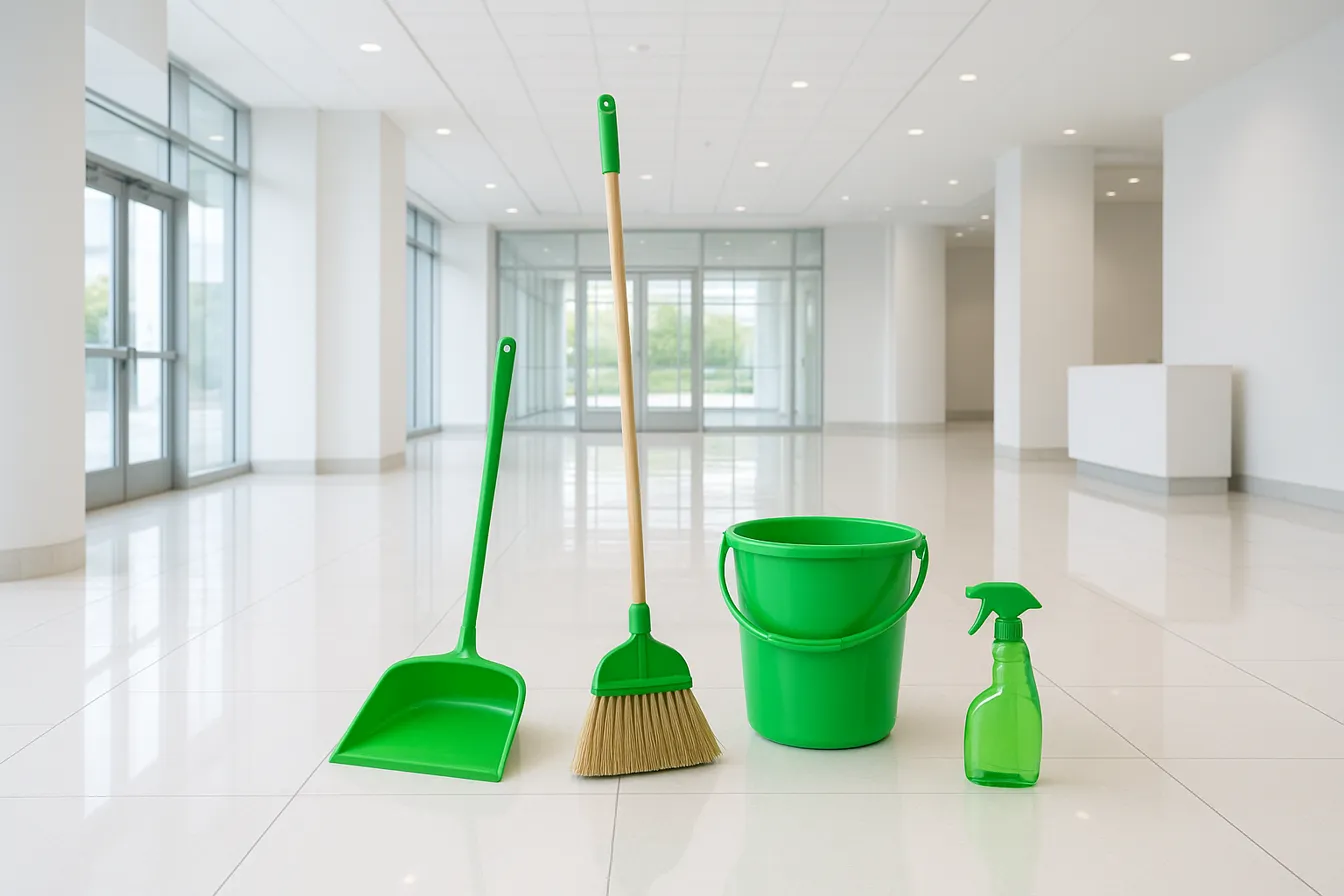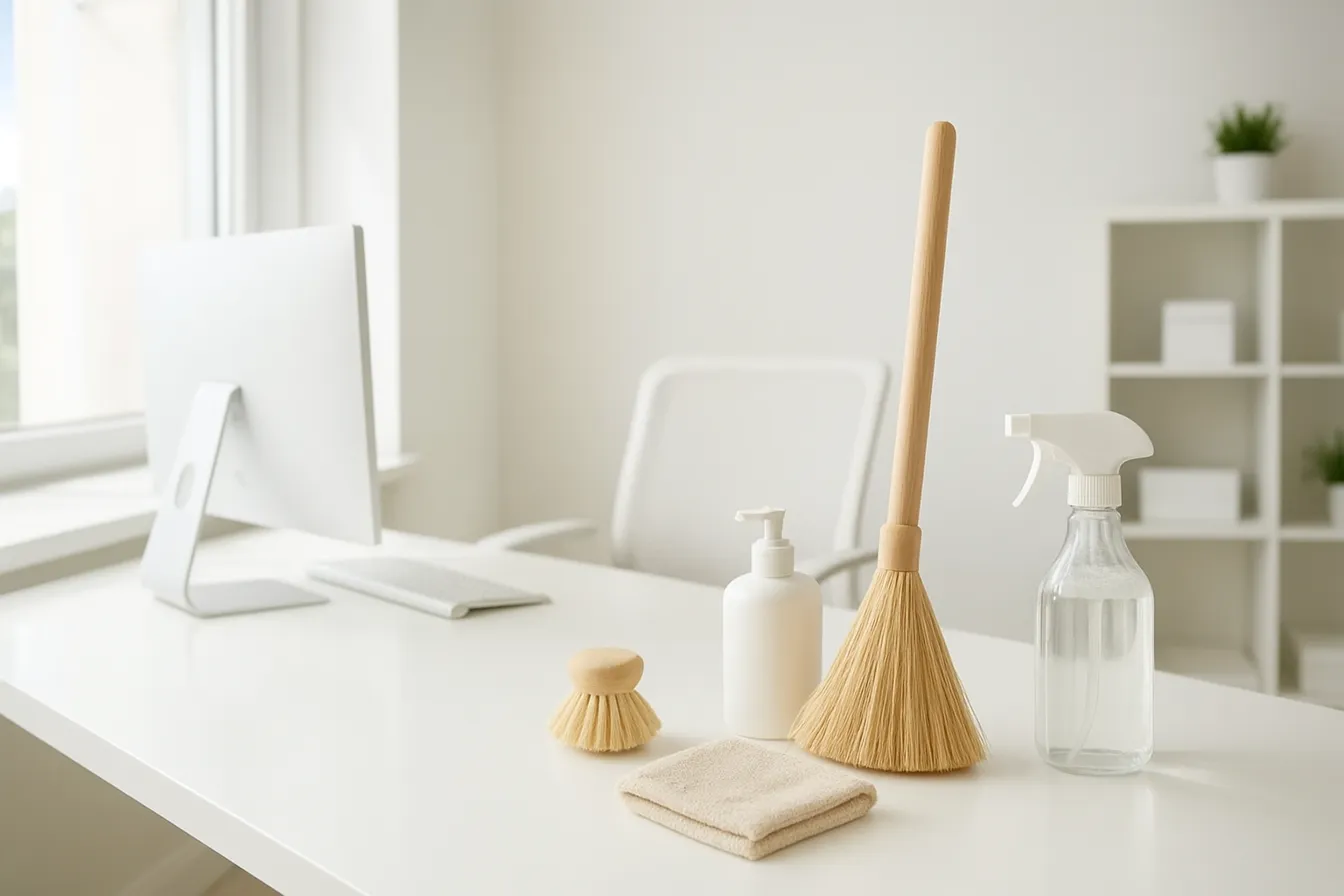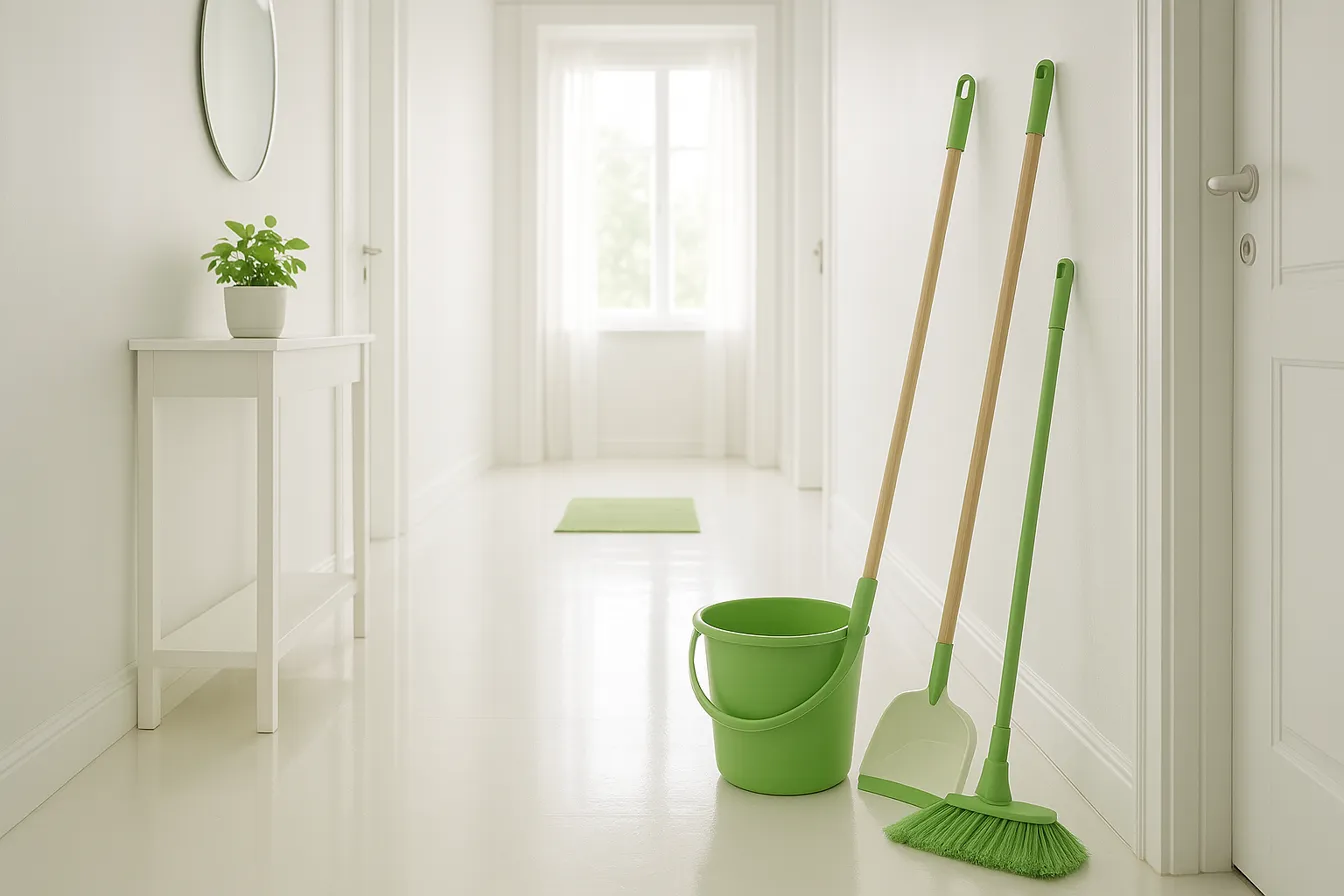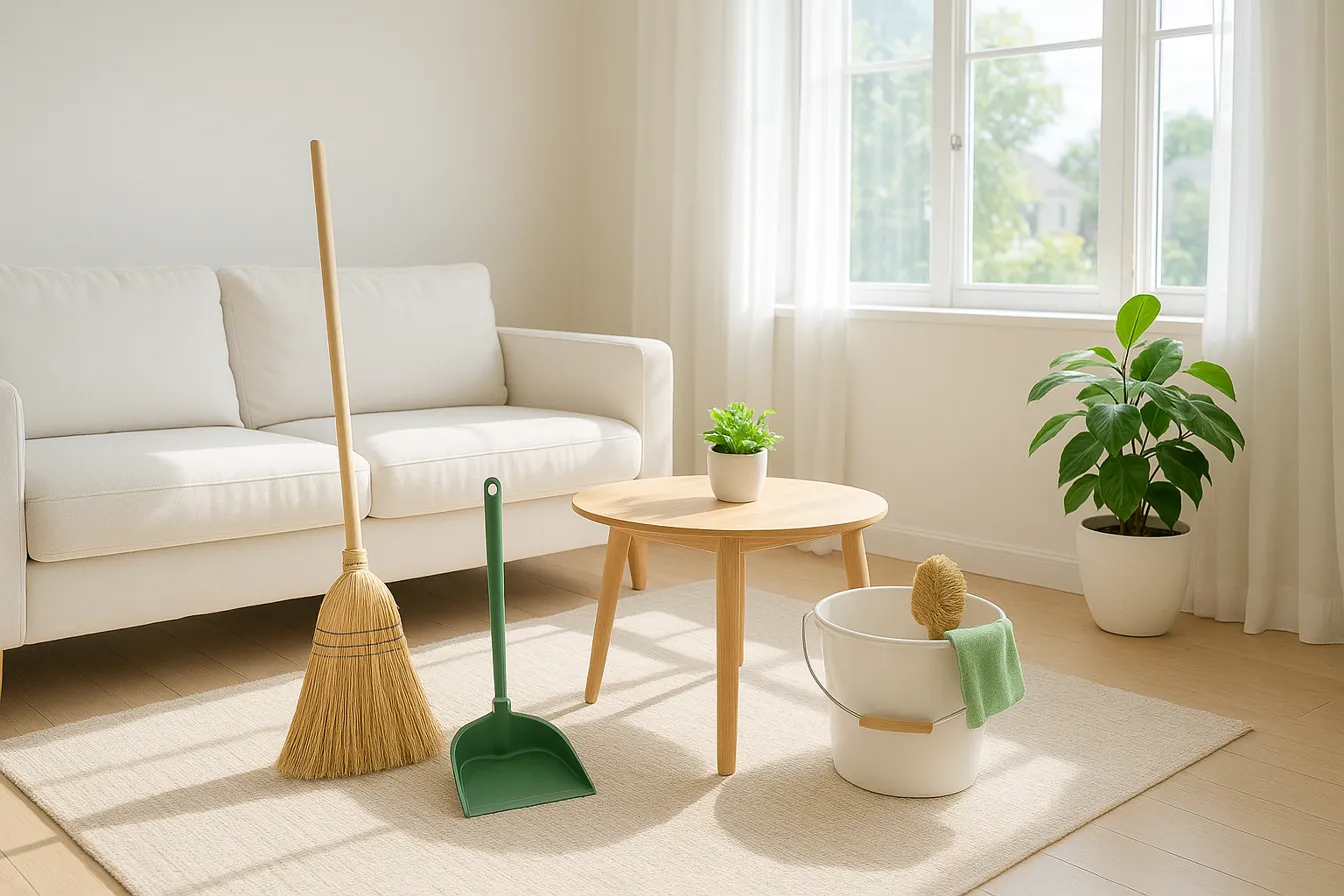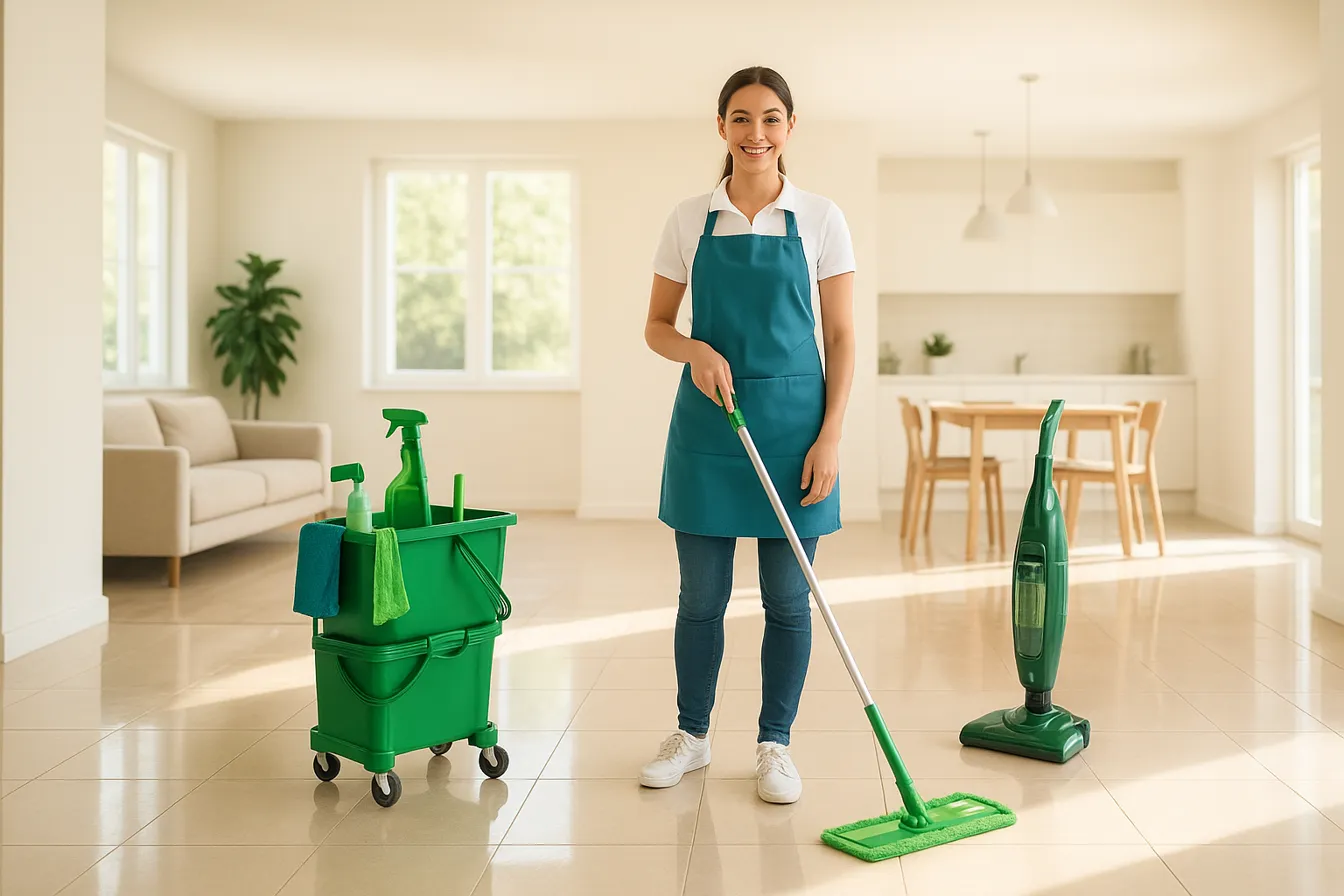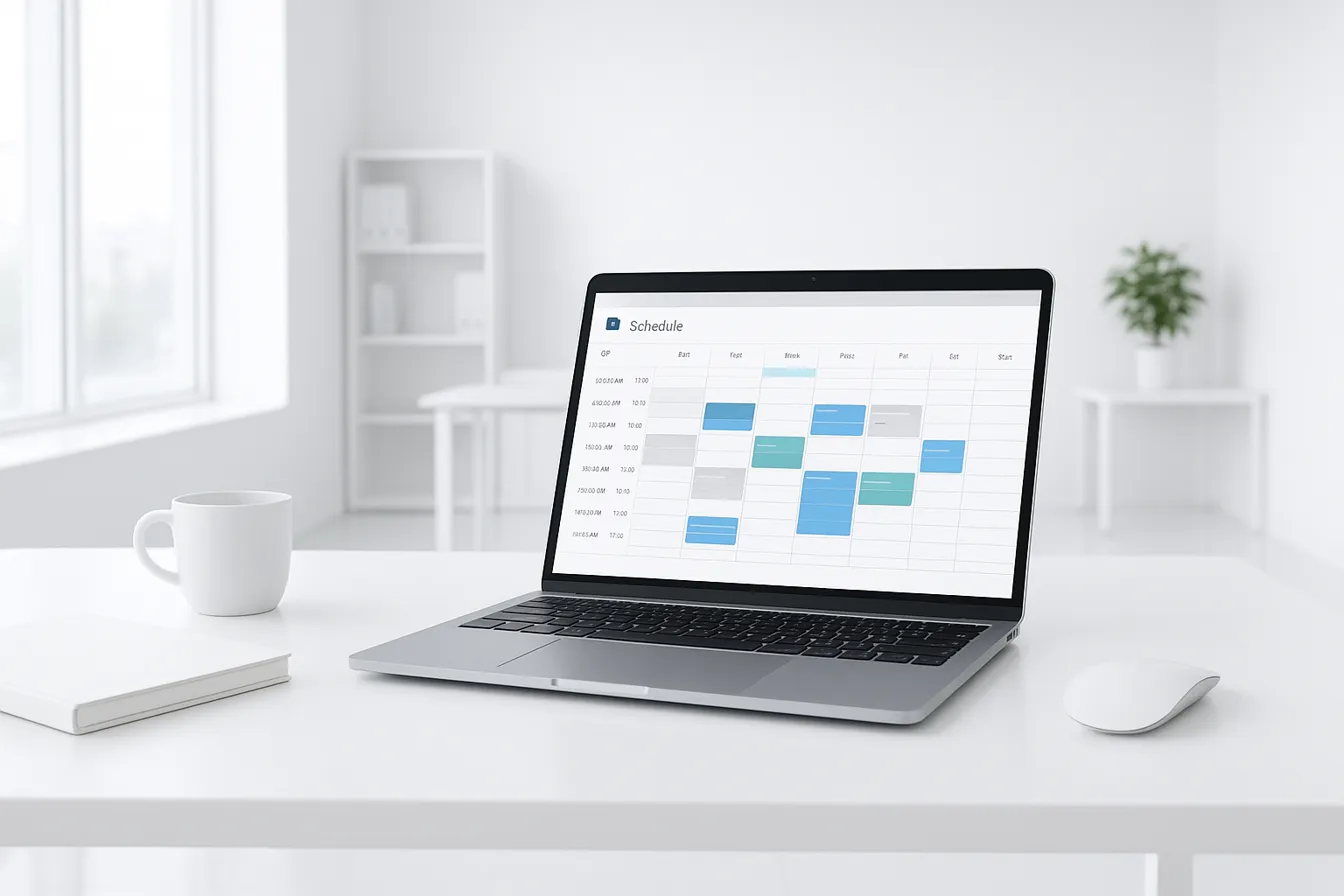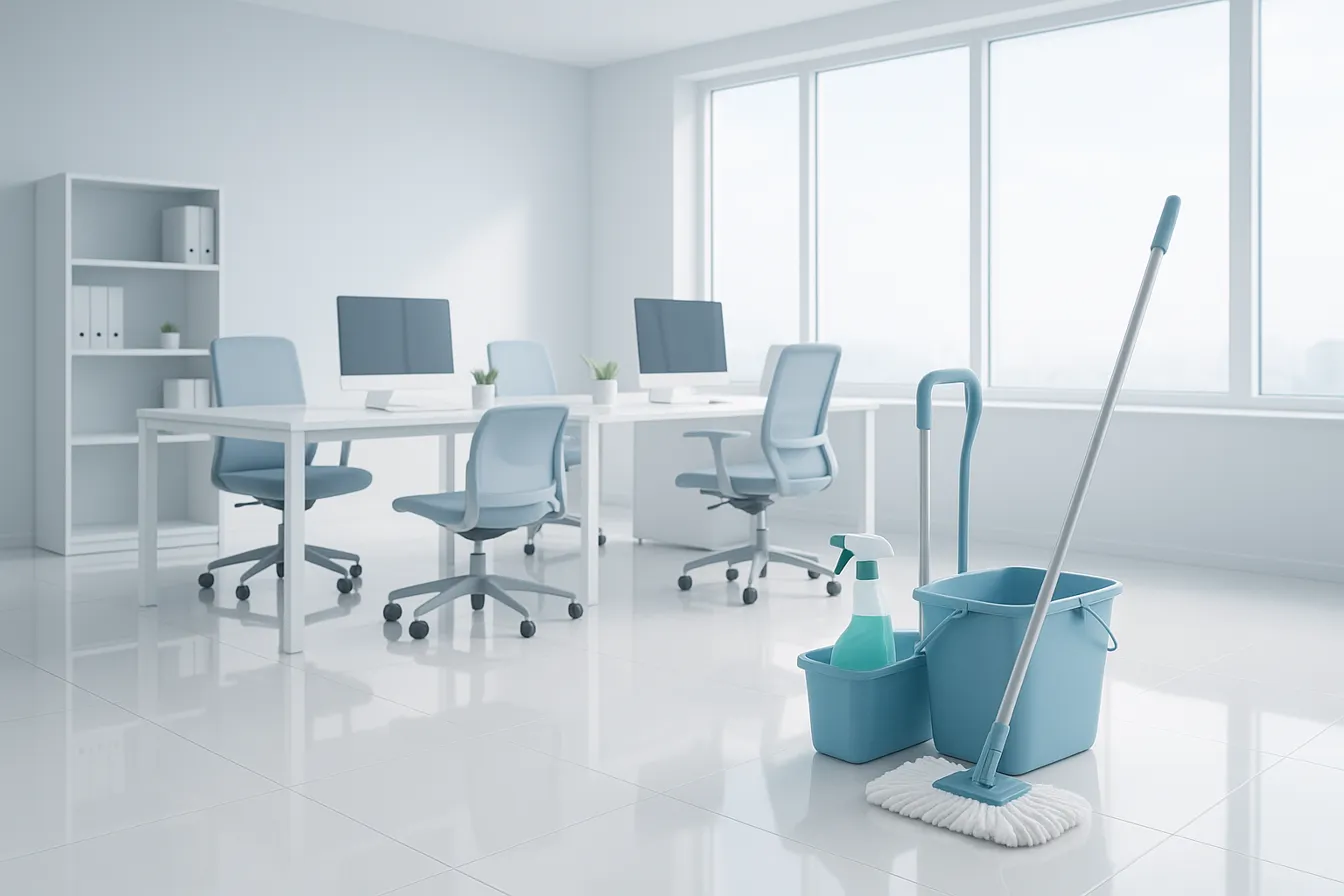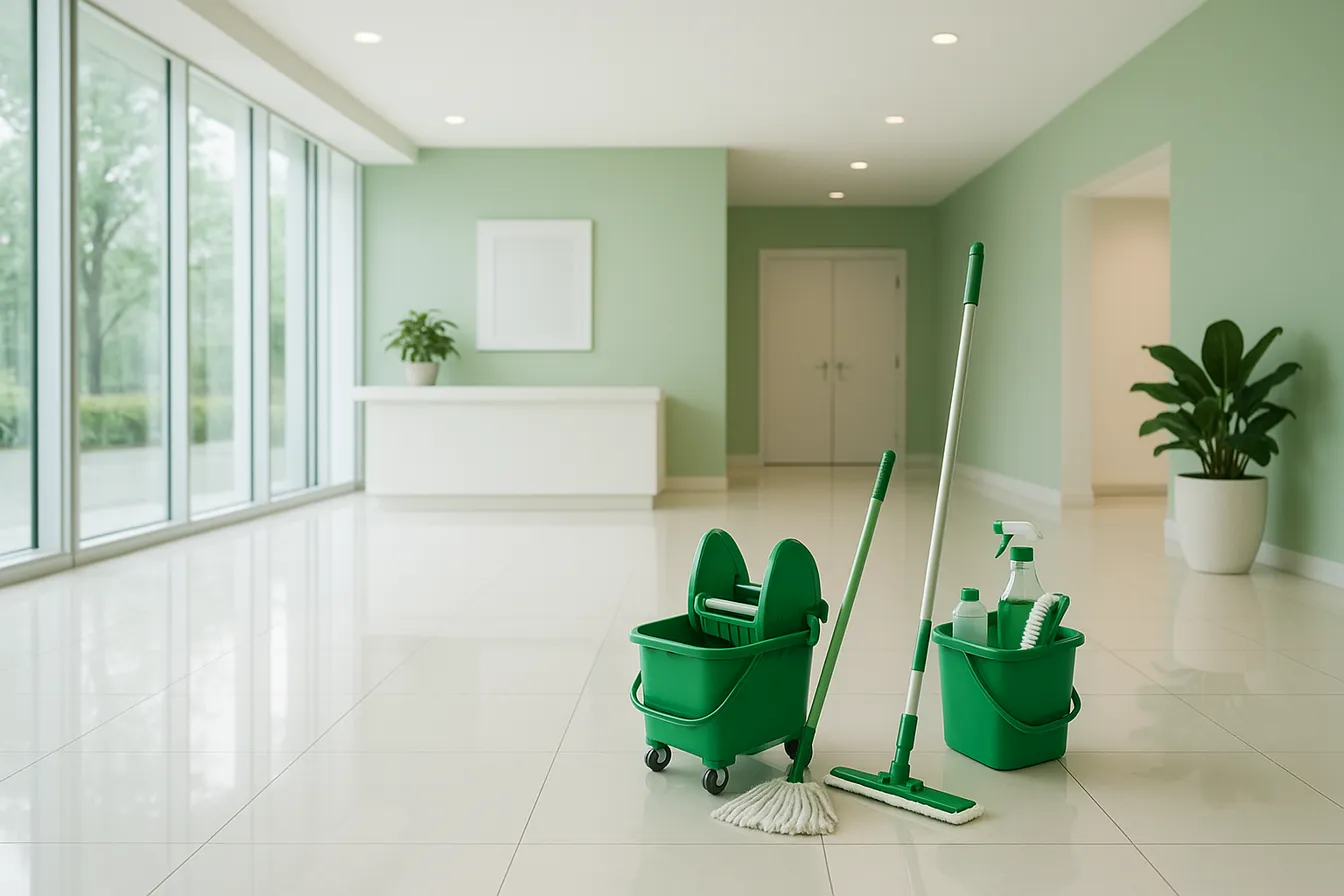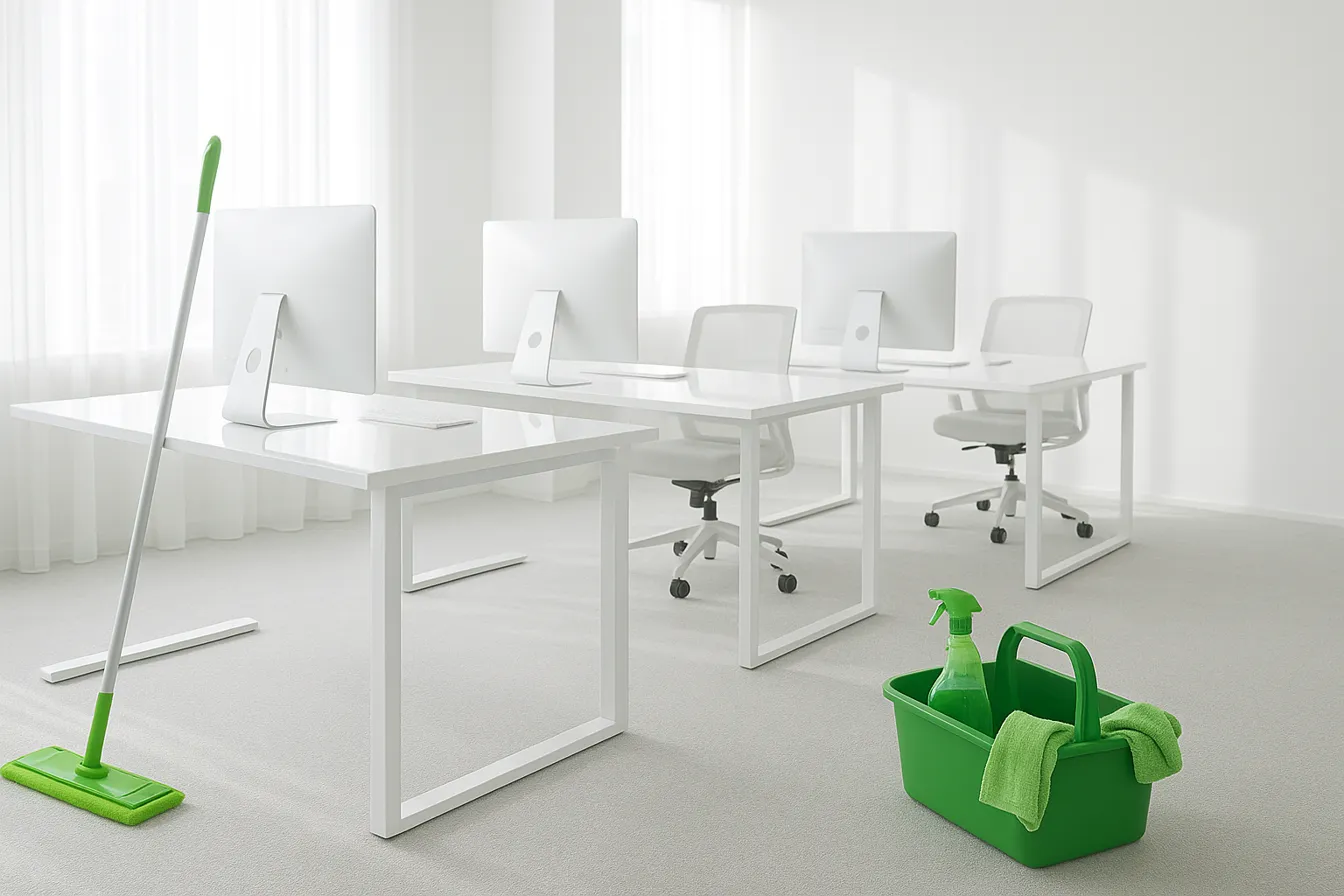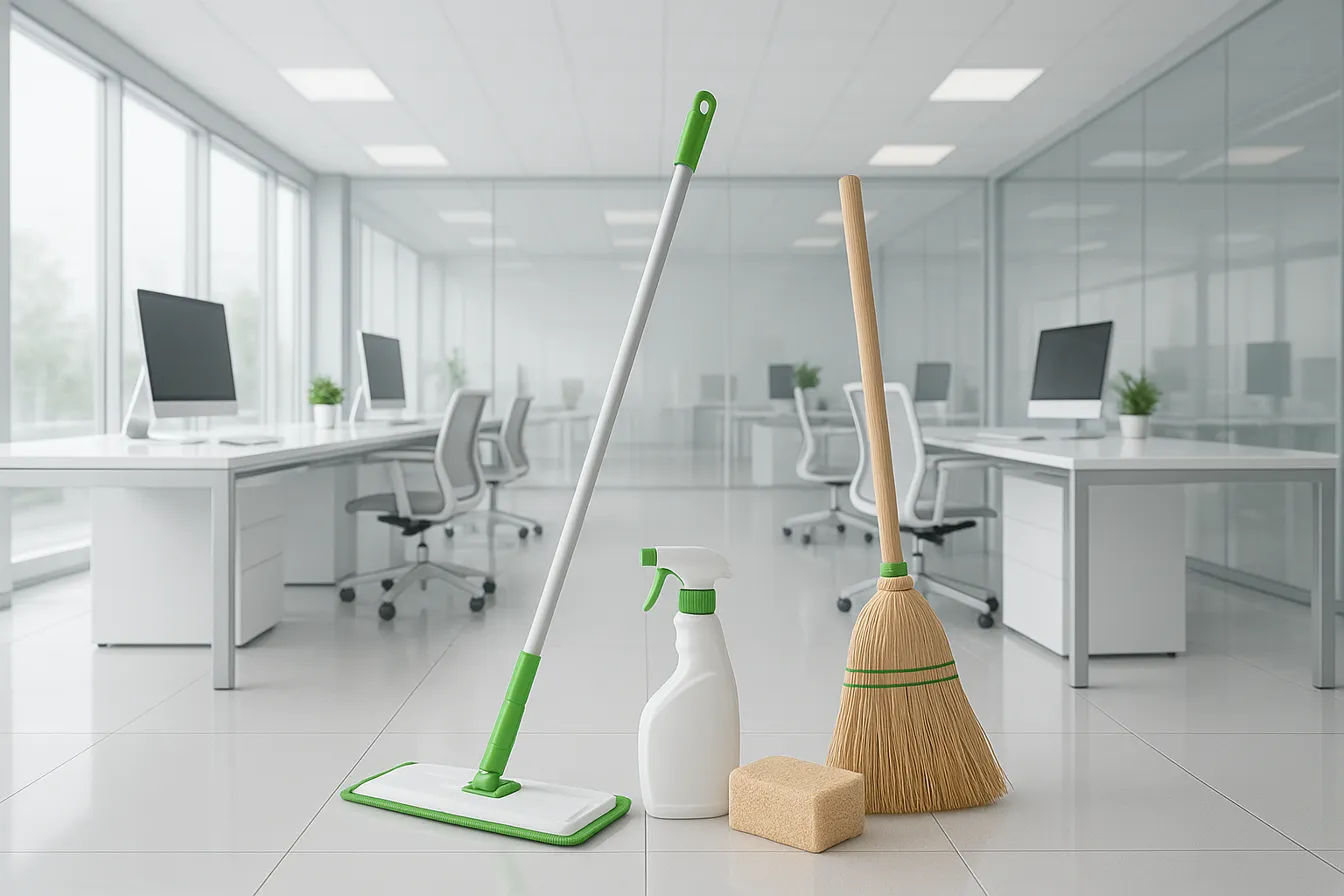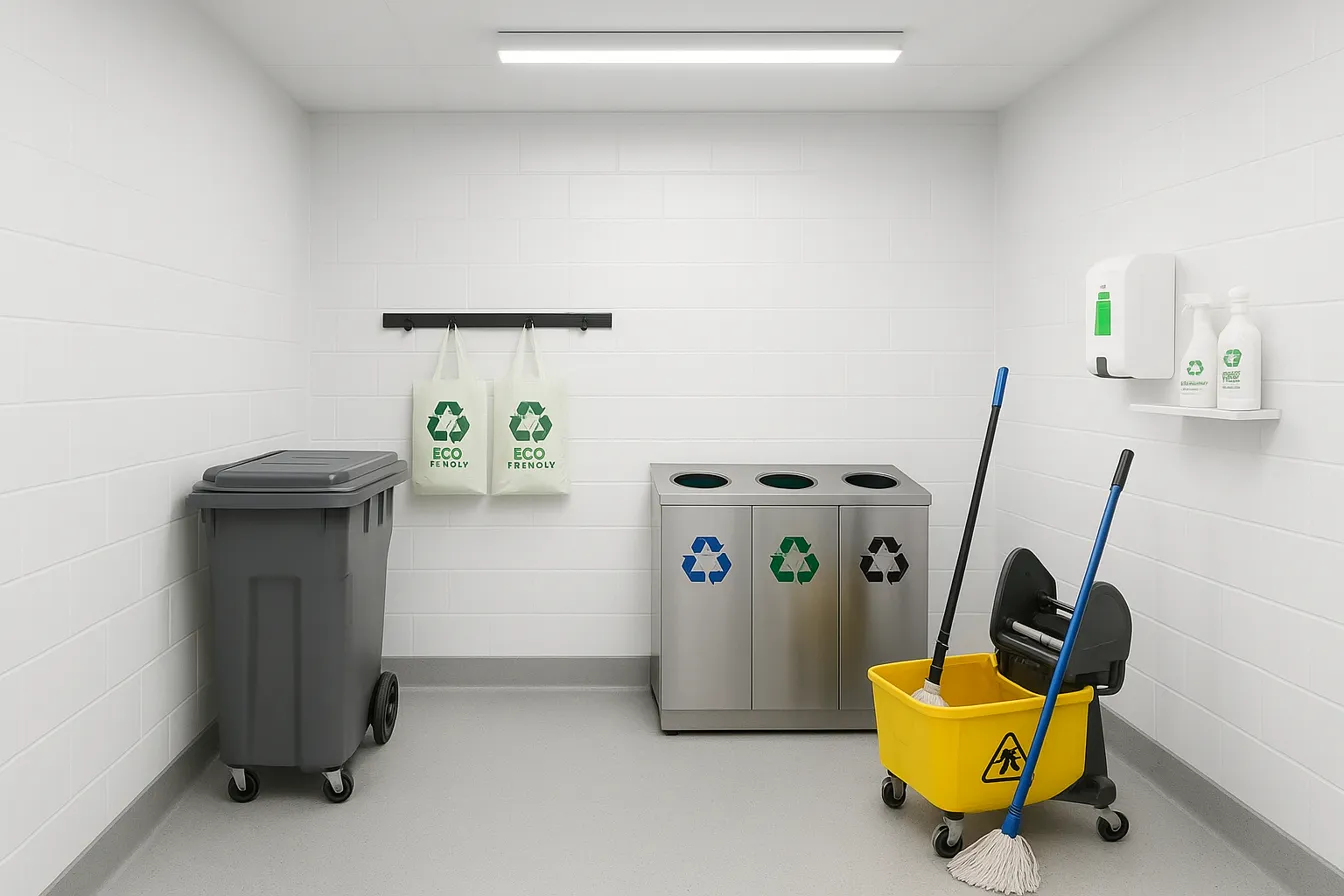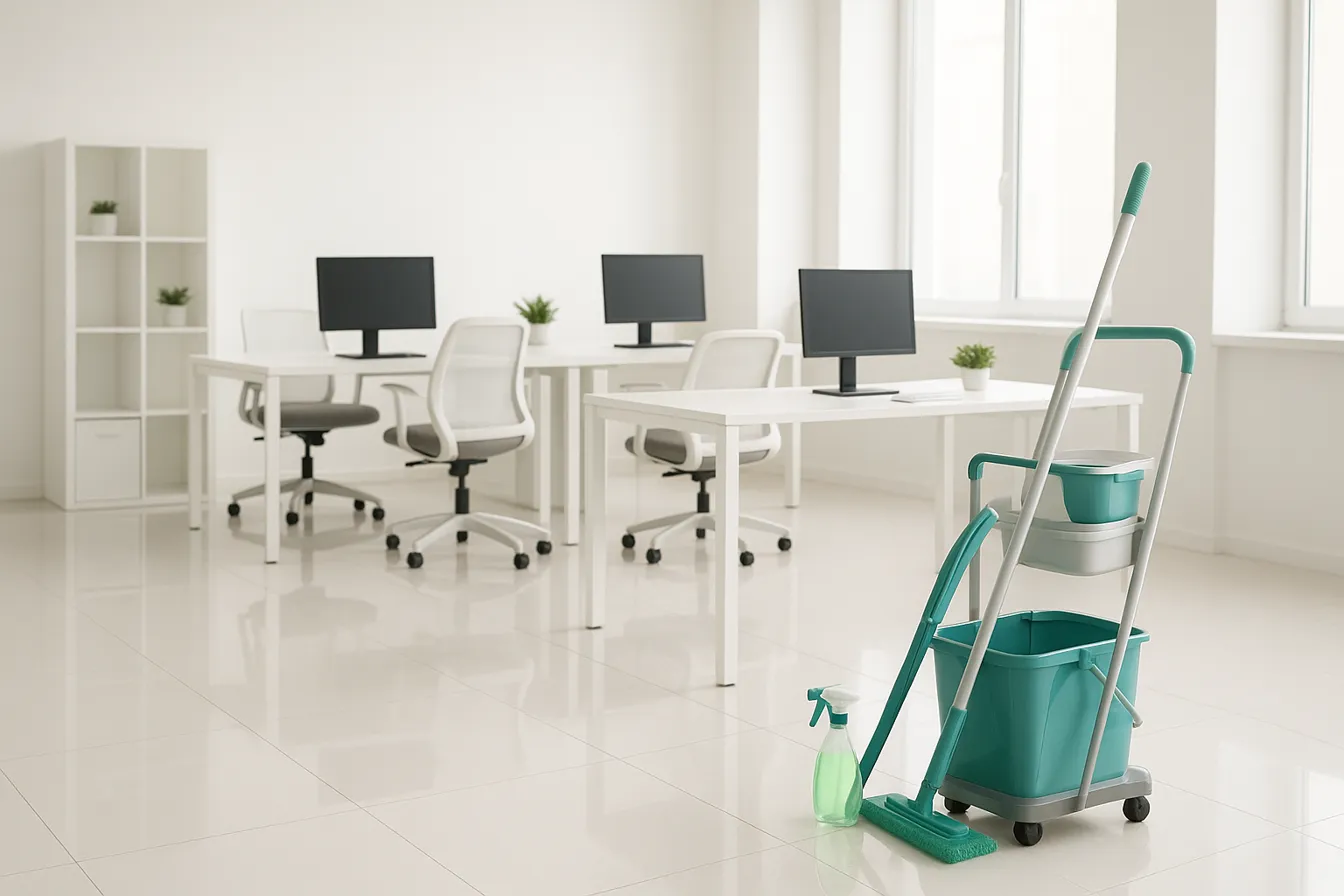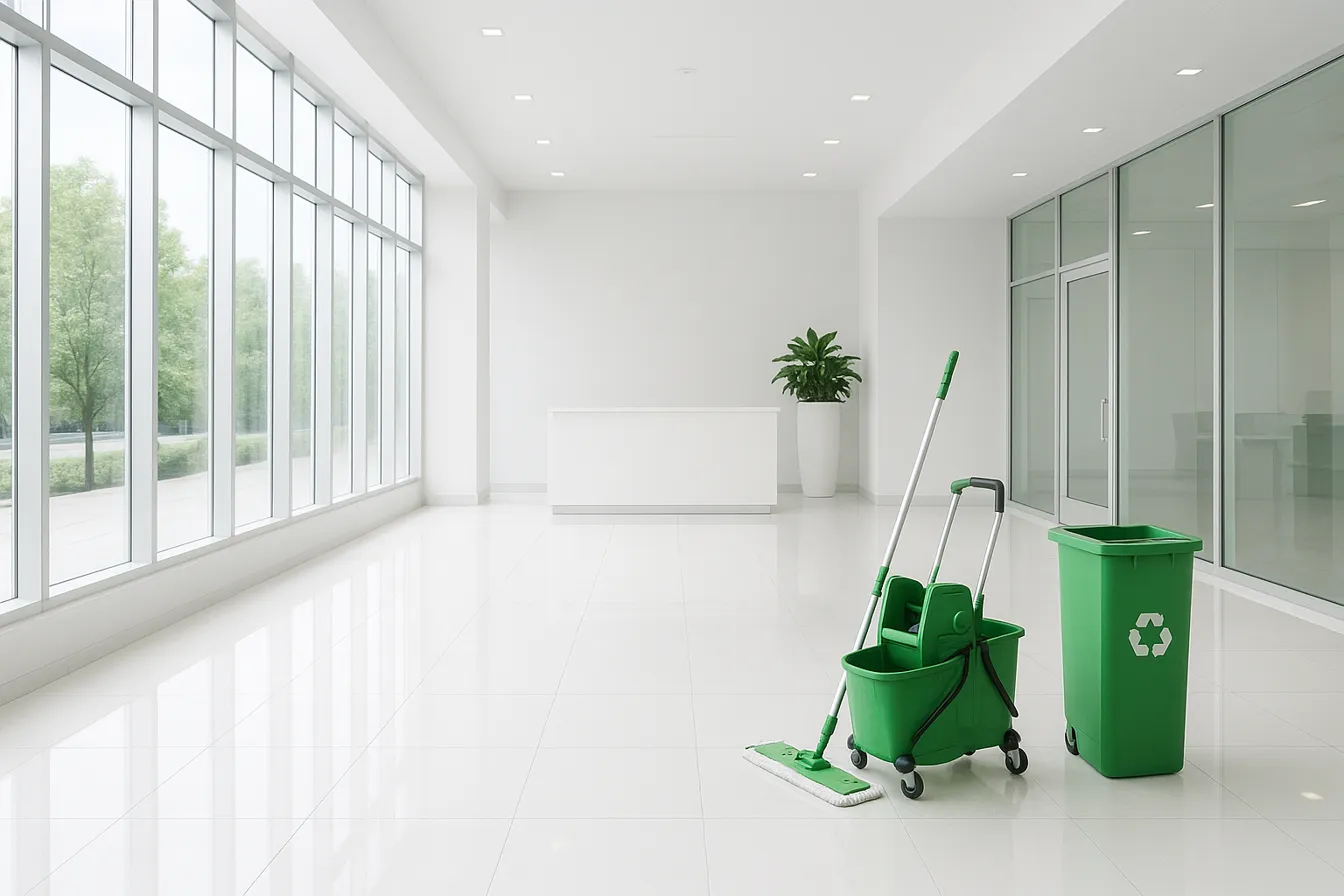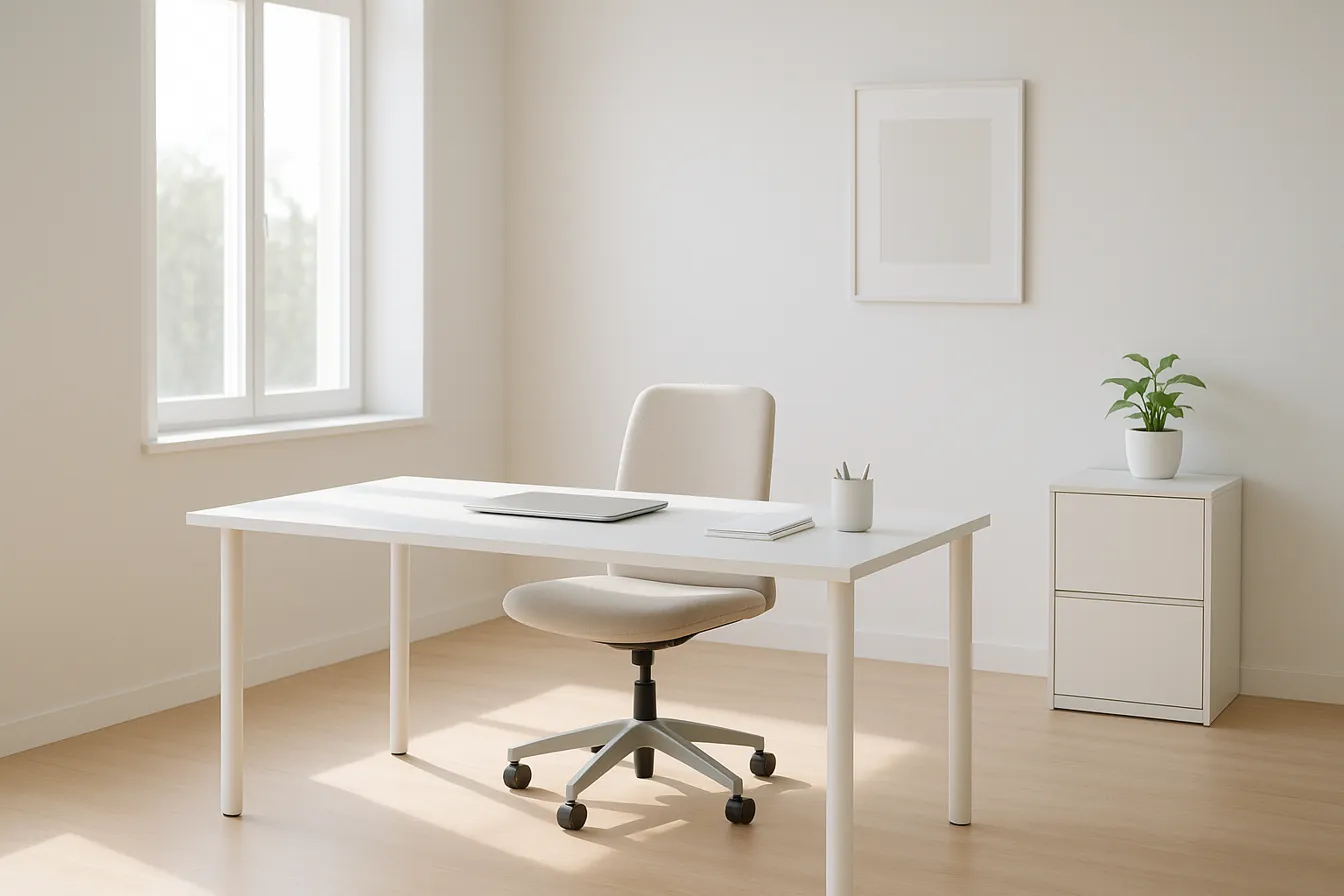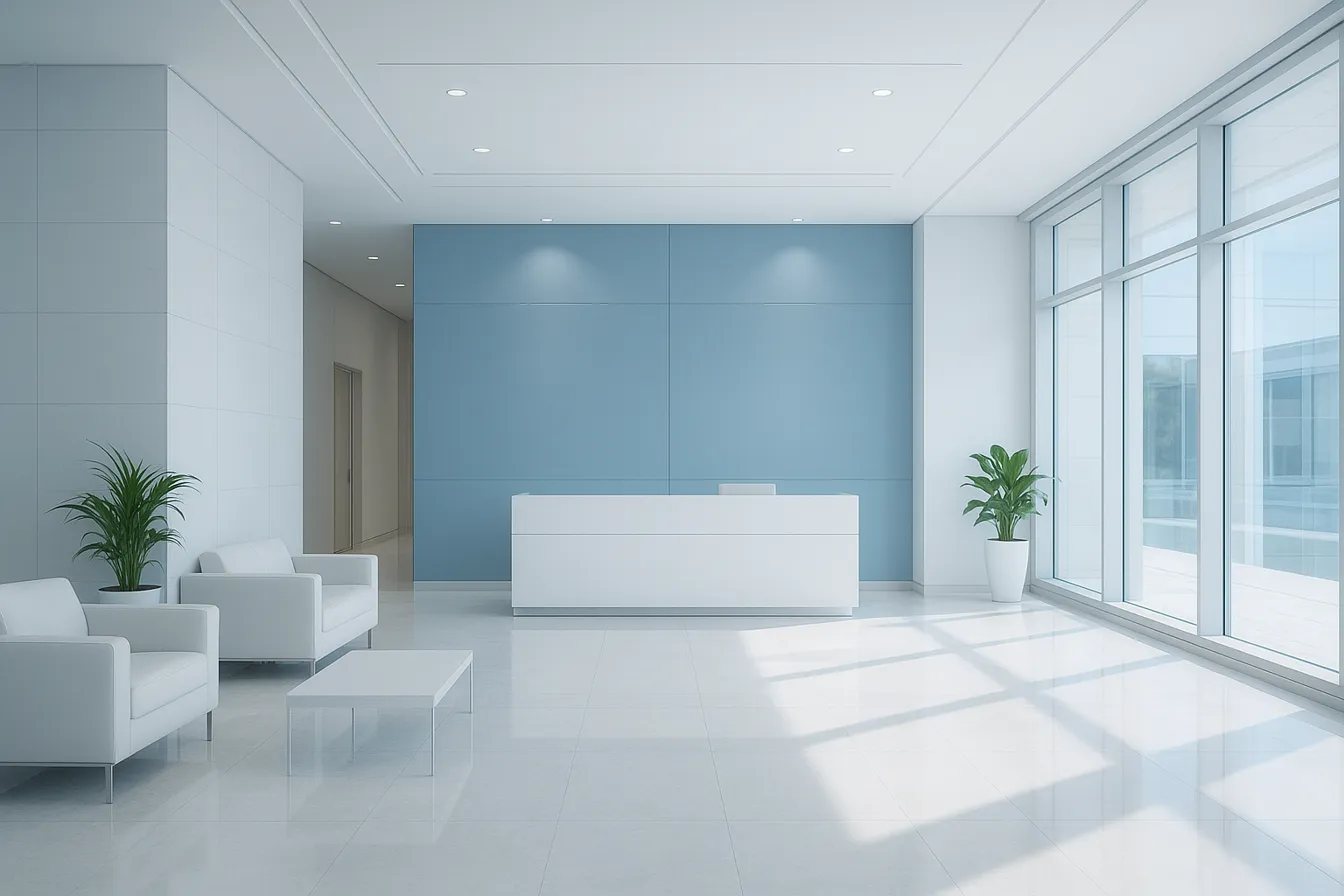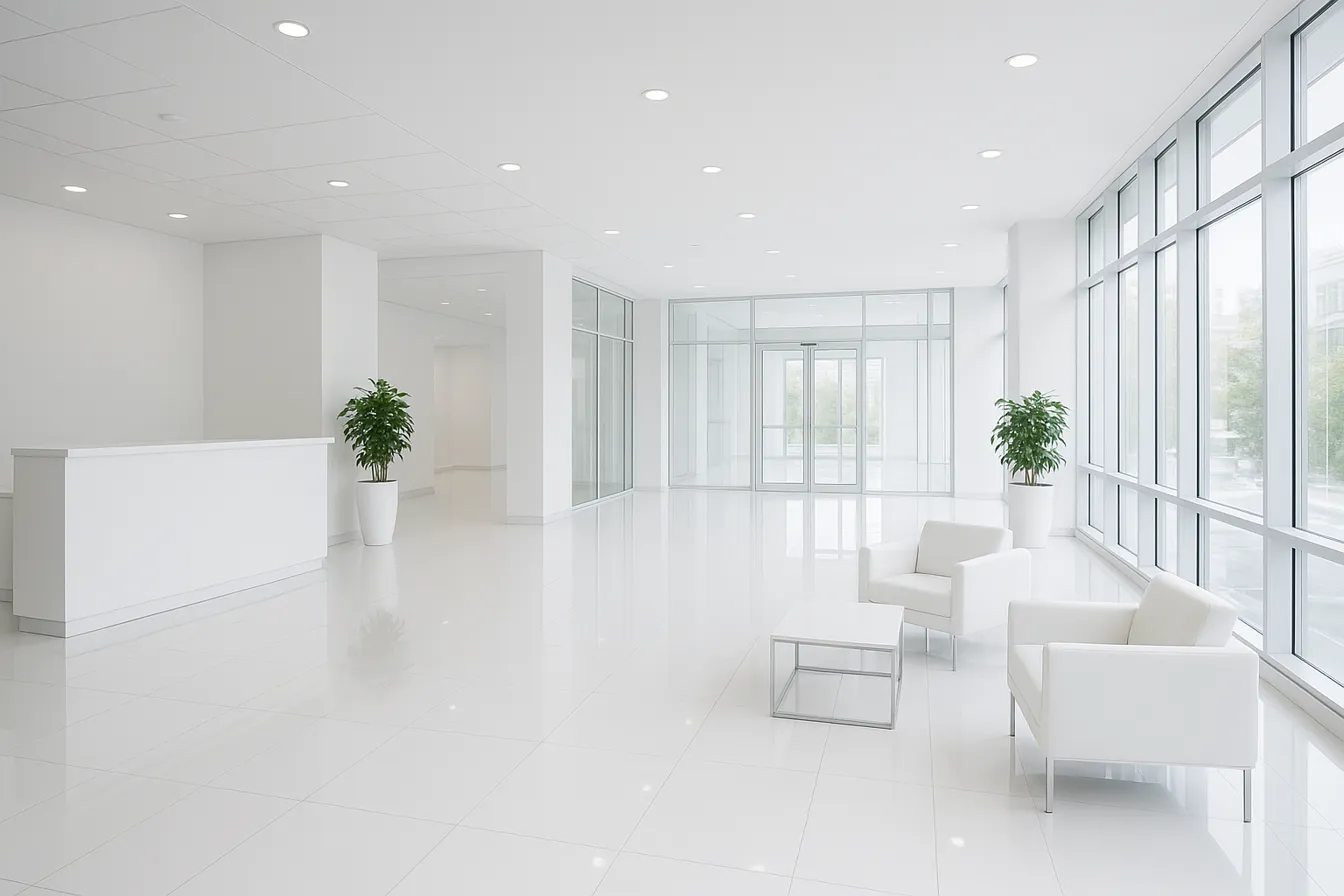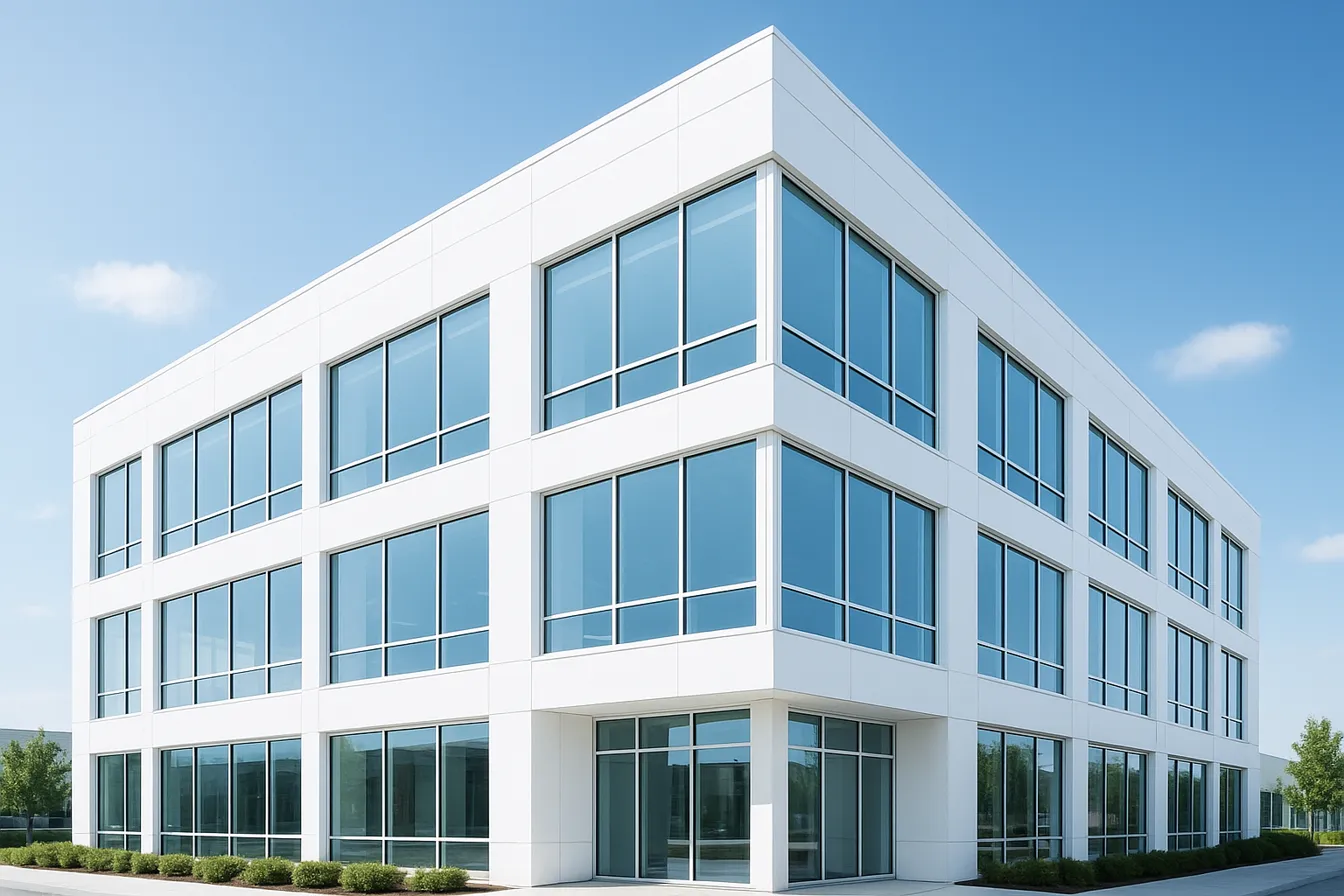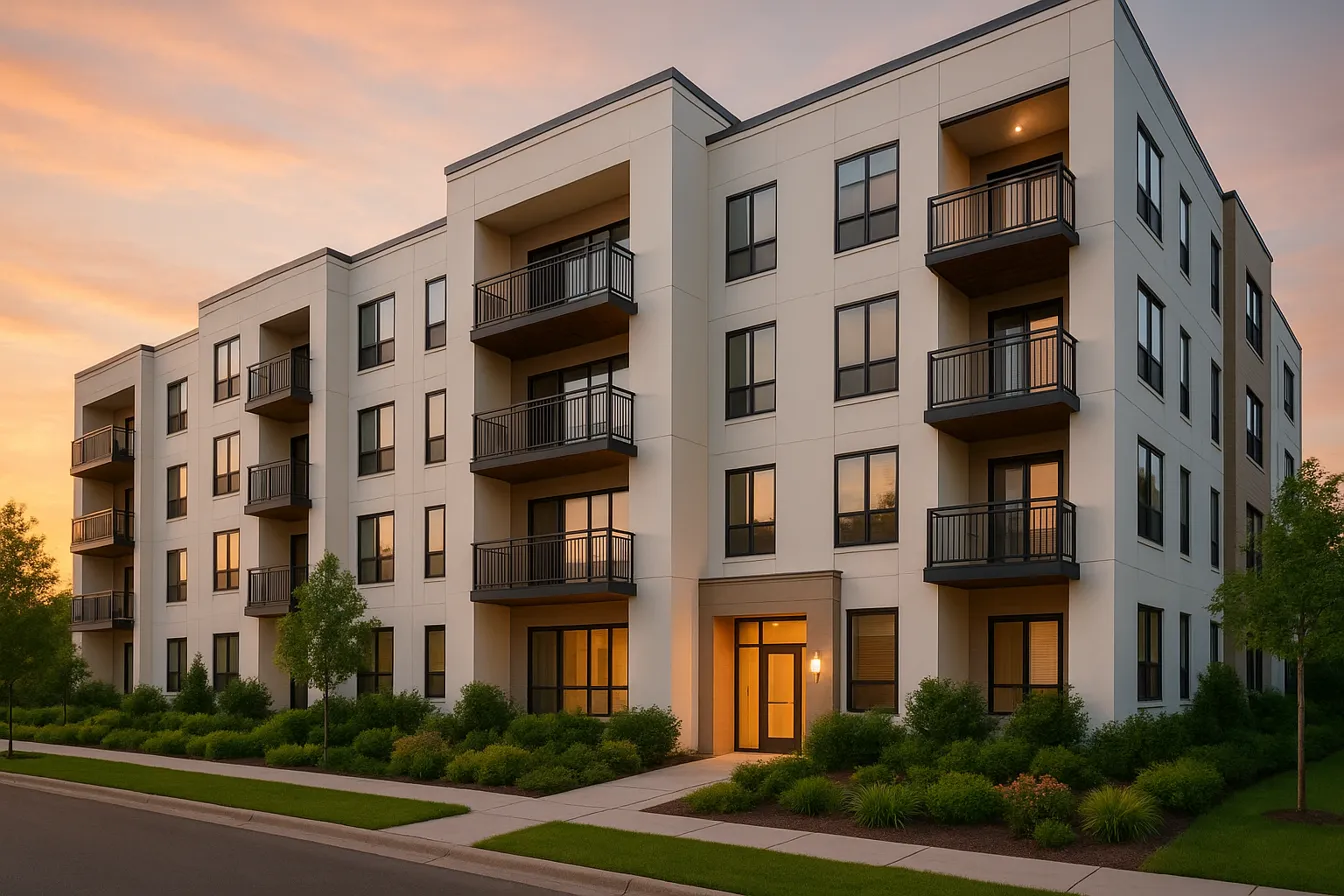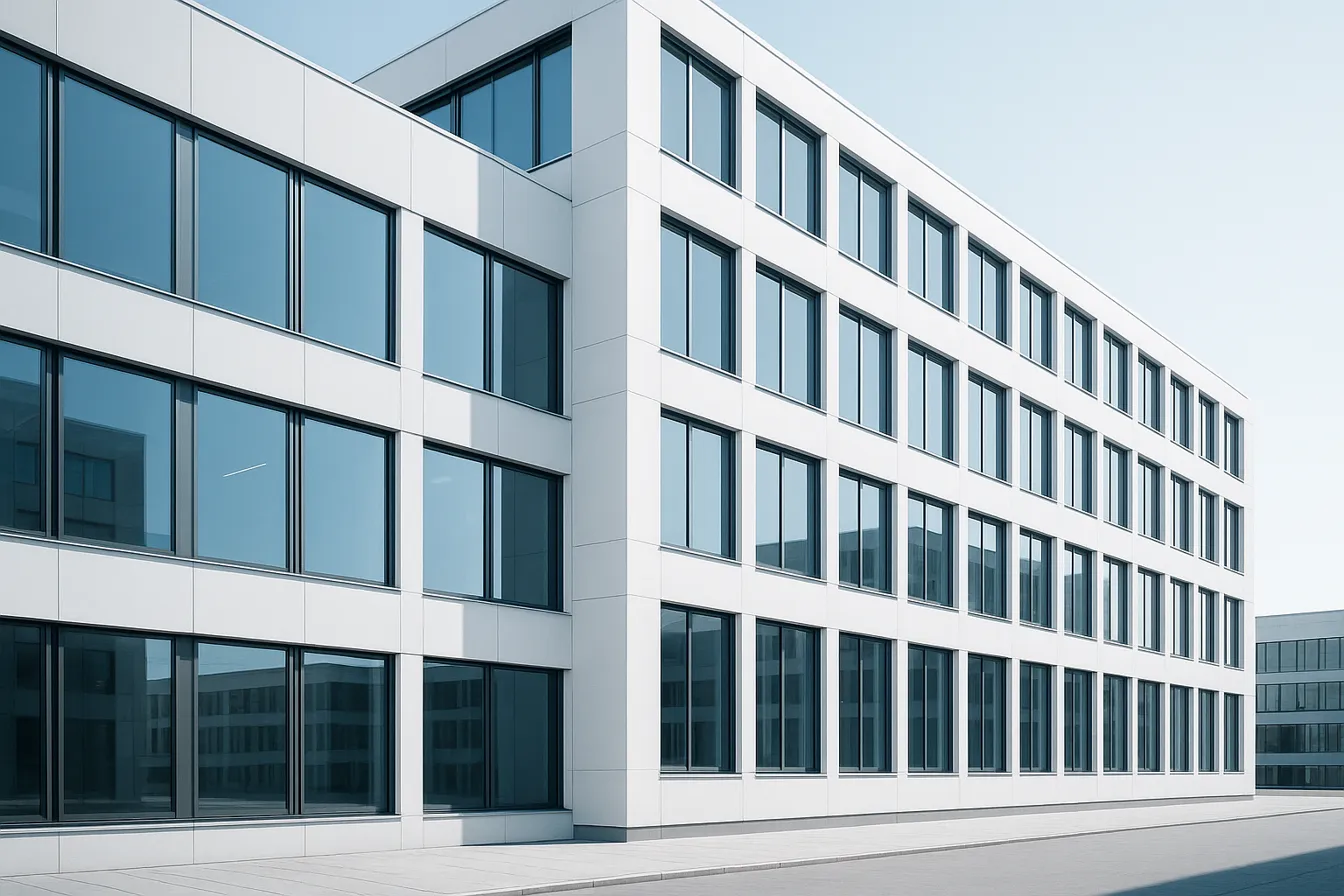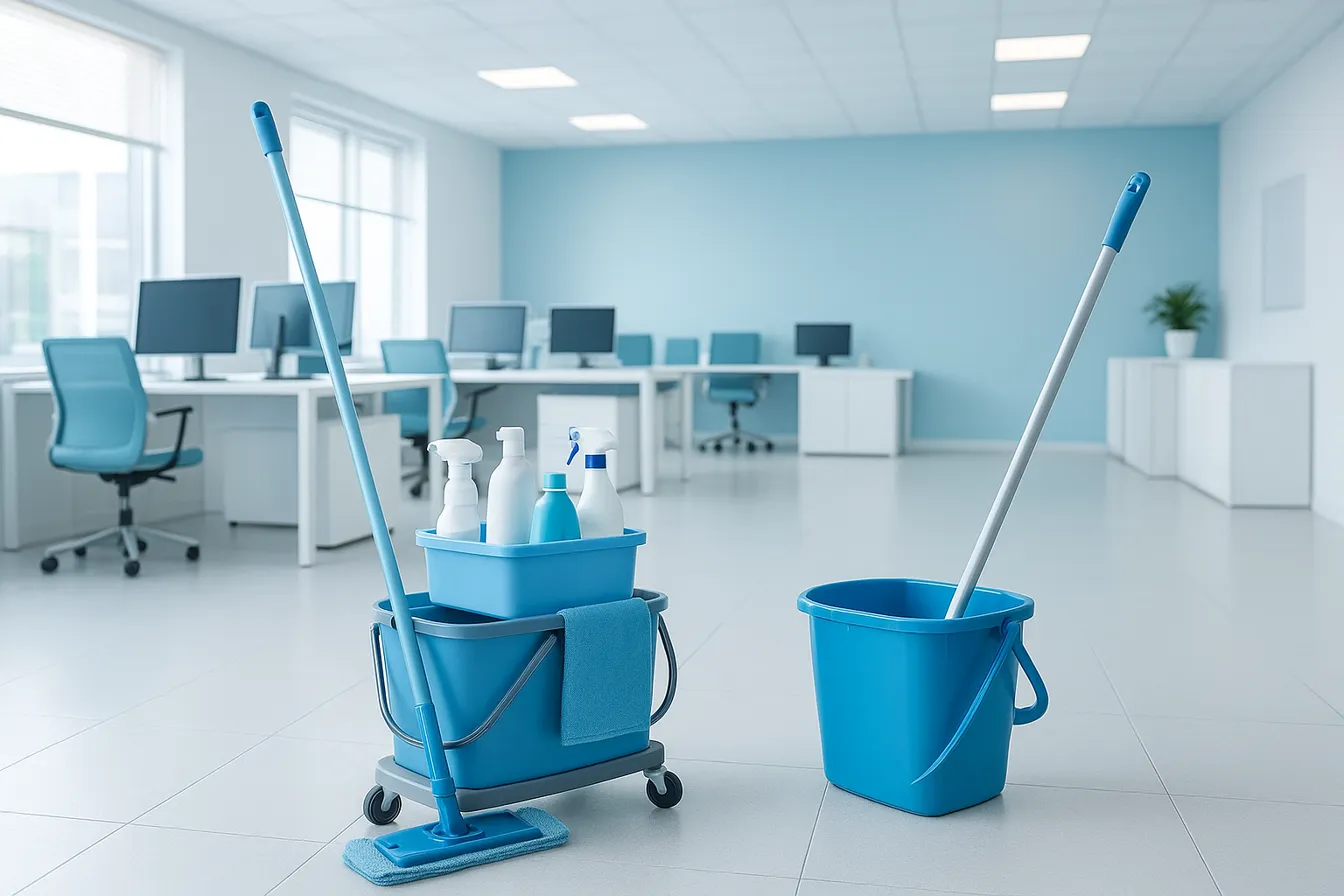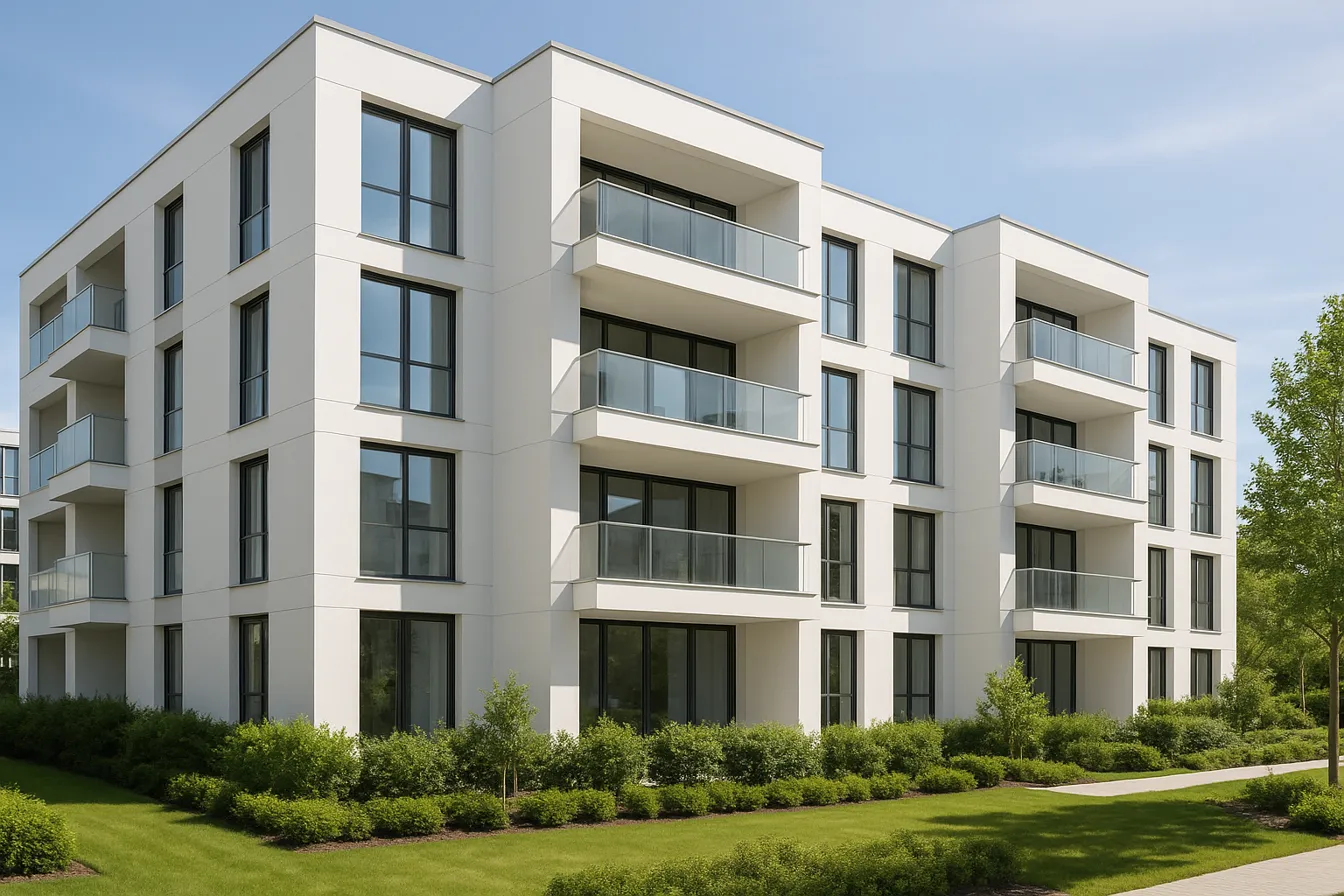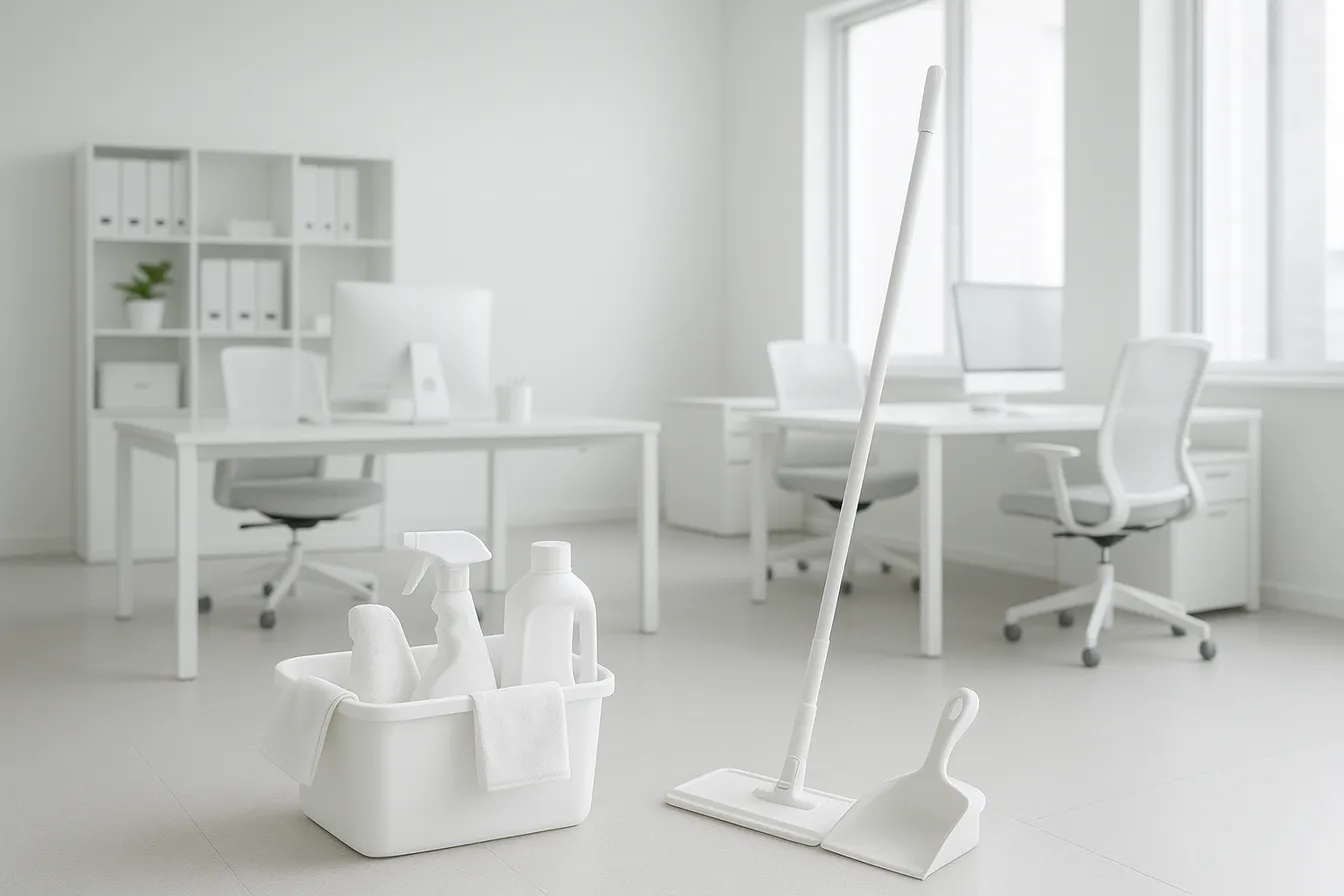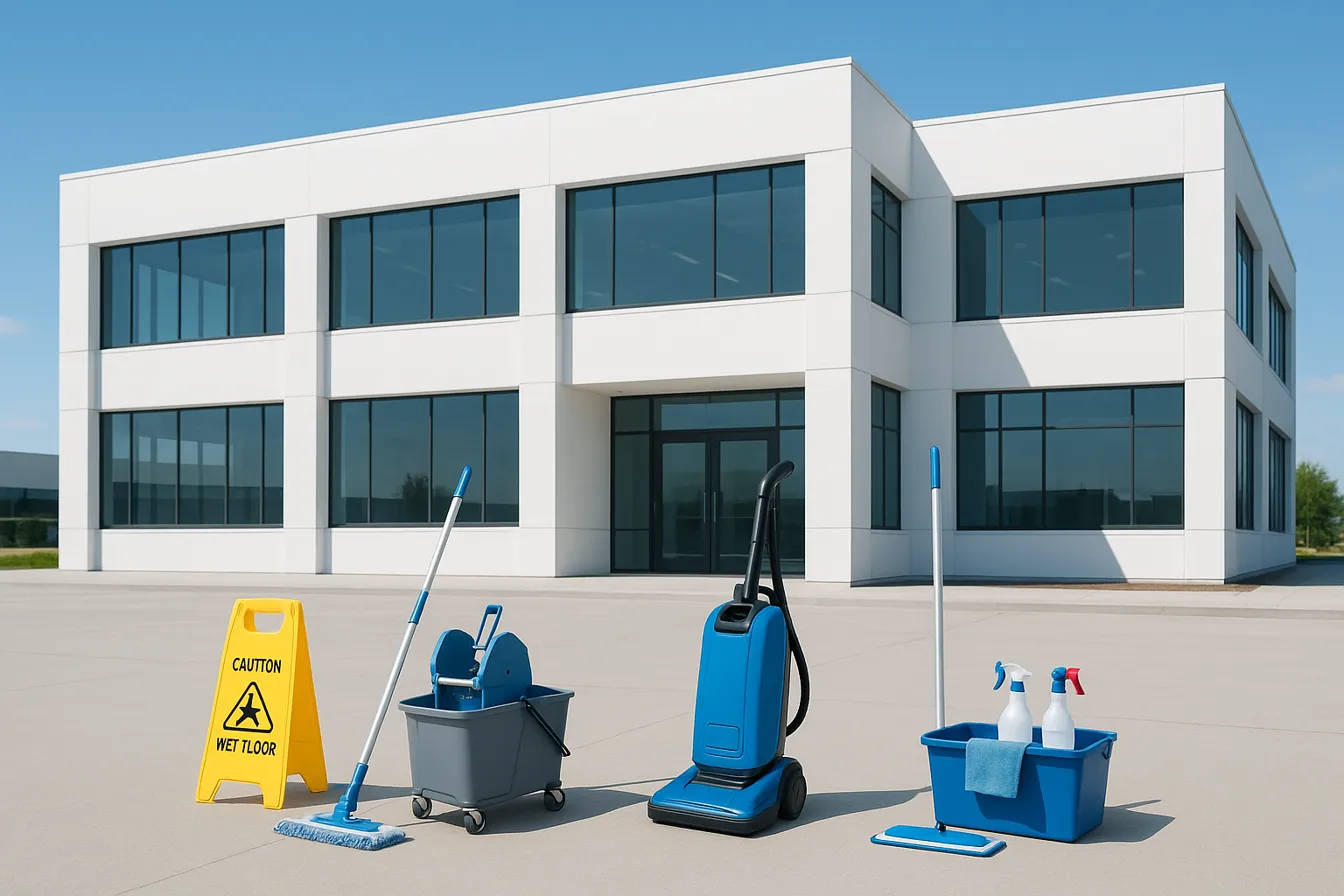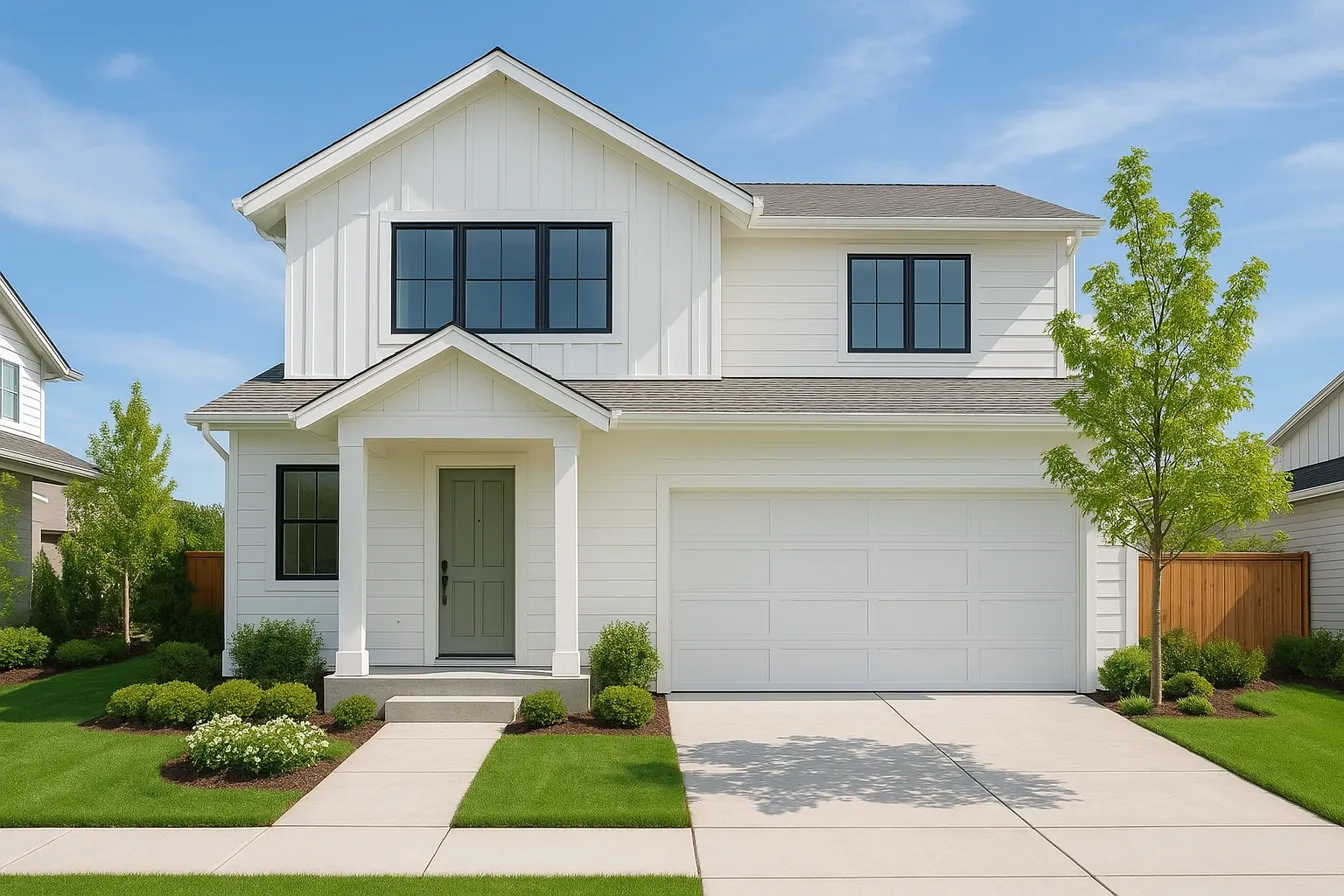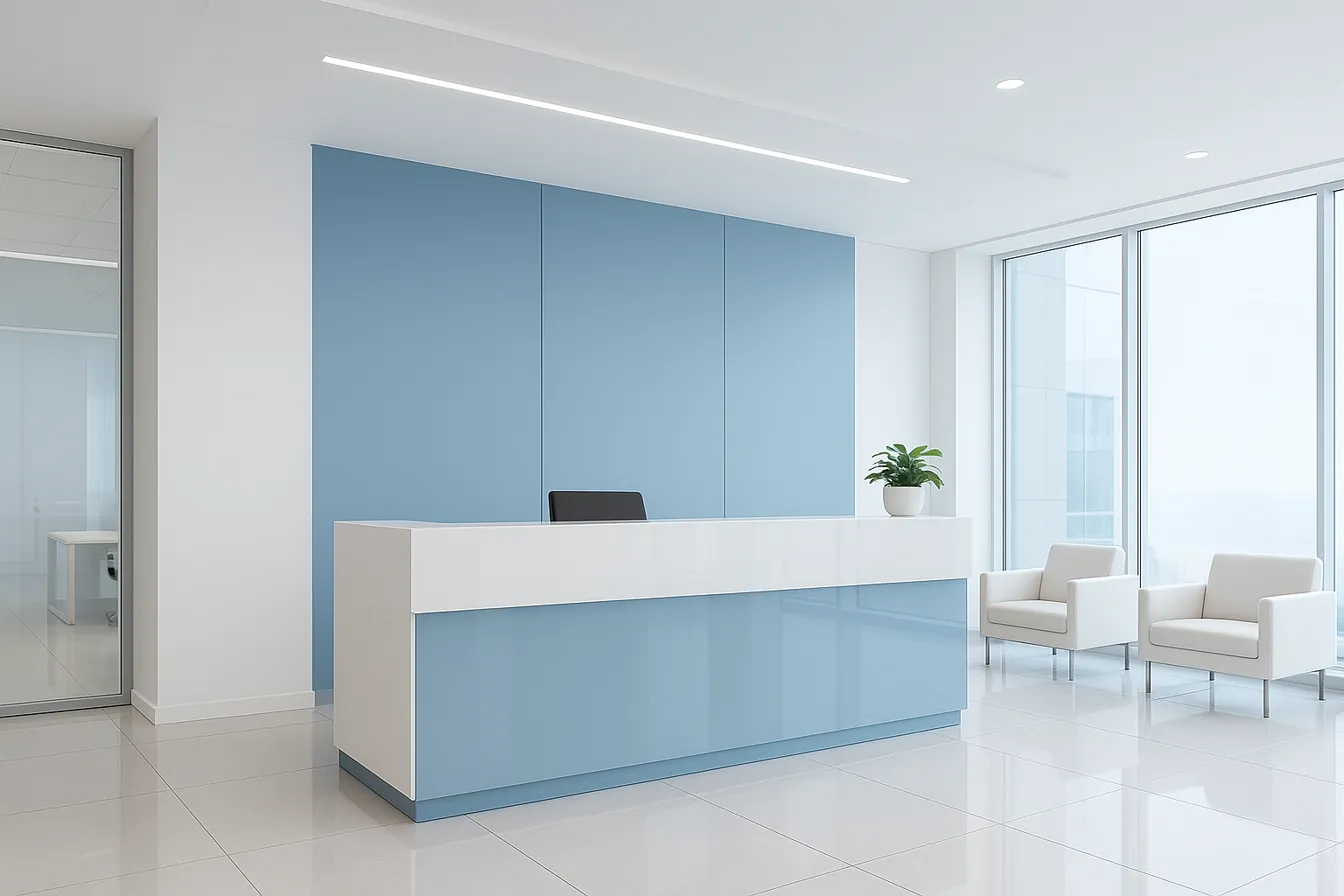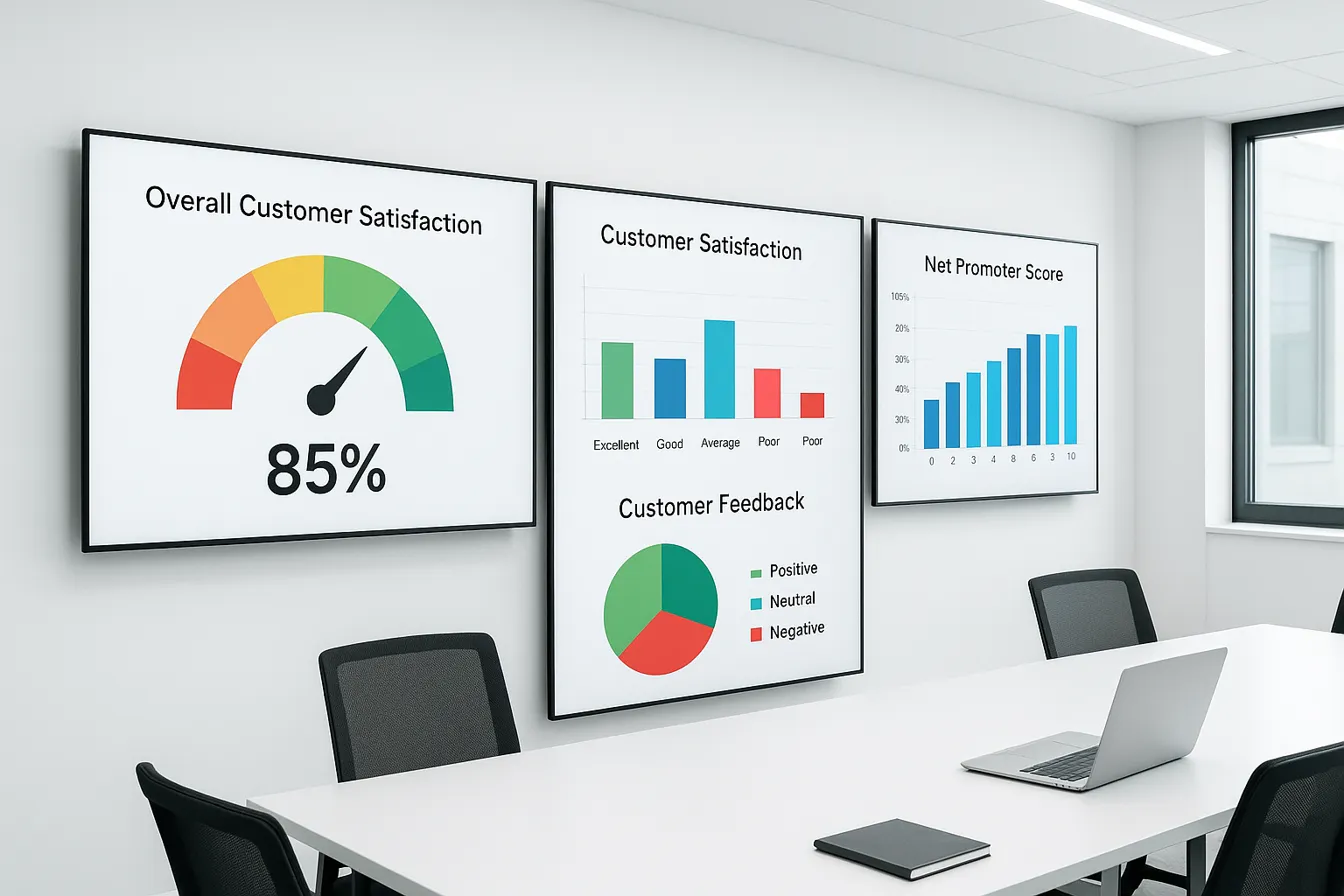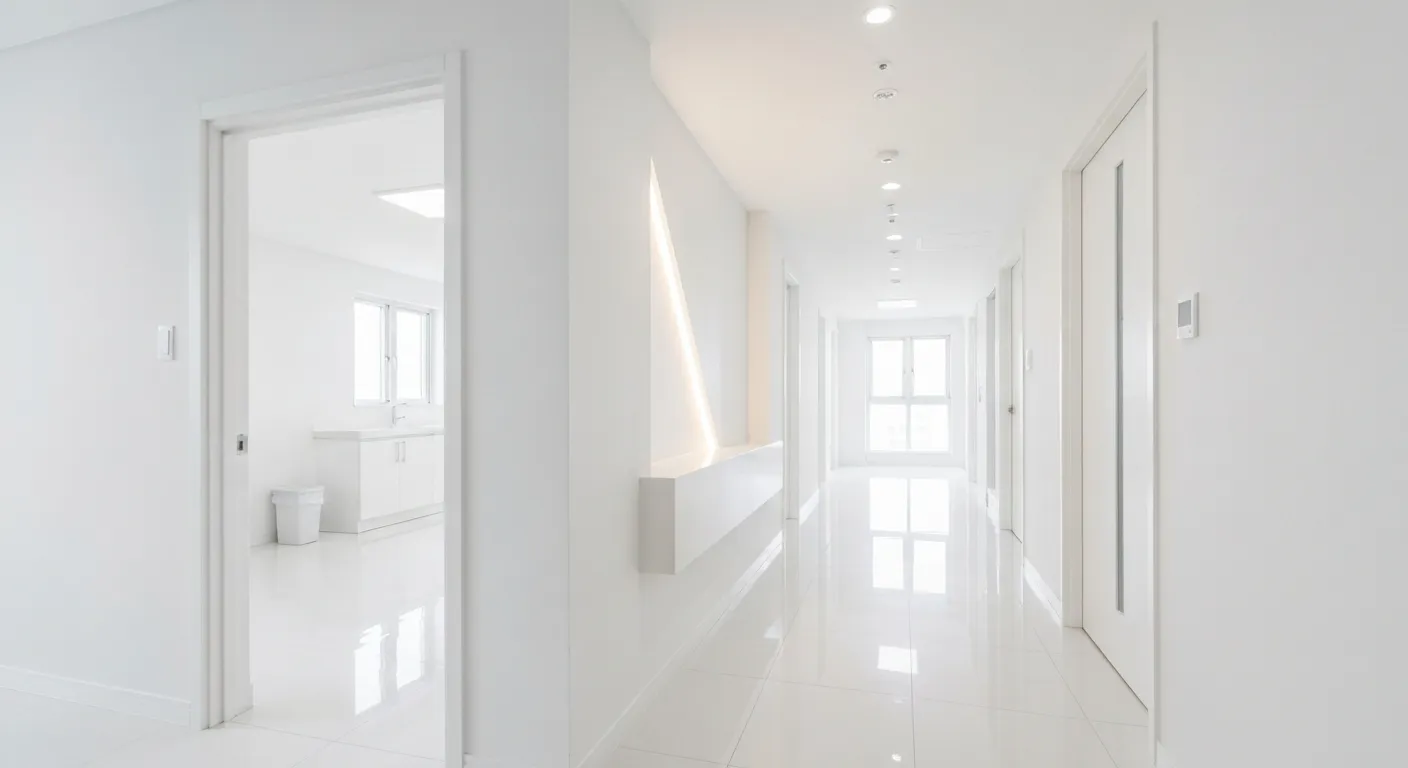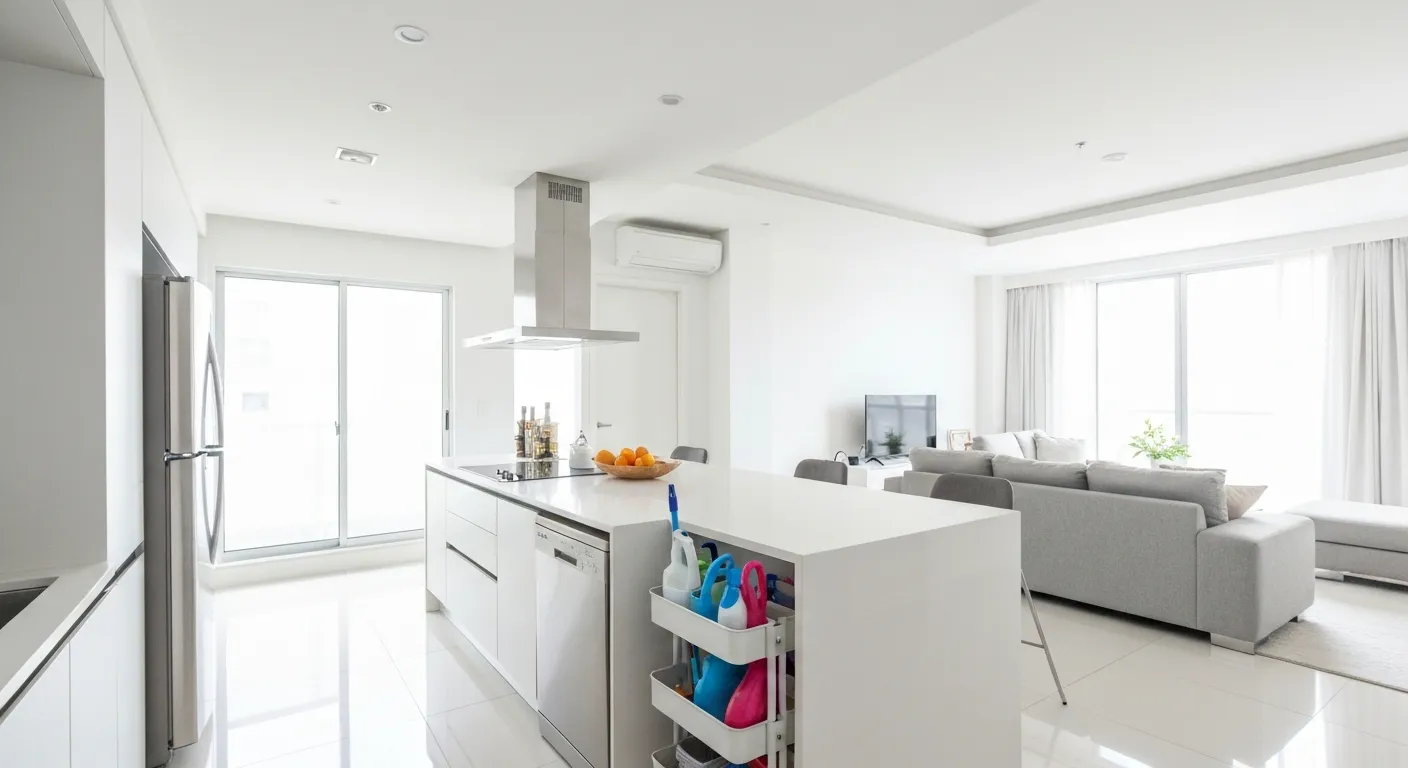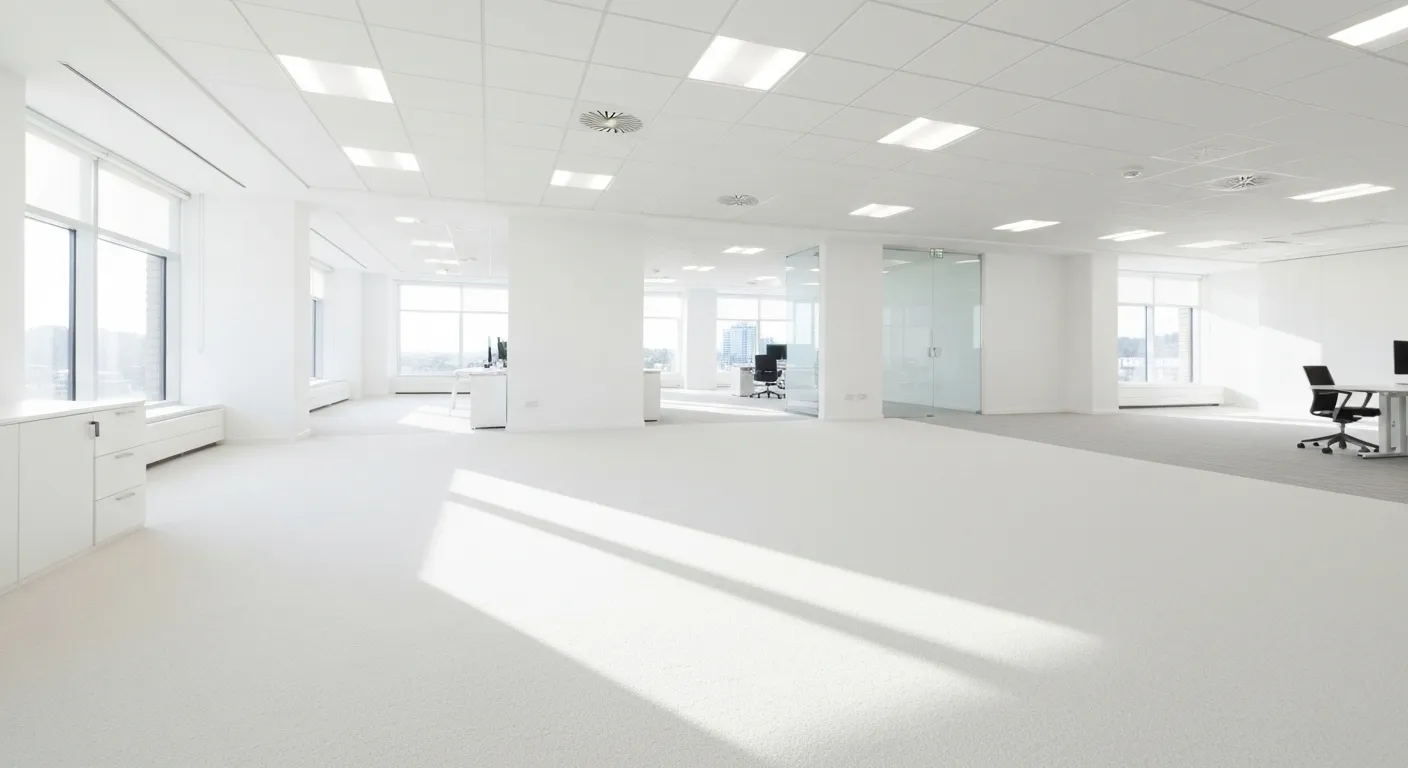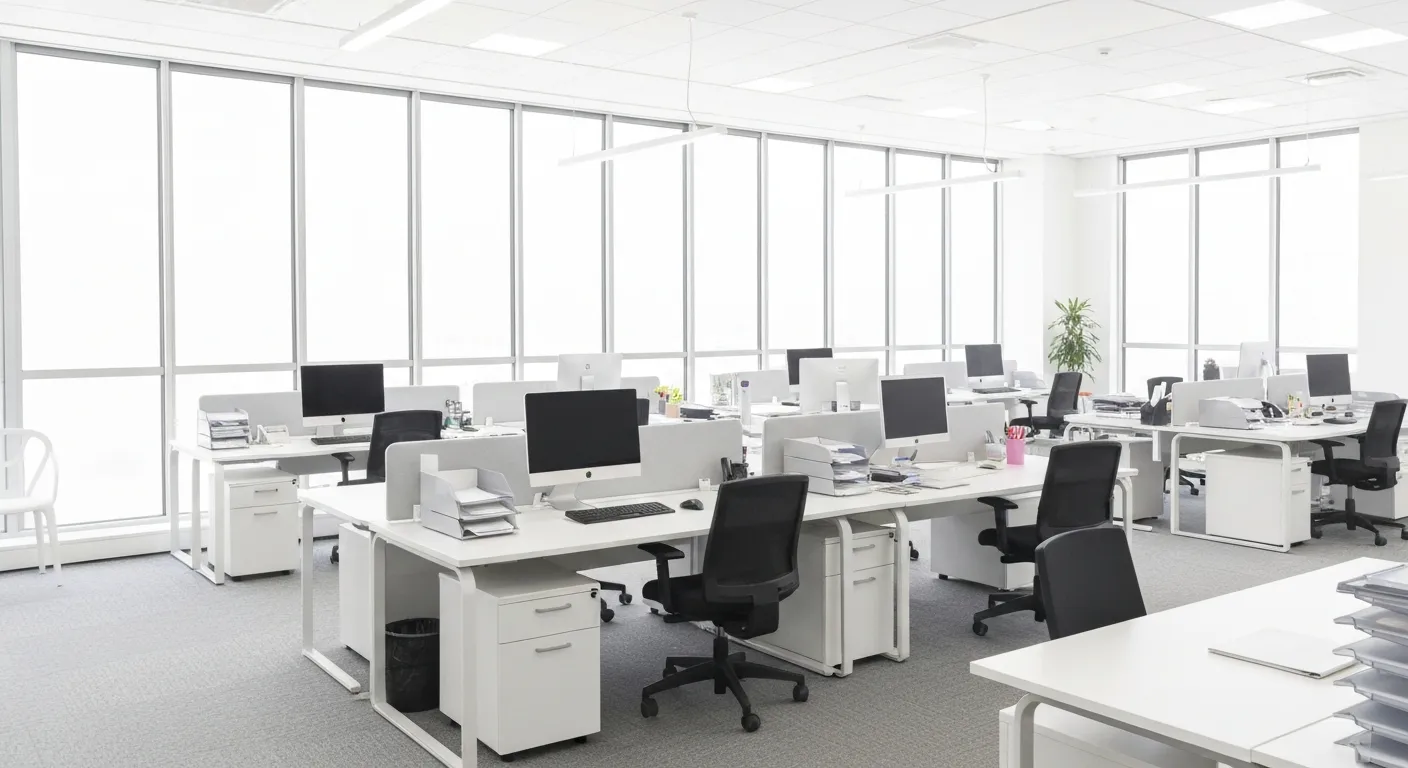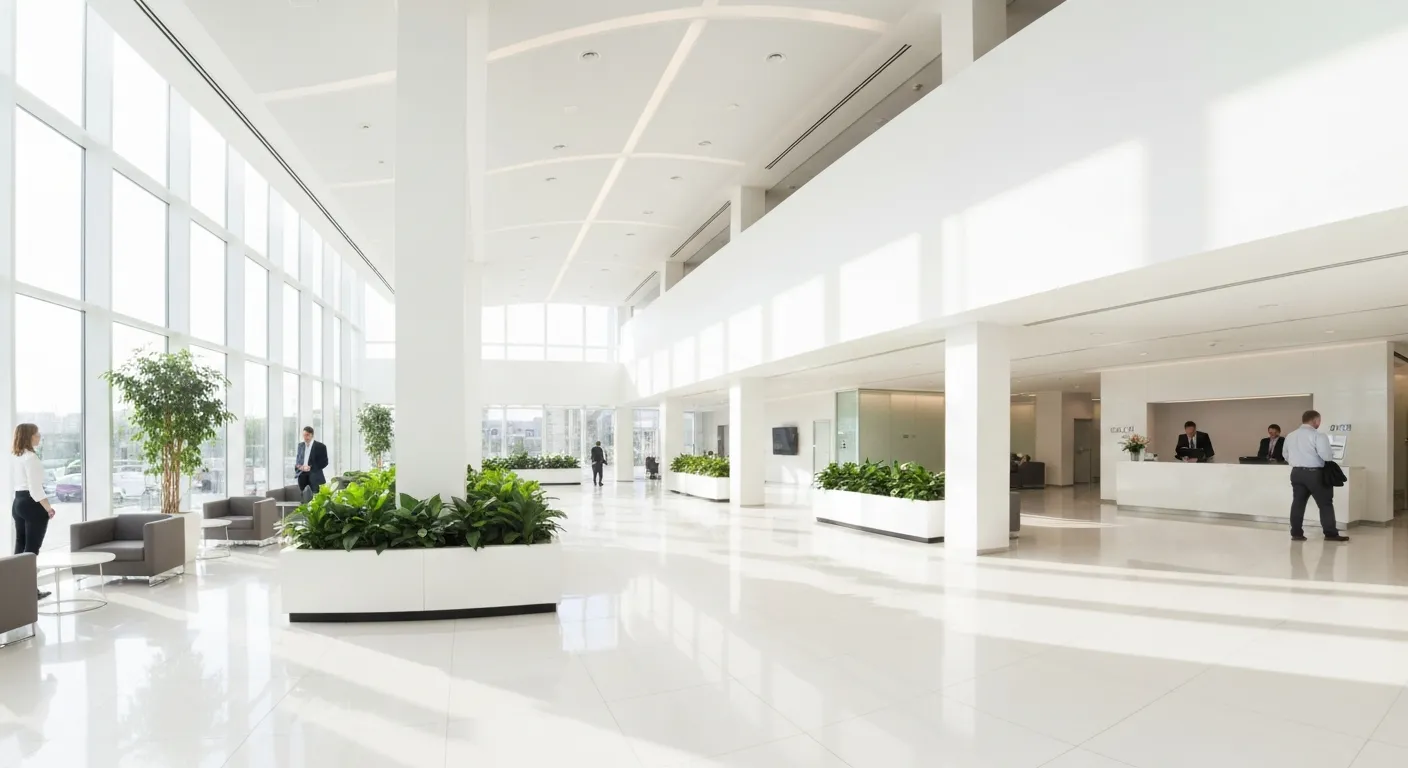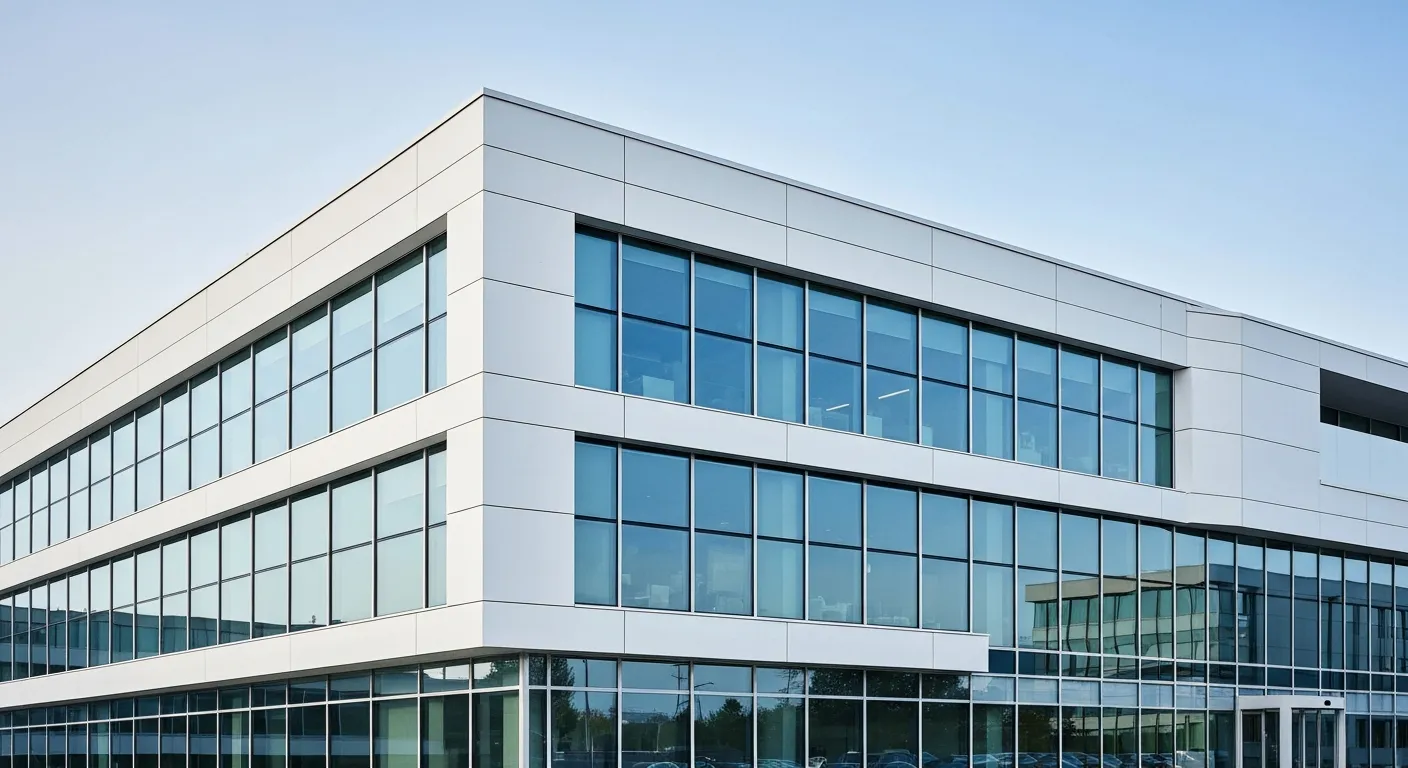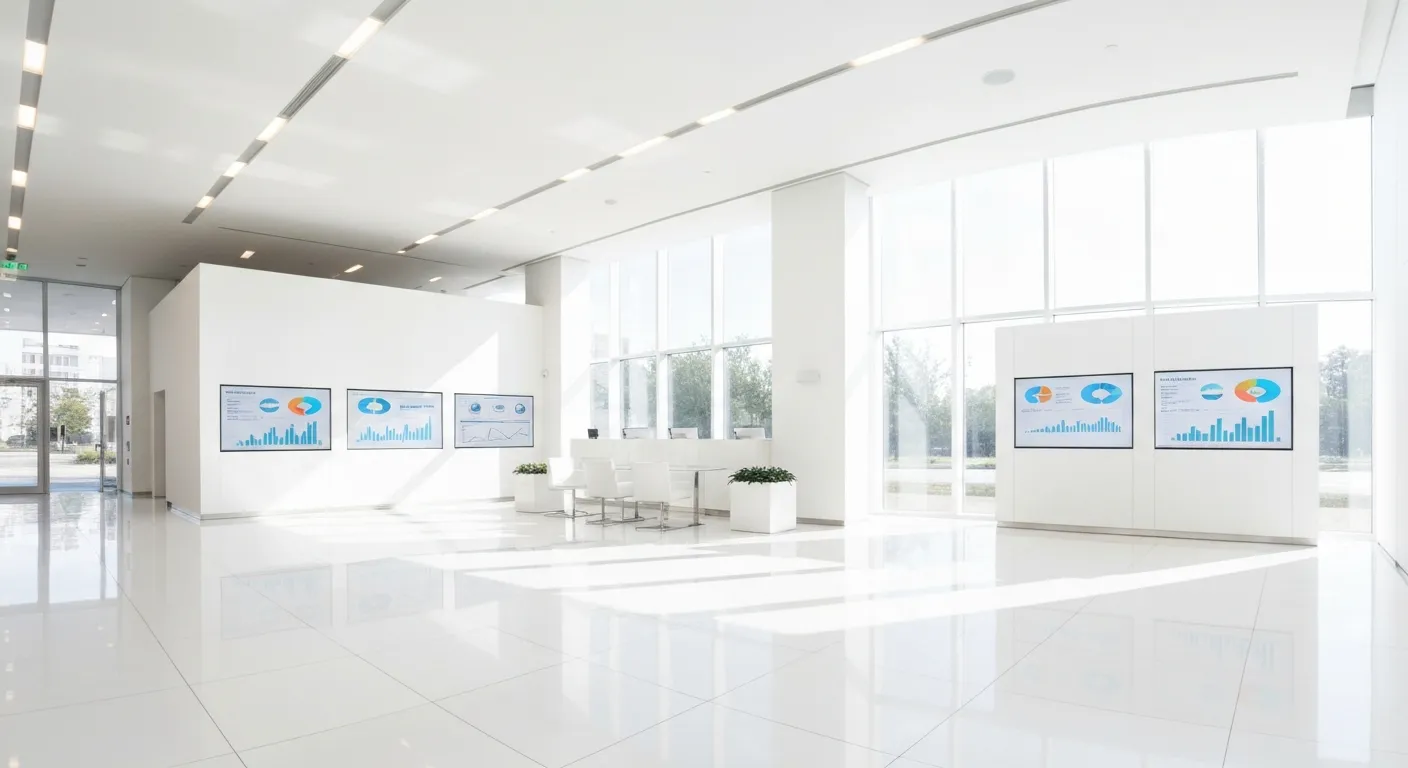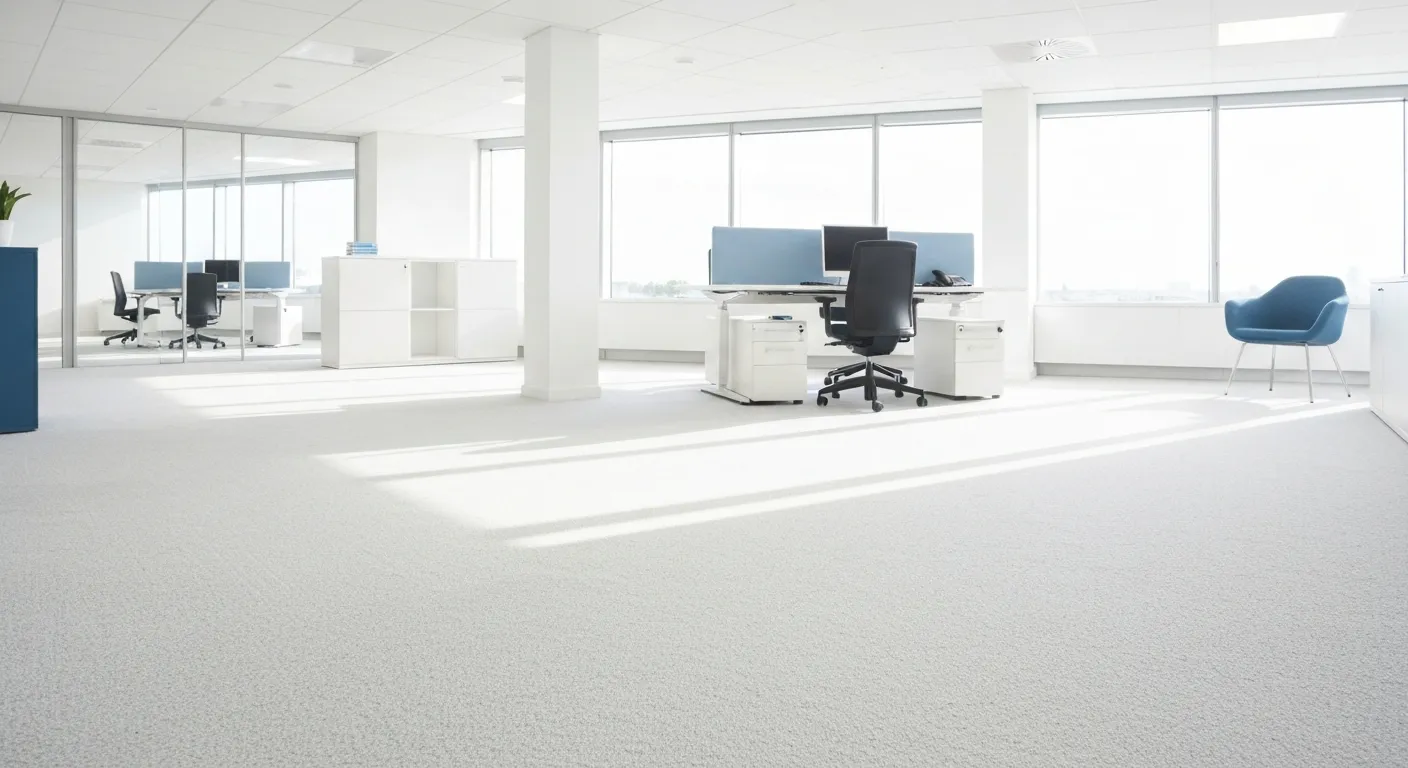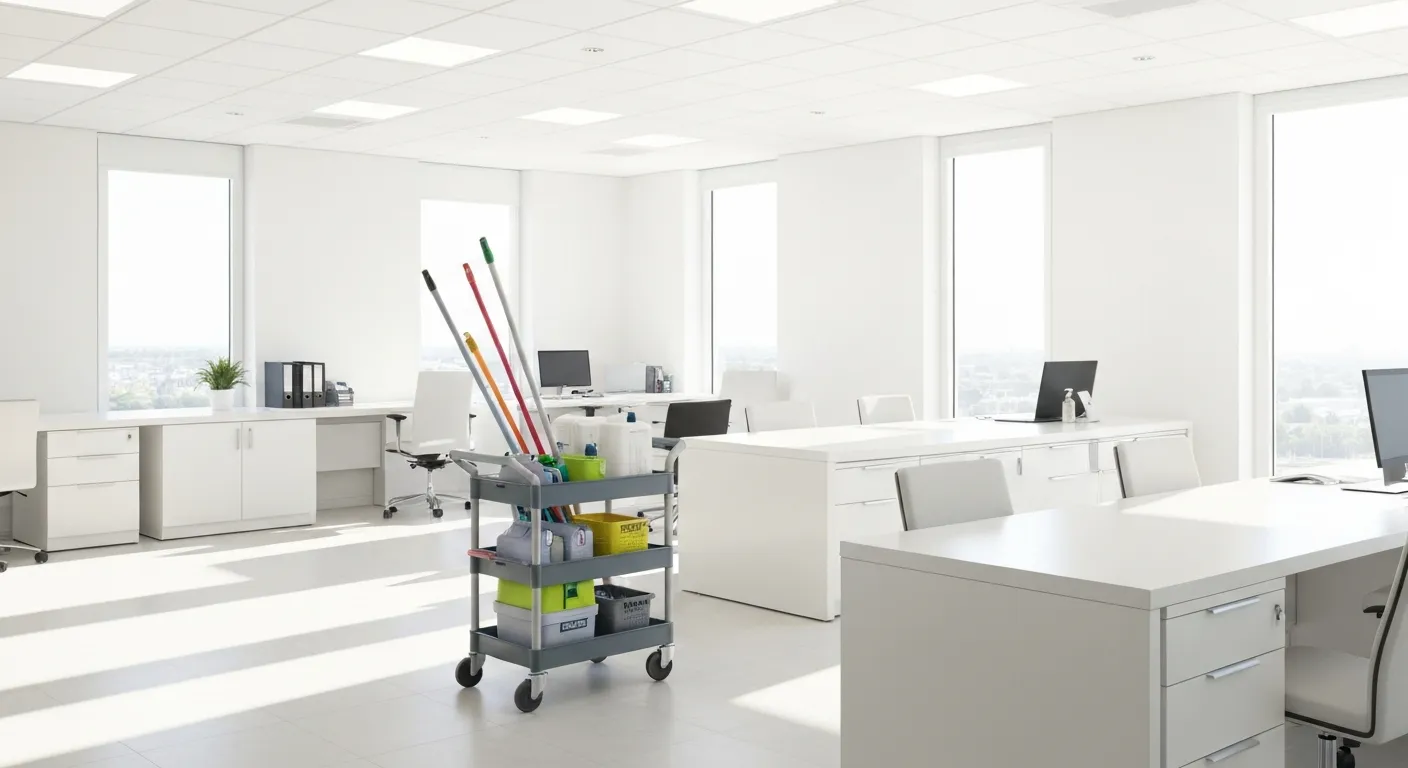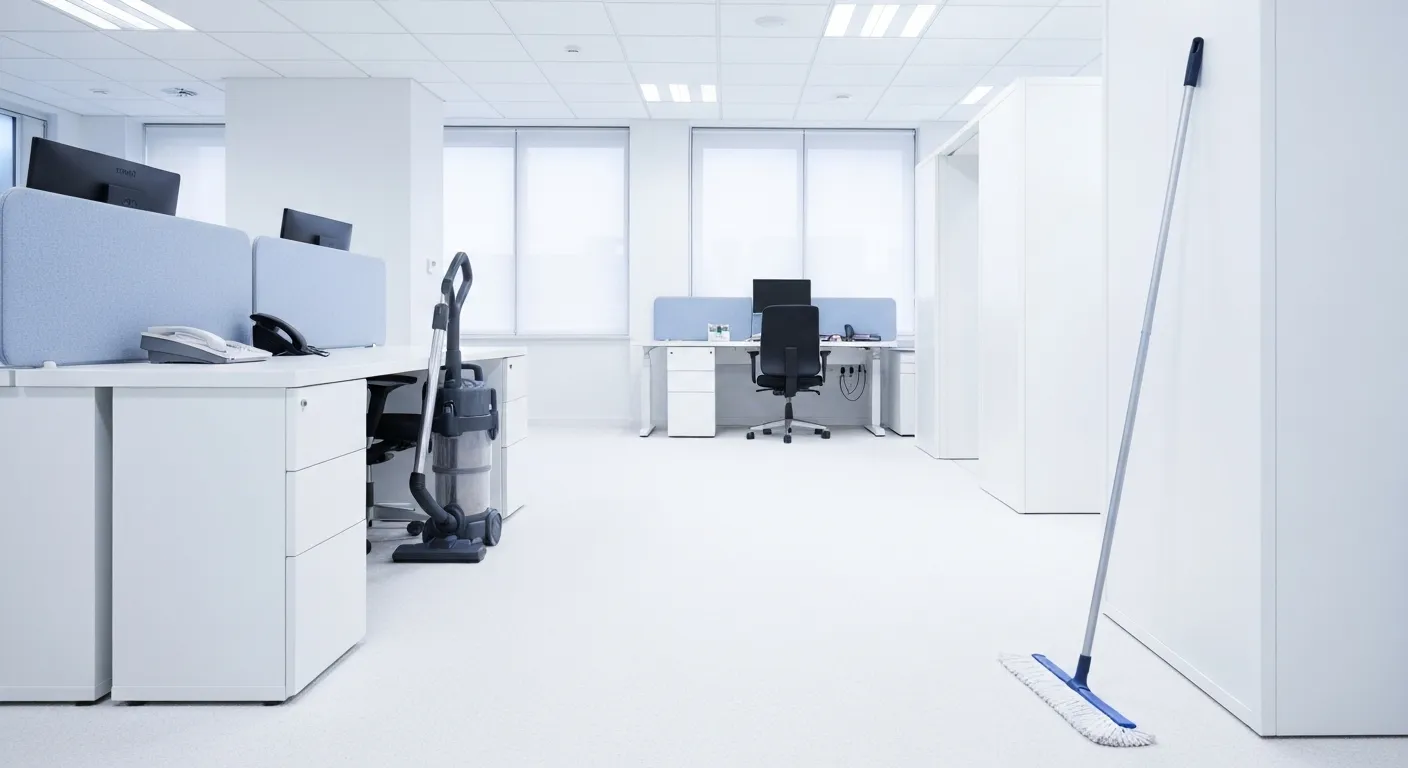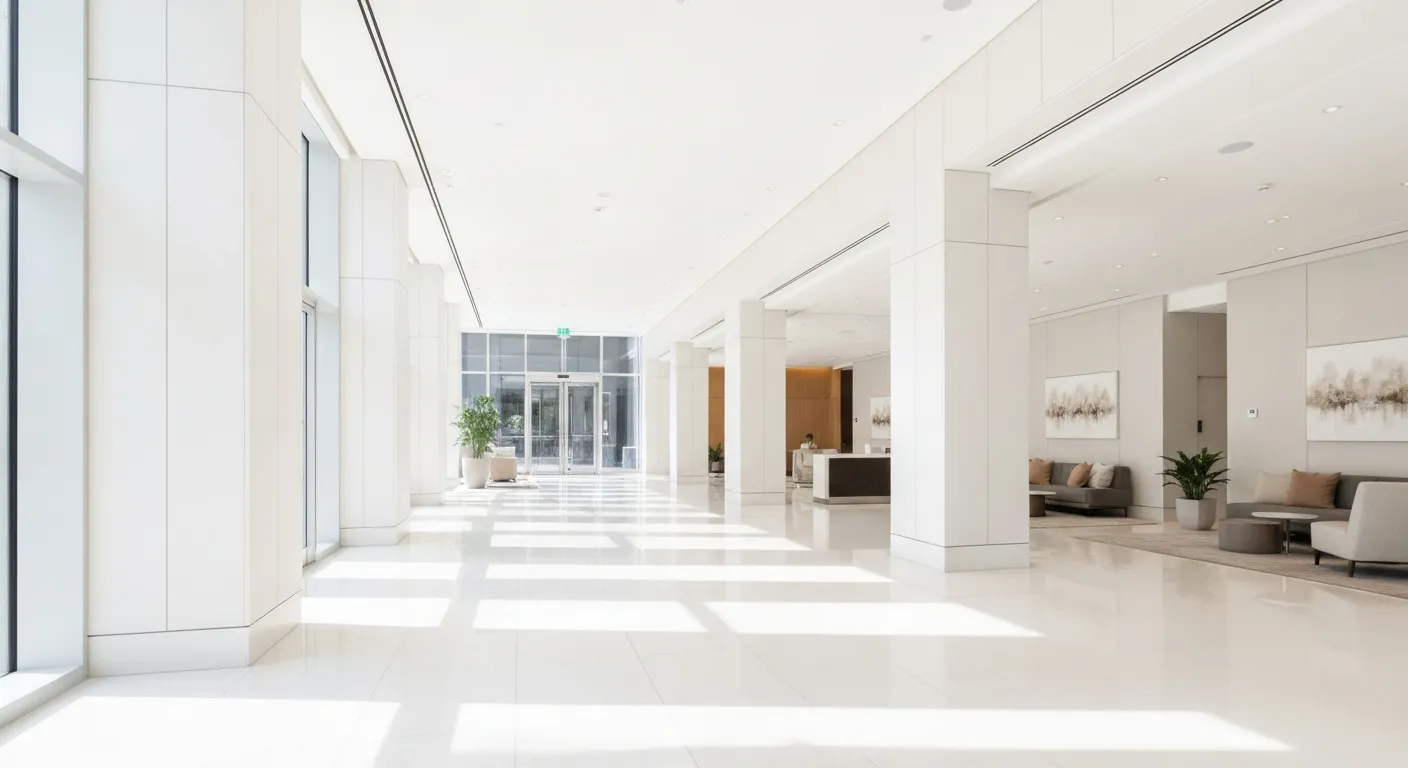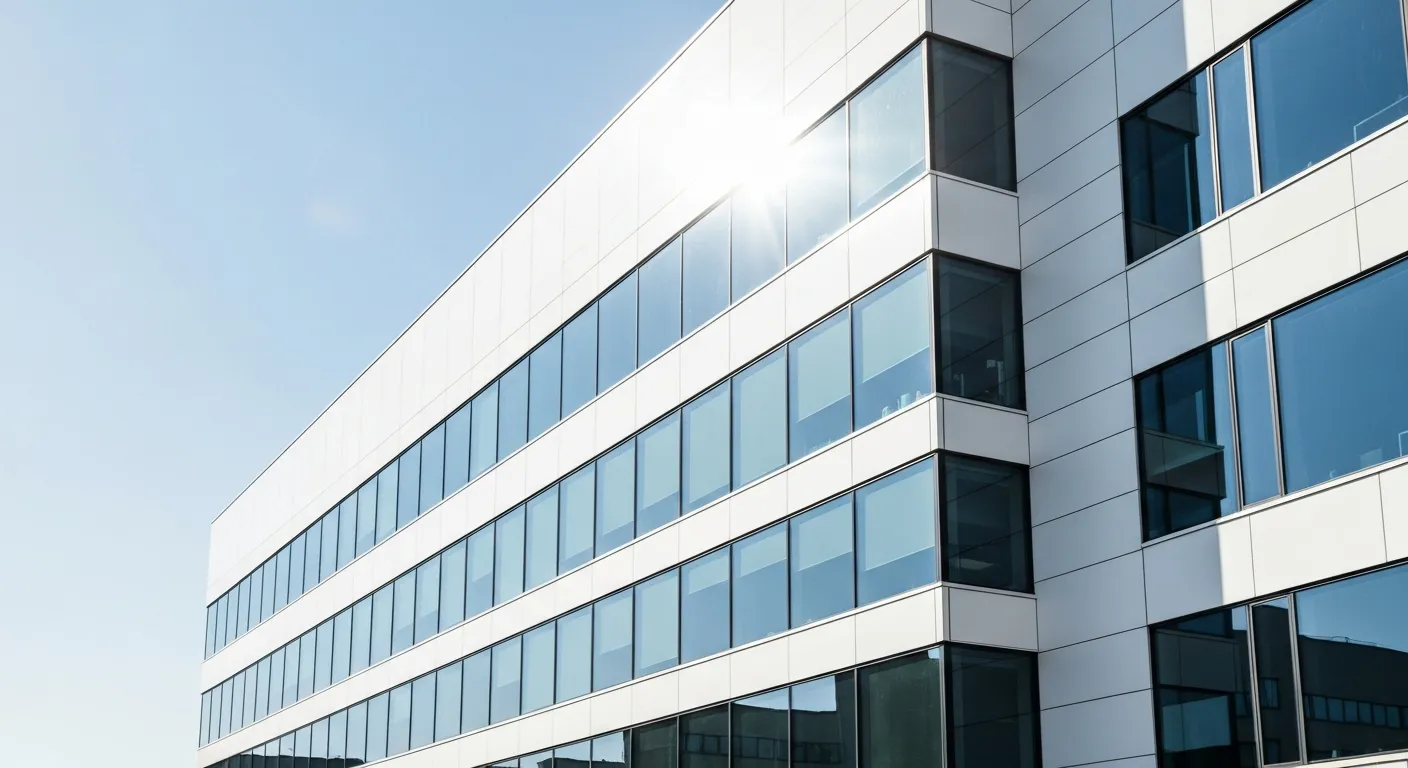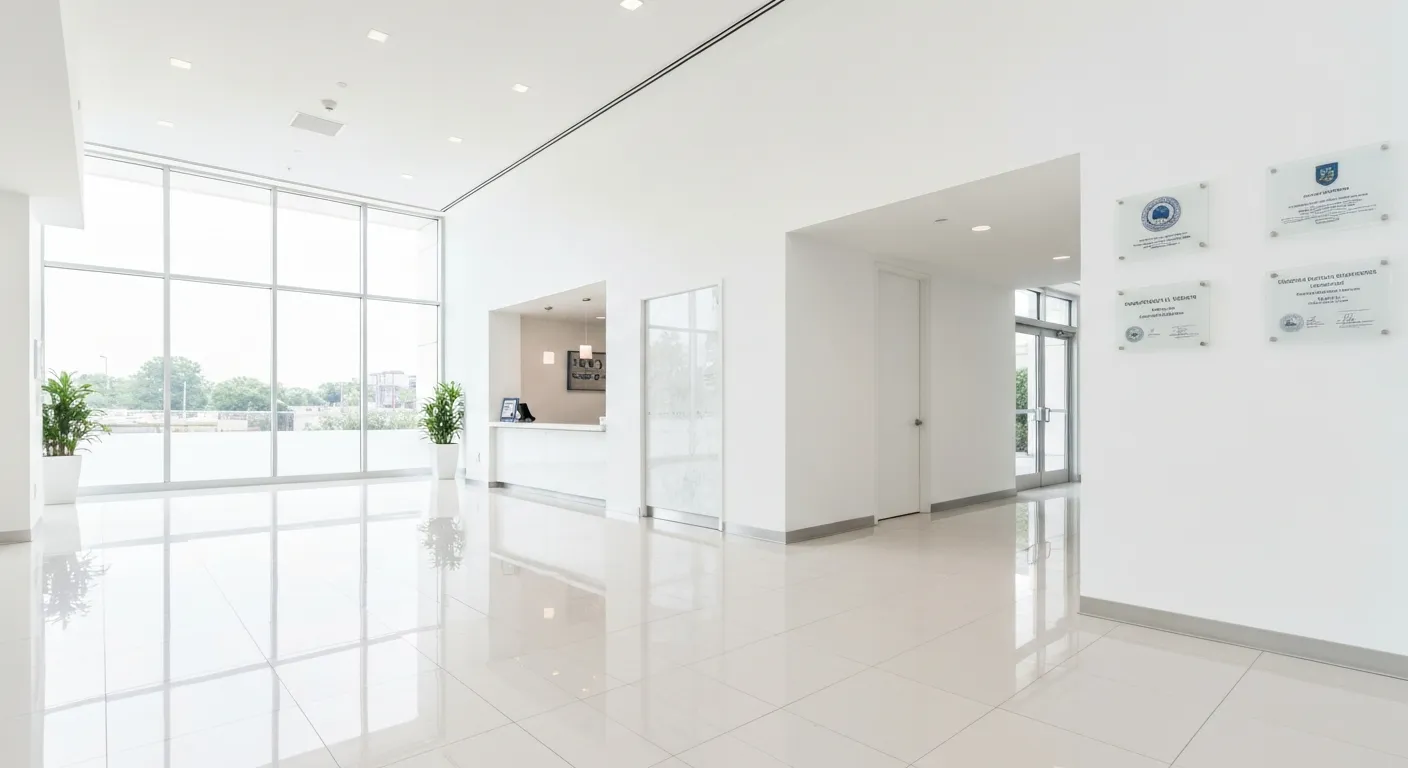How Cleanliness Affects Tenant Retention: Key Stats for Landlords
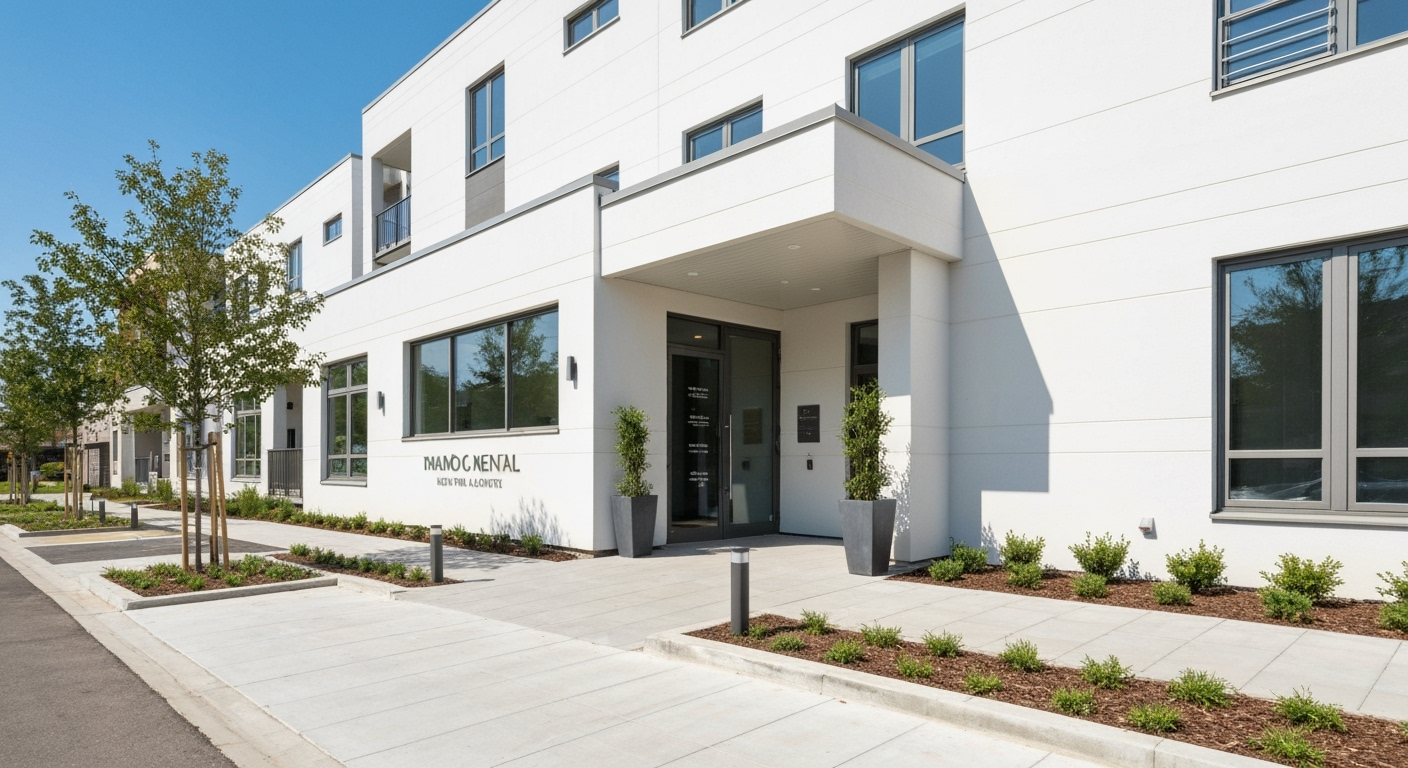
The Power of Cleanliness in Tenant Retention
In the competitive rental market, landlords are increasingly recognizing that cleanliness is not merely a basic expectation but a strategic asset that significantly influences tenant retention and property value. This article explores how maintaining high standards of cleanliness and property upkeep directly impacts tenant satisfaction, lease renewals, and ultimately a rental property's profitability and reputation. By examining key stats, best practices, and the broader effects of cleanliness, landlords can glean actionable insights to enhance tenant loyalty and reduce costly turnover.
Cleanliness as a Cornerstone of Tenant Retention
How does cleanliness impact tenant retention rates?
Cleanliness is fundamental to keeping tenants satisfied and encouraging them to renew their leases. A well-maintained, spotless property creates a safe, inviting, and healthy environment that tenants feel proud of and comfortable in. When tenants see that their living space is regularly cleaned and properly cared for, it builds trust and demonstrates that the landlord values their well-being.
A clean property minimizes health risks by reducing mold, pests, and other hazards, which can otherwise lead to major repairs and dissatisfaction. Additionally, a tidy and well-kept environment reduces stress and creates positive emotional attachments, making tenants more likely to stay long-term.
Investing in cleanliness not only boosts tenant happiness but also lowers costs associated with high turnover, such as frequent advertising, repairs, and vacancy periods. Overall, cleanliness significantly influences occupancy rates by making the property more attractive and reliable for tenants.
How cleanliness influences lease renewals and tenant loyalty
High standards of cleanliness directly correlate with better tenant relationships and stronger loyalty. Regular cleaning routines and proactive maintenance help address potential issues before they escalate, ensuring tenants experience minimal disruptions.
Properties that prioritize hygiene foster trust by showing tenants that their comfort and health are priorities. Clear communication about cleaning schedules, quick responses to maintenance requests, and eco-friendly practices can deepen these relationships.
Furthermore, tenants who are satisfied with the cleanliness and condition of their home are more inclined to renew their leases, especially when coupled with positive interactions and responsive management. Cleanliness also attracts quality tenants who value a well-maintained space, which contributes to stable, long-term occupancy.
How important is cleanliness in tenant retention compared to other property factors?
While location, rent price, and amenities are critical, cleanliness often remains the top factor influencing tenant retention. A spotless, well-designed accommodation leaves a lasting good impression and enhances comfort.
Maintaining high cleanliness standards helps prevent disputes related to poor condition or hygiene, thus reducing turnover. It also positively affects the property's reputation in the community.
Though other features like upgraded fixtures, landscaping, or modern appliances matter, they are generally less impactful than the perception of a clean, safe living environment. Ultimately, cleanliness directly impacts tenants' satisfaction, comfort, and their willingness to stay, making it a central aspect of effective property management.
How Cleanliness Drives Tenant Satisfaction and Rental Success

What is the relationship between property cleanliness standards and tenant satisfaction?
There is a strong positive link between how clean a rental property is and how satisfied tenants feel. Regular, thorough cleaning routines help create a healthier and more inviting living space. When properties are well-maintained and free of dirt and grime, tenants experience increased comfort and pride in their homes.
Good cleanliness also makes a positive first impression, which can reduce complaints and foster a sense of community pride. This, in turn, encourages tenants to stay longer. Moreover, cleanliness minimizes health risks like mold growth and pest infestations, leading to fewer disruptions and repair needs.
In short, maintaining high cleanliness standards is vital for boosting tenant happiness and promoting long-term leases, benefitting landlords by stabilizing rental income.
How does cleanliness affect tenant perceptions and overall rental property success?
Cleanliness significantly influences how tenants view rental properties. A tidy and well-kept space appears more professional and appealing, generating positive perceptions of the landlord's effort and care.
A clean property enhances visual appeal and creates a healthier environment by reducing dust, mold, and pests. These factors boost tenant satisfaction and increase the chances they will renew their lease. When tenants see that a property is properly maintained, they often feel more valued and secure.
In terms of market impact, maintaining a clean property allows owners to charge higher rents and attract quality tenants. Conversely, dirty and neglected units tend to have higher turnover rates and lower rental income.
Overall, high standards of cleanliness are essential for sustaining property value and ensuring long-term success in the rental market.
Property Value and Marketability: The Financial Benefit of Cleanliness

What role do cleanliness and property maintenance play in maintaining and increasing property value?
Cleanliness and maintenance are essential for protecting and enhancing a rental property's value. A well-kept property creates a strong first impression, boosting curb appeal and attracting quality tenants. Regular upkeep, such as landscaping, inside cleaning, and repairs, prevents deterioration and expensive future repairs, helping to preserve the property's worth. Clean environments signal good care and promote faster appraisals, which can lead to higher offers and rental rates. Additionally, consistent maintenance improves tenant satisfaction, encouraging longer occupancy and reducing vacancy periods. Overall, maintaining a clean and well-maintained property safeguards its current value and promotes appreciation over time.
How cleanliness influences rental rates and vacancy rates
A clean property can command higher rent because tenants often associate cleanliness with comfort, safety, and quality. Conversely, neglecting cleanliness and repairs can lead to higher vacancy rates as prospective tenants seek better-maintained options. Cleanliness also speeds up the leasing process by making units more appealing and move-in ready. Regular deep cleaning, timely repairs, and well-maintained outdoor spaces contribute to a positive reputation, making tenants more likely to renew lease agreements. This stability minimizes costly vacancies and turnover costs, ultimately boosting profitability.
Data supporting cleanliness importance for landlords
Research supports the significance of cleanliness for positive tenant outcomes. For example, 87% of Americans report feeling their best in clean environments, emphasizing the health and well-being benefits. In commercial settings, 92% of customers are influenced by cleanliness, and 90% avoid businesses with poor hygiene. These figures highlight the strong link between cleanliness and satisfaction. For landlords, maintaining high standards can lead to better tenant retention, improved reputation, and higher market value. Regular cleaning routines and proactive maintenance safeguards the property while attracting responsible tenants.
| Aspect | Importance | Supporting Data | Practical Tip |
|---|---|---|---|
| Property value | Maintains and enhances value | Regular upkeep, repairs, landscaping | Conduct routine inspections and deep cleans |
| Rental rates | Higher rents due to property condition | Clean, attractive units appeal to tenants | Invest in professional cleaning and repairs |
| Vacancy rates | Reduced vacancies | Well-maintained properties attract tenants | Focus on curb appeal and prompt maintenance |
| Tenant satisfaction | Promotes longer tenancy | 87% of Americans feel best in clean environments | Schedule regular cleaning and maintenance |
Effective Cleaning and Maintenance Strategies to Boost Tenant Loyalty
What are the best practices for maintaining cleanliness to improve tenant retention?
To keep tenants satisfied and encourage them to stay longer, property managers should adopt routine cleaning practices for both indoor and outdoor areas. Regularly cleaning common spaces, hallways, and external surroundings creates a positive first impression.
Routine inspections are crucial for early detection of potential issues, preventing costly repairs later. Preventive maintenance helps address minor problems before they worsen, maintaining a safe and healthy environment.
Deep cleaning sessions, especially in high-traffic zones and tenants’ living spaces, enhance the overall appeal of the property. Clear communication with tenants about scheduled maintenance tasks and encouraging them to report hazards foster a collaborative and transparent environment.
Investing in exterior cleanliness, landscaping, and well-maintained amenities further boosts curb appeal. These elements not only attract new tenants but also motivate current tenants to renew their leases.
What strategies for cleaning and upkeep can enhance tenant satisfaction?
Enhancing tenant satisfaction involves more than routine cleaning. It requires a comprehensive approach that includes routine checks and proactive maintenance of essential systems such as HVAC, plumbing, and electrical setups.
Maintaining exterior areas like lawns, walkways, and parking lots improves the property's visual appeal and accessibility, making tenants feel valued and comfortable.
Periodic upgrades to amenities and ensuring safety features like smoke detectors and secure locks are functional contribute significantly to tenant comfort.
Effective communication also plays a pivotal role. Using online platforms or regular updates to inform tenants about upcoming maintenance or repairs demonstrates attentiveness and care.
Listening to tenant feedback and acting promptly not only resolves issues quickly but also fosters trust and loyalty, encouraging tenants to view the property as a cared-for and safe home.
Investing in these cleaning and maintenance practices creates a welcoming environment that tenants are more likely to want to stay in long-term, reducing turnover and increasing overall property value.
Communication and Responsiveness: Enhancing Cleanliness Efforts with Tenant Engagement
How does cleanliness influence reducing tenant turnover and vacancy rates?
Cleanliness directly impacts how tenants perceive their living environment. A clean property makes a strong first impression and fosters a sense of pride and satisfaction among residents. Regular cleaning and maintenance help keep units in move-in condition, appealing to prospective tenants and encouraging lease renewals. It also contributes to healthier living spaces by reducing mold and pest problems, which can cause tenants to leave.
Maintaining high standards of hygiene and care not only minimizes wear and tear but also reduces disputes over property conditions. Overall, investing in cleanliness and upkeep supports tenant retention, cuts down on turnover costs, and boosts the property's market value.
How important is communication about maintenance to tenant loyalty?
Open and honest communication regarding maintenance tasks significantly enhances tenant trust and satisfaction. When landlords provide timely updates about repair schedules, respond quickly to issues, and allow tenants to share feedback, they demonstrate professionalism and attentiveness. This proactive approach prevents frustrations associated with delays or overlooked repairs.
Using maintenance management systems and offering support around the clock can further improve the tenant experience. When tenants feel valued and confident in their landlord’s responsiveness, they are more likely to renew their lease and stay longer. Clear communication about upkeep efforts, alongside consistent cleanliness practices, builds a positive relationship that benefits both tenants and property owners.
The Lasting Impact of Cleanliness on Tenant Retention
Cleanliness is a foundational pillar that significantly supports tenant retention, enhances tenant satisfaction, and preserves property value. Through consistent and proactive cleaning routines, maintenance schedules, and transparent communication, landlords can foster a healthy, attractive living environment that tenants trust and appreciate. Well-kept properties not only command higher rents and attract quality tenants but also reduce vacancy durations and costly turnover expenses. As demonstrated by key statistics, the financial and reputational benefits of maintaining high cleanliness standards are profound. Ultimately, investing in cleanliness is an investment in long-term rental success, ensuring that tenants stay longer and landlords enjoy enduring profitability and positive community standing.
References
- Boosting Property Value: Hygiene & Cleanliness Key in Rentals
- Enhancing Your Rental Property: Top Strategies for Cleanliness and ...
- 5 Factors that Influence How Long a Tenant Will Stay
- How Regular Property Maintenance Improves Tenant Retention
- Examining the Complete Impact of Tenant Turnover on Property ...
- Actionable Strategies to Improve Tenant Retention and Cut Turnover ...
- The Impact of Clean Buildings on Tenant Retention
- How a Clean Property Can Increase Tenant Retention
- How to Maintain a Clean and Safe Property for Tenants
- Top 6 Methods to Increase Tenant Retention Rates










